Similar presentations:
The Mozart effect. Answer some questions
1.
The Mozart effect2.
Answer some questions3.
Do you like classicalmusic?
4.
Yes, I doNo, I don’t
5.
Do you like Mozart?6.
Yes, I doNo, I don’t
7.
How does classical musicmake you feel?
8.
It makes me feel…(calm,happy, relaxed, sad, sleepy,
thoughtful)
9.
Exercise 1Page 24
10.
Vocabulary11.
Awake – бодрыйFeel awake – ощущать
бодрость
12.
Calm – спокойный,умиротворённый
Feel calm
13.
HappyFeel happy
14.
Relaxed- расслабленныйFeel relaxed
15.
SadFeel sad
16.
SleepyFeel sleepy
17.
Thoughtful - задумчивыйFeel thoughtful
18.
Listen to 3 pieces of musicmy Mozart
19.
Recording 1.1220.
How does the first piecemake you feel?
21.
It makes mefeel……(awake, calm,
happy, relaxed, sad,
sleepy, thoughtful)
22.
How does the second piecemake you feel?
23.
It makes mefeel……(awake, calm,
happy, relaxed, sad,
sleepy, thoughtful)
24.
How does the third piecemake you feel?
25.
It makes mefeel……(awake, calm,
happy, relaxed, sad,
sleepy, thoughtful)
26.
Exercise 2Page 24
27.
Read the text on page 24Entitle each paragraph
28.
A. The right music to studybetter
B. Music for stress and pain
C. Get a better score(оценка)
and remember more
29.
Before you read paragraph1
30.
Don Campbell is anexpert on the Mozart effect
31.
Music is more thanentertainment
[entə’teinmənt]
32.
Affect [ə’fekt] -влиятьEffect [i’fekt] - эффект
33.
Music can reduce thestress of being ill
34.
The painkiller valium(элениум)
35.
Read paragraph 136.
Some people believe thatmusic is much more than
entertainment
[entə’teinmənt]. Don
Campbell, for example, is
an expert on the Mozart
effect [I’fekt]
37.
And he says that all kinds ofmusic, from Mozart to jazz,
from Latin to rock, can
affect our learning and our
health
38.
We all use music to help usrelax after a busy day at
work. However, Campbell
argues that music can also
reduce the stress of being ill,
especially by reducing pain
39.
And the director of Baltimore[bo:ltimə] Hospital says that
30 minutes of classical music
has the same effect as 10
milligrams of the painkiller
Vallium
40.
What’s the best heading?41.
A. The right music to studybetter
B. Music for stress and pain
C. Get a better score and
remember more
42.
Music for stress and pain43.
Before you read paragraph2
44.
You need the right kind ofmusic for your mood
(настроение)
45.
You should choose theappropriate (подходящий)
music to help you
46.
The music makes yourbrain more alert (бодрый)
and imaginative
47.
Read paragraph 248.
Campbell also believes thatmusic can help you
concentrate, but that you need
the right kind of music for
your mood
49.
And you need to listen forabout 10 minutes before you
start studying. Perhaps your
mind needs relaxing or
maybe you’re tired and you
want to feel more energetic
50.
So you should choose theappropriate music to help
you. He says that you can
use many different kinds of
music to help you
concentrate
51.
But that Mozart’s music ispopular because it’s very
organized and it makes your
brain more alert and
imaginative
52.
What’s the best heading?53.
A. The right music to studybetter
B. Music for stress and pain
C. Get a better score and
remember more
54.
The right music to studybetter
55.
Before you read paragraph3
56.
Music can improve yourmemory
57.
A. The right music to study betterB. Music for stress and pain
C. Get a better score(оценка) and
remember more
Students who listened to
Mozart before doing a test
got much higher marks
58.
Read paragraph359.
Music not only makes youmore intelligent, but it can
improve your memory, too.
60.
In one study, students wholistened to Mozart before
doing a test got much higher
marks than those who didn’t
61.
Many studies also show thatchildren who learn to play a
musical instrument before
the age of 12 have better
memories for the rest of
their lives
62.
What’s the best heading?63.
A. The right music to studybetter
B. Music for stress and pain
C. Get a better score (оценка)
and remember more
64.
Get a better score andremember more
65.
Exercise 3Page 24
66.
1. Don Campbell lovesMozart’s music
67.
68.
2. People listen to musicto relax before work
69.
We all use music to help usrelax after a busy day at
work. However, Campbell
argues that music can also
reduce the stress of being ill,
especially by reducing pain
70.
2. We all use music to helpus relax after a busy day at
work
71.
8. It’s a good idea for children to learn toplay a musical instrument
3. Listening to music when
you’re ill is a good idea
72.
We all use music to help usrelax after a busy day at
work. However, Campbell
argues that music can also
reduce the stress of being ill,
especially by reducing pain
73.
3. Listening to music whenyou’re ill is a good idea
74.
4. Many hospitals usemusic to help with pain
75.
76.
5. Listening to music beforeyou study is a bad idea
77.
Campbell also believes thatmusic can help you
concentrate, but that you need
the right kind of music for
your mood
78.
5. Listening to music beforeyou study is a good idea
79.
5. Listening to music before you study is abad idea
6. Only Mozart’s music
helps you to study
80.
So you should choose theappropriate music to help
you. He says that you can
use many different kinds of
music to help you
concentrate
81.
6. Different music helpsyou to study
82.
7. The students listened toMozart for ten minutes
before doing the test
83.
In one study, students wholistened to Mozart before
doing a test got much higher
marks than those who didn’t
84.
85.
7. The students listened toMozart for ten minutes
before doing the test
86.
8. It’s a good idea forchildren to learn to play a
musical instrument
87.
Many studies also show thatchildren who learn to play a
musical instrument before
the age of 12 have better
memories for the rest of
their lives
88.
8. It’s a good idea forchildren to learn to play a
musical instrument
89.
Exercise 4Page 24
90.
Answer the questions91.
1. What music do youlisten to when you want to
relax?
92.
I listen to (relaxing music,classical music, rock, pop,
jazz)
93.
2. Do you listen to musicwhen you’re studying?
Why? /Why not?
94.
Yes, I do. Music helps meconcentrate
95.
No, I don’t. Musicdistracts me
96.
Exercise 5Page 25
97.
Listen to 2 people talkingabout music
98.
Page 151Recording 1.13
99.
+M: I’ve got an article hereabout the Mozart effect. It
says music can affect your
mood. You know different
music can help you feel happy
or relaxed or something
100.
What article has the mangot?
101.
M: I’ve got an article hereabout the Mozart effect. It
says music can affect your
mood. You know different
music can help you feel happy
or relaxed or something
102.
He’s got an article……..103.
He’s got an article aboutthe Mozart effect
104.
Can music affect yourmood?
105.
M: I’ve got an article hereabout the Mozart effect. It
says music can affect your
mood. You know different
music can help you feel happy
or relaxed or something
106.
Yes, it can107.
+M: I don’t know about that.Can music change how you
feel? What do you think?
W: I don’t know. I think
maybe when you’re in a bad
mood or upset about
something
108.
+W: And you put happy musicon. It makes you feel better.
Yeah, I think music can change
your mood…but maybe also it
depends what kind of person
you are, I suppose, and what
kind of music you like
109.
What happens if you puthappy music on?
110.
W: And you put happy musicon. It makes you feel better.
Yeah, I think music can change
your mood…but maybe also it
depends what kind of person
you are, I suppose, and what
kind of music you like
111.
It makes you feel better112.
+W: Sometimes I likelistening to music that
reminds me of old times. You
know, I put on a song the
other day and it really
reminded me of my summer
holidays a few years ago
113.
Does the woman likelistening to music that
reminds her of old times?
114.
W: Sometimes I like listeningto music that reminds me of
old times. You know, I put on
a song the other day and it
really reminded me of my
summer holidays a few years
ago
115.
Yes, she does116.
+W: I remember listening toit when I went to Italy with
my family. It’s got great
memories I suppose and it
made me feel really good,
you know, listening to it
again
117.
What country did she goto with her family?
118.
W: I remember listening to itwhen I went to Italy with my
family. It’s got great
memories I suppose and it
made me feel really good,
you know, listening to it
again
119.
She went to Italy120.
+M: Yeah, I know what youmean. How often do you
listen to music then?
W: I listen to music every
single day. All day
sometimes!
121.
How often does thewoman listen to music?
122.
M: Yeah, I know what youmean. How often do you
listen to music then?
W: I listen to music every
single day. All day
sometimes!
123.
She listens to music everysingle day
124.
+W: From the moment Iwake up the radio is on or the
MP3 player. I never go
anywhere without my MP3
player – even when I am out
on my bike
125.
Does she go anywherewithout her MP3 player?
126.
W: From the moment I wakeup the radio is on or the MP3
player. I never go anywhere
without my MP3 player –
even when I am out on my
bike
127.
No, she doesn’t128.
+M: So, do you listen tomusic when you’re
travelling? You know, when
you’re going to work or
something?
129.
+W: Yes, that’s a really goodtime for listening to music. I have
the radio on in the car, and it
makes the journey go quicker.
You know, you can sing along
and have fun when you’re sitting
in a traffic jam
130.
Does she have a radio onin her car?
131.
W: Yes, that’s a really good timefor listening to music. I have the
radio on in the car, and it makes
the journey go quicker. You
know, you can sing along and
have fun when you’re sitting in a
traffic jam
132.
Yes, she does133.
+M: What’s your favorite typeof music?
W: I love all kinds of musicanything that’s good. I love old
stuff, I love new stuff. My
favorite type is probably rock,
but lots of other stuff, too
134.
What kind of music doesthe woman love?
135.
M: What’s your favorite typeof music?
W: I love all kinds of musicanything that’s good. I love old
stuff, I love new stuff. My
favorite type is probably rock,
but lots of other stuff, too
136.
She loves all kinds ofmusic
137.
+W: I think it’s quite difficultto say your favorite, especially
because I listen to so much
music
M: What about live [laiv]
music? When did you last see
live [laiv] music?
138.
+W: Oh, it was ages ago. Thelast concert I saw was years
ago. I don’t know why. I
suppose it’s really expensive
usually
139.
When did she last see live[laiv] music?
140.
W: Oh, it was ages ago. Thelast concert I saw was years
ago. I don’t know why. I
suppose it’s really expensive
usually
141.
The last concert she sawwas years ago
142.
W: And sometimes the place isso big you can’t really see the
person properly. I am not
really bothered about the
music so much
143.
Recording 1.13144.
Make the sentencesnegative
145.
1. The article is about theMozart effect
146.
Isn’t147.
1. The article isn’t aboutthe Mozart effect
148.
2. The woman likes musicthat reminds her of old
times
149.
Doesn’t like150.
2. The woman doesn’t likemusic that reminds her of
old times
151.
3. She listens to music alot
152.
Doesn’t listen153.
3. She doesn’t listen tomusic much
154.
4. She sometimes sings155.
Doesn’t sing156.
4. She doesn’t sing157.
Figure out if the followingsentences are true or false
158.
1.The article is about
the Mozart effect
159.
M: I’ve got an article hereabout the Mozart effect. It
says music can affect your
mood. You know different
music can help you feel happy
or relaxed or something
160.
1.The article is about the
Mozart effect
161.
2. The woman doesn’t likemusic that reminds
[ri’maindz] her of old
times
162.
W: Sometimes I like listeningto music that reminds me of
old times. You know, I put on
a song the other day and it
really reminded me of my
summer holidays a few years
ago
163.
2. The woman likes musicthat reminds her of old
times
164.
13. She listens to music a lot
165.
M: Yeah, I know what youmean. How often do you lietn
to music then?
W: I listen to music every
single day. All day
sometimes!
166.
3. She listens to music a lot167.
4. She sometimes sings atthe same time as listening
to music
168.
W: Yes, that’s a really good timefor listening to music. I have the
radio on in the car, and it makes
the journey go quicker. You
know, you can sing along and
have fun when you’re sitting in a
traffic jam
169.
4. She sometimes sings atthe same time as listening to
music
170.
Exercise 6Page 25
171.
Listen to the recordingagain. Find the questions
you hear
172.
Recording 1.13173.
1. Can music change howyou feel?
174.
M: I don’t know about that.Can music change how you
feel? What do you think?
W: I don’t know. I think
maybe when you’re in a bad
mood or upset about
something
175.
2. What music do you findannoying?
176.
3. How often do you listento music?
177.
M: Yeah, I know what youmean. How often do you
listen to music then?
W: I listen to music every
single day. All day
sometimes!
178.
4. Have you got an iPod?If not, would you like one?
179.
5. Do you listen to musicwhen you’re travelling?
180.
M: So, do you listen to musicwhen you’re travelling? You
know, when you’re going to
work or something?
181.
6. What’s your favoritetype of music?
182.
M: What’s your favorite typeof music?
W: I love all kinds of musicanything that’s good. I love
opld stuff, I love new stuff. My
favorite type is probably rock,
but lots of other stuff, too
183.
7. Are you learning amusical instrument at the
moment?
184.
8. Did you play anymusical instruments when
you were a child?
185.
9. When did you last seelive music?
186.
W: I think it’s quite difficult tosay your favorite, especially
because I listen to so much
music
M: What about live music?
When did you last see live
music?
187.
10. Have you ever seen afamous artist or band in
concert?
188.
Exercise 7Page 25
189.
Answer the questions youticked in exercise 6
190.
1. Can music change howyou feel?
191.
3. How often do you listento music?
192.
5. Do you listen to musicwhen you’re travelling?
193.
6. What’s your favoritetype of music?
194.
9. When did you last seelive music?
195.
Exercise 9Page 25
196.
Correct the mistakes in 8of the questions
197.
1. What kind of musicyou like?
198.
1. What kind of music doyou like?
199.
2. Do you can play thepiano?
200.
2. Can you play thepiano?
201.
3. What music did youlisten to 10 years ago?
202.
4. Would like to be aprofessional musician?
203.
4. Would you like to be aprofessional musician?
204.
5. Has you everdownloaded music from
the Internet?
205.
5. Have you everdownloaded music from
the Internet?
206.
6. Who your favoritesinger or group?
207.
6. Who’s your favoritesinger or group?
208.
7. What music you listento in the mornings?
209.
7. What music do youlisten to in the mornings?
210.
8. Have you got a radio inyour bedroom?
211.
9. Did you took musicexams when you were a
child?
212.
9. Did you take musicexams when you were a
child?
213.
10. You’re listening tomusic at the moment?
214.
10. Are you listening tomusic at the moment?
215.
Exercise 1Page 12 (Workbook)
216.
Choose the correctalternative
217.
1. I’ve made/ was made 22CDs
218.
1. I’ve made 22 CDs219.
2. I’ve perform/’veperformed for the president
many times
220.
2. I’ve performed for thepresident many times
221.
3. I’s won/’ve won 18awards
222.
3. I’ve won 18 awards223.
4. How many records youhave sold/ have you sold?
224.
4. How many records haveyou sold?
225.
5. I’ve sold/ am sold about50 million
226.
5. I’ve sold about 50million
227.
6. Has you/ have you everwanted to do a different
job?
228.
6. Have you ever wanted todo a different job?
229.
7. Have you change/ haveyou changed your musical
style at all?
230.
7. Have you changed yourmusical style at all?
231.
8. I haven’t changed/ Ihadn’t changed anything
232.
8. I haven’t changedanything
233.
Exercise 2Page 12 (Workbook)
234.
Complete the dialogues.Use verbs from the box in
the Present Perfect
negative
235.
Be (been)Meet (met)
Play (played)
Taste (tasted)
Read (read [red])
236.
A: Do you like Rome?B: I don’t know.
I………there
237.
Be (been)Meet (met)
Play (played)
Taste (tasted)
Read (read [red])
238.
1.I haven’t been there
239.
A: Is the spaghetti ready?B: I don’t know. I………it
240.
Be (been)Meet (met)
Play (played)
Taste (tasted)
Read (read [red])
241.
2. I haven’t tasted it242.
A: Do you like the newcomputer game?
B: I don’t know. I………it
243.
Be (been)Meet (met)
Play (played)
Taste (tasted)
Read (read [red])
244.
3. I haven’t played it245.
A: Do you like Gabriel’snew book?
B: I don’t know. I………it
246.
Be (been)Meet (met)
Play (played)
Taste (tasted)
Read (read [red])
247.
4. I haven’t read it248.
A: What do you think ofSam’s new boyfriend?
B: I don’t know. I……him
249.
Be (been)Meet (met)
Play (played)
Taste (tasted)
Read (read [red])
250.
5. I haven’t met him251.
Exercise 3Page 12 (Workbook)
252.
Put the questions in thecorrect order
253.
1. countries/ to/ have/ you/how/ many/ travelled?
254.
1. How many countrieshave you travelled to?
255.
2. have/ eaten/ ever/ sushi/you?
256.
2. Have you ever eatensushi?
257.
3. many/ how/ they/worked/ countries/ have/
in?
258.
3. How many countrieshave they worked in?
259.
4. have/ person/ you/ a/famous/ ever/ met?
260.
4. Have you ever met afamous person?
261.
5. finished/ homework/has/ his/ he?
262.
5. Has he finished hishomework?
263.
6. won/ how/ awards/ has/many/ music/ she?
264.
6. How many musicawards has she won?
265.
7. seen/ film/ the/ have/they?
266.
7. Have they seen thefilm?
267.
8. broken/ how/ records/has/ he/ many/ world?
268.
8. How many worldrecords has he broken?
269.
9. you/ ever/ have/ prize/won/ a?
270.
9. Have you ever won aprize?
271.
10. played/ever/have/you/netball?
272.
10. Have you ever playednetball?




















































































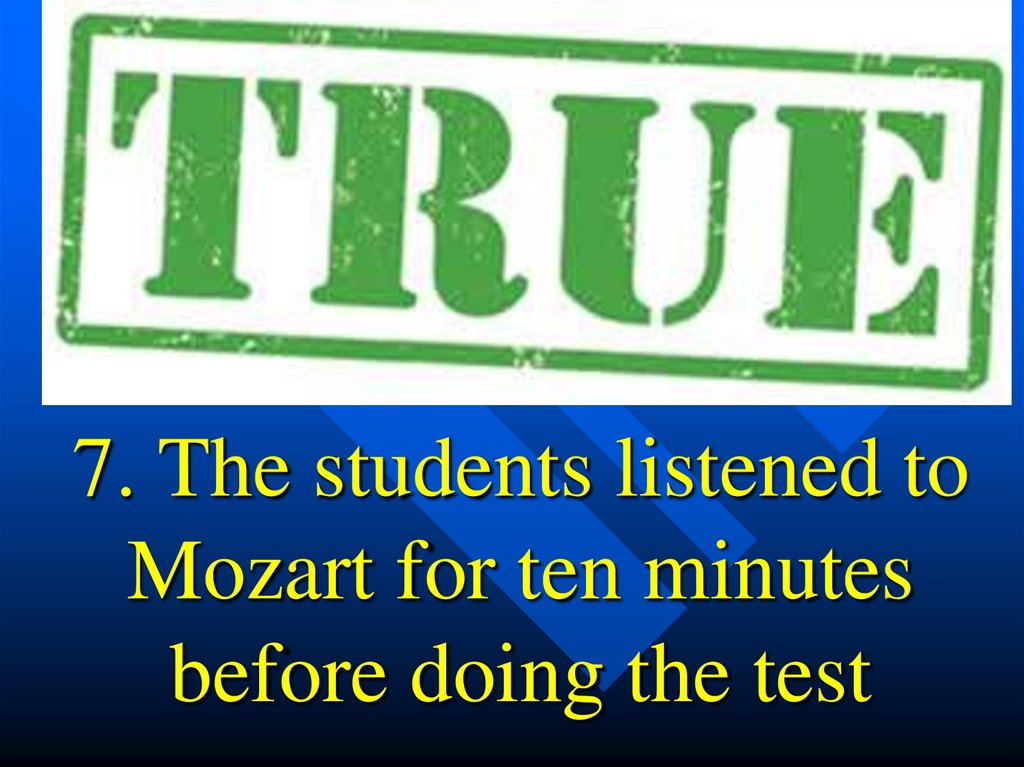

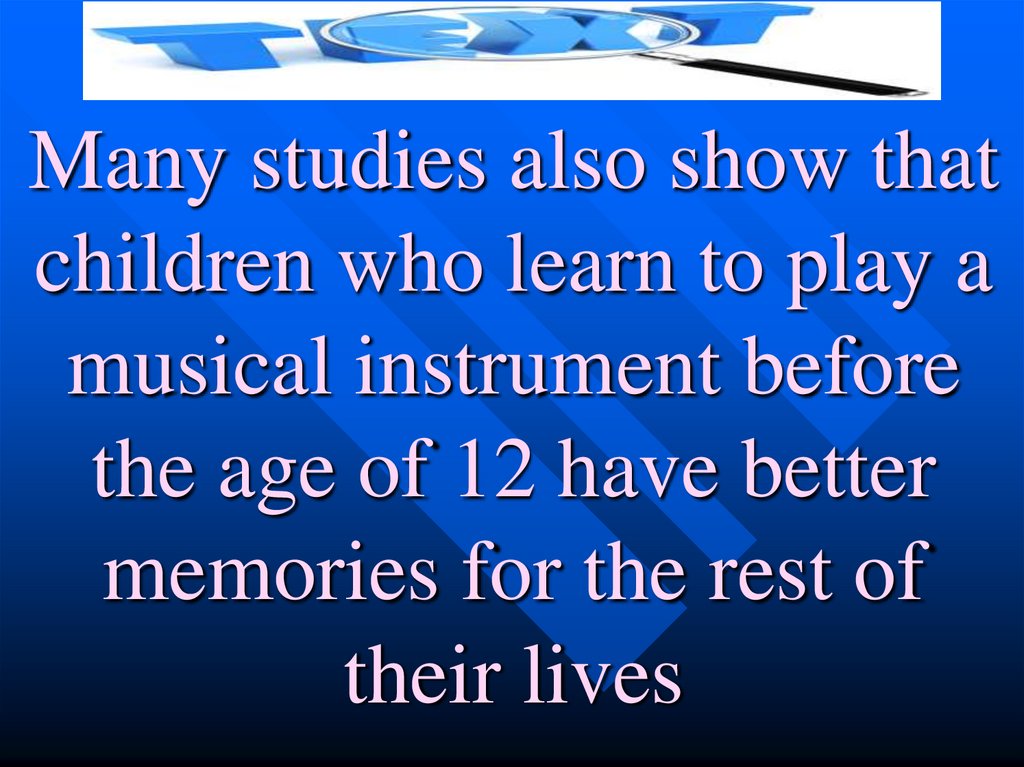

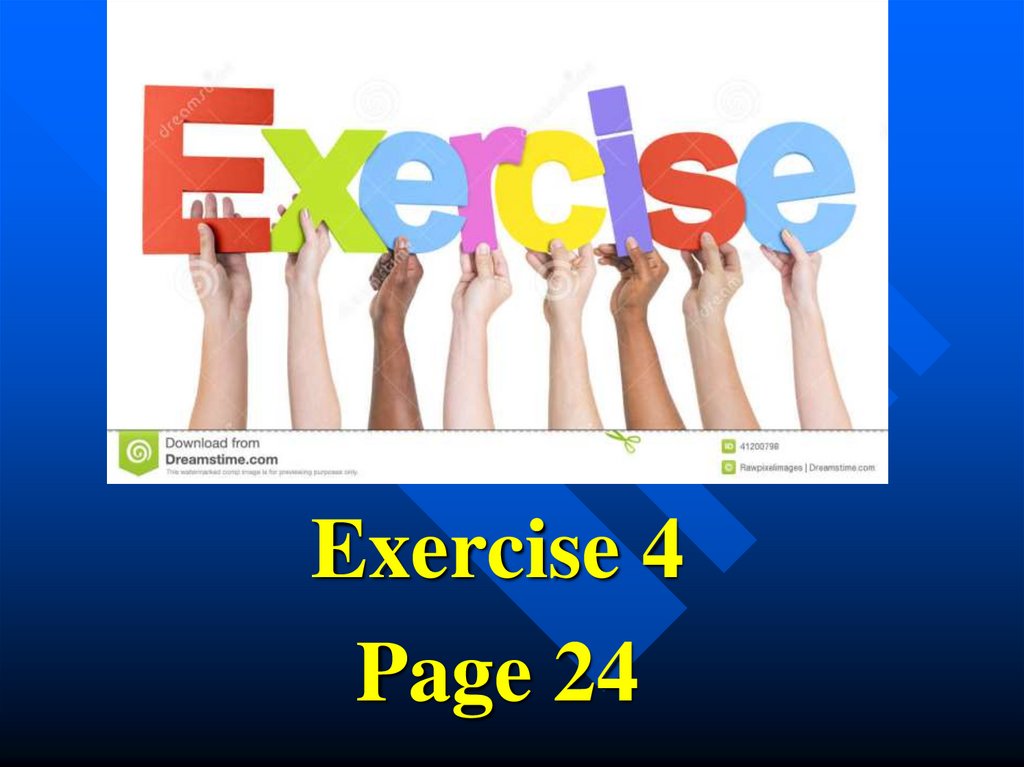
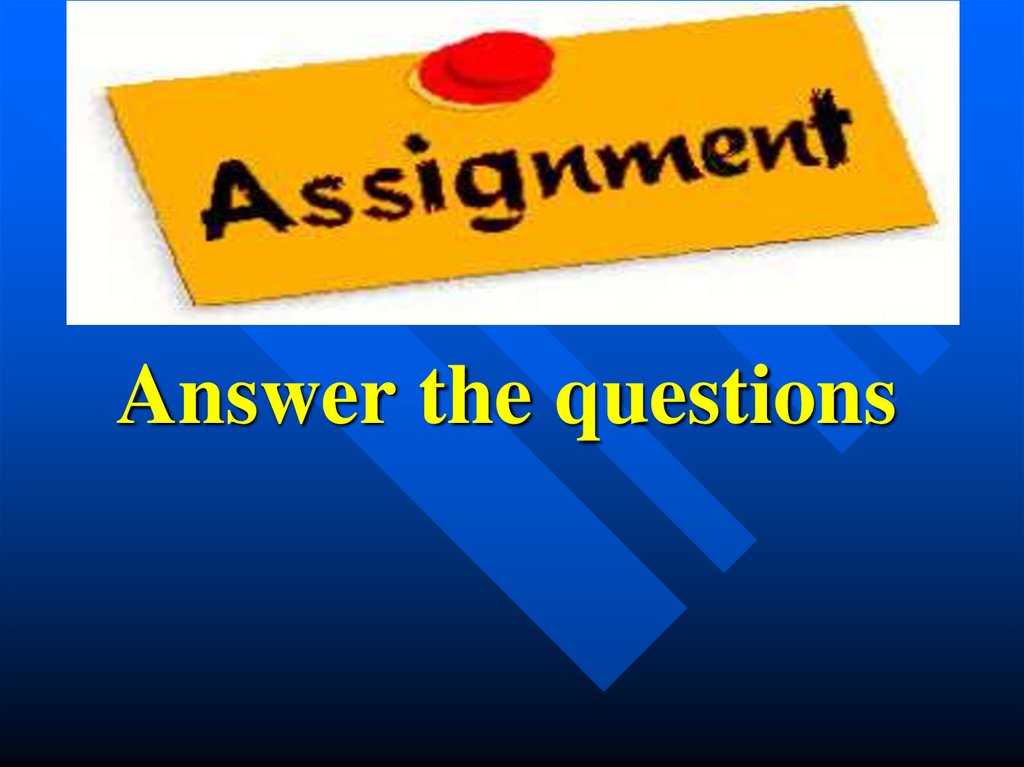
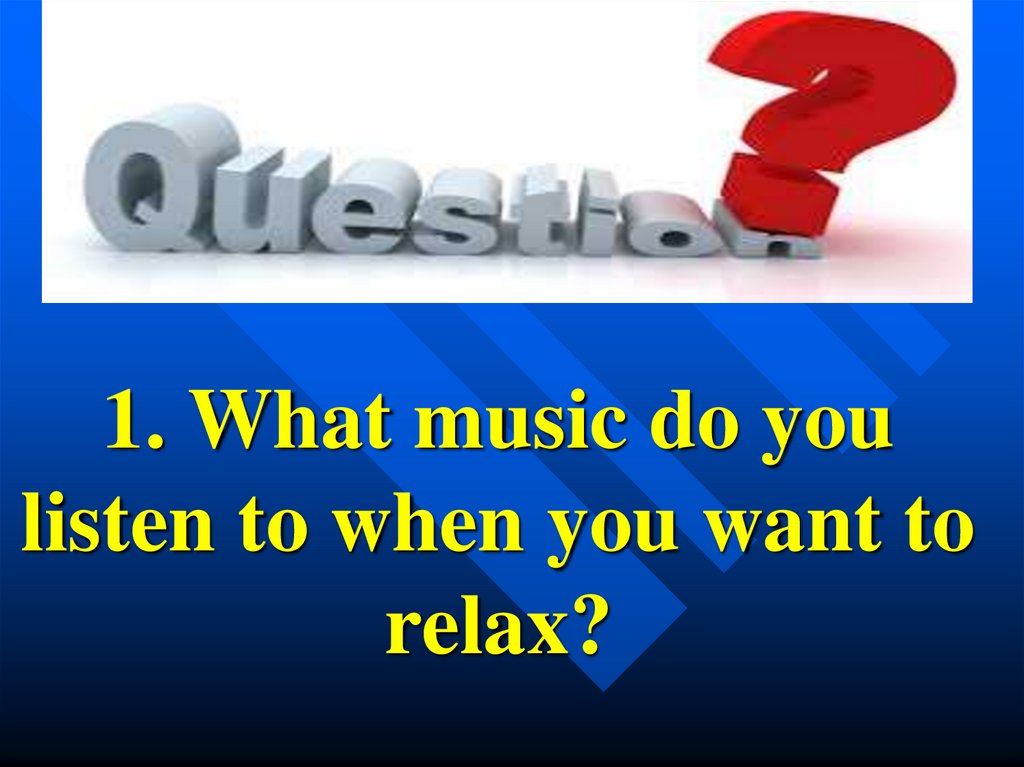

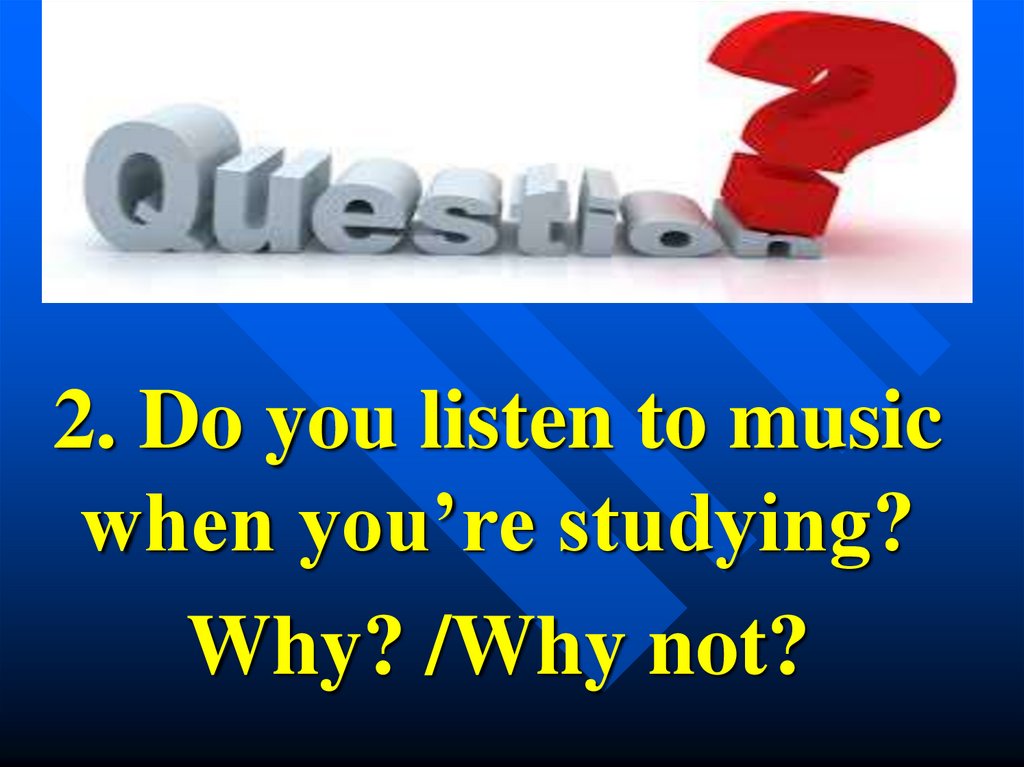
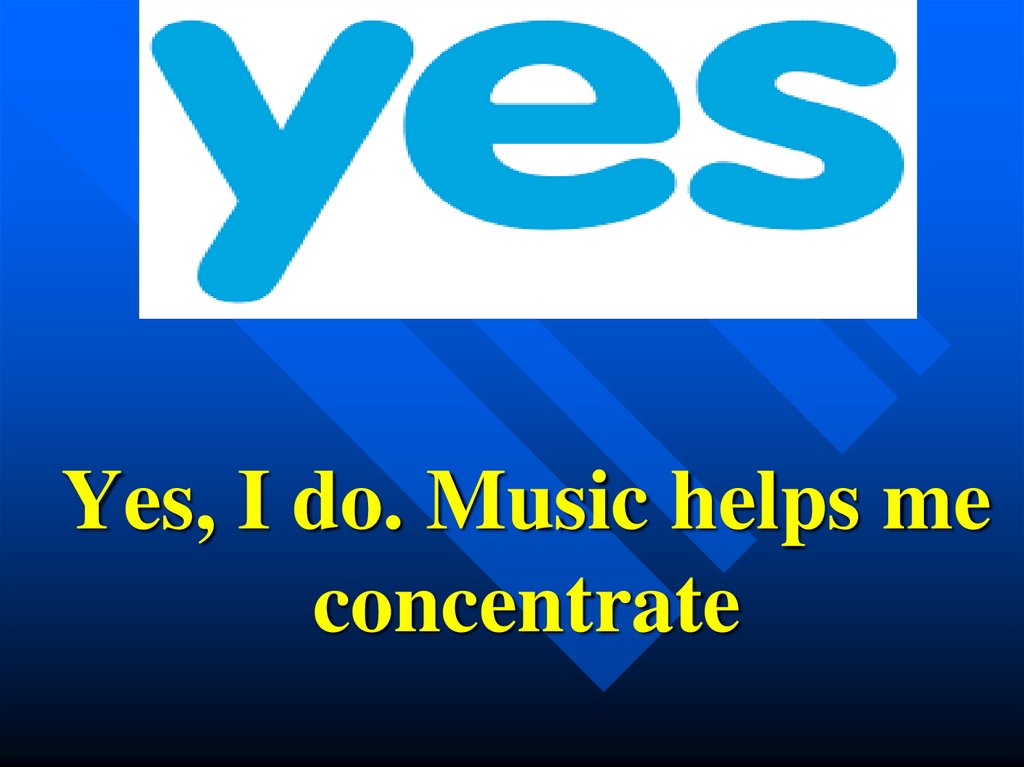

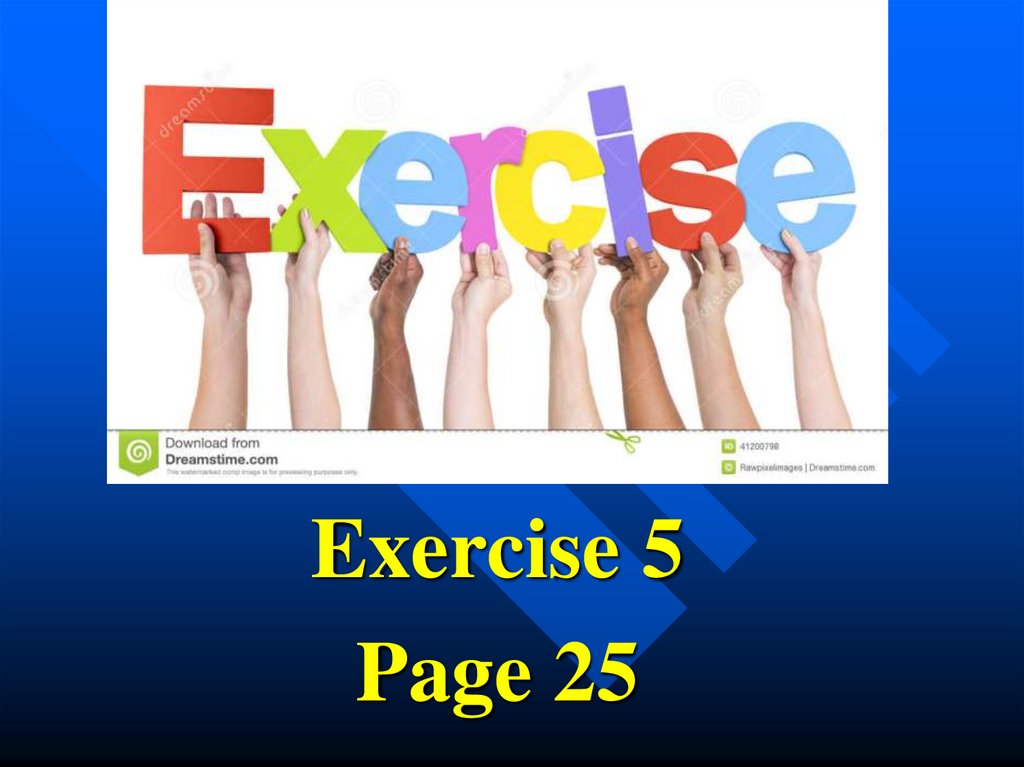
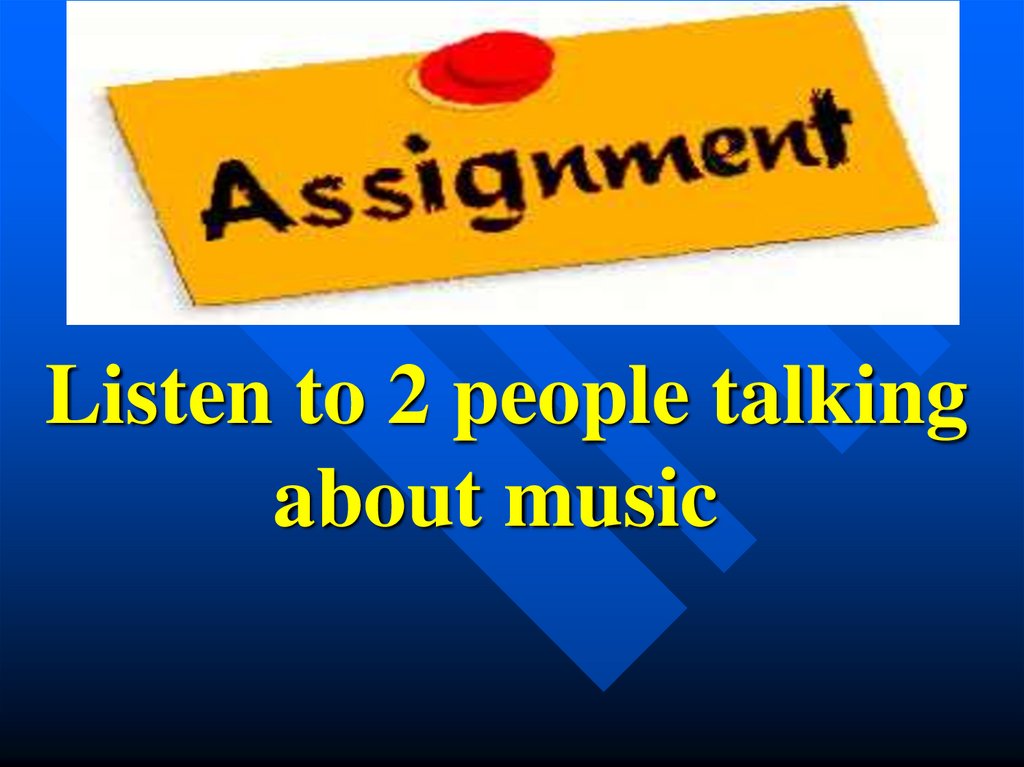
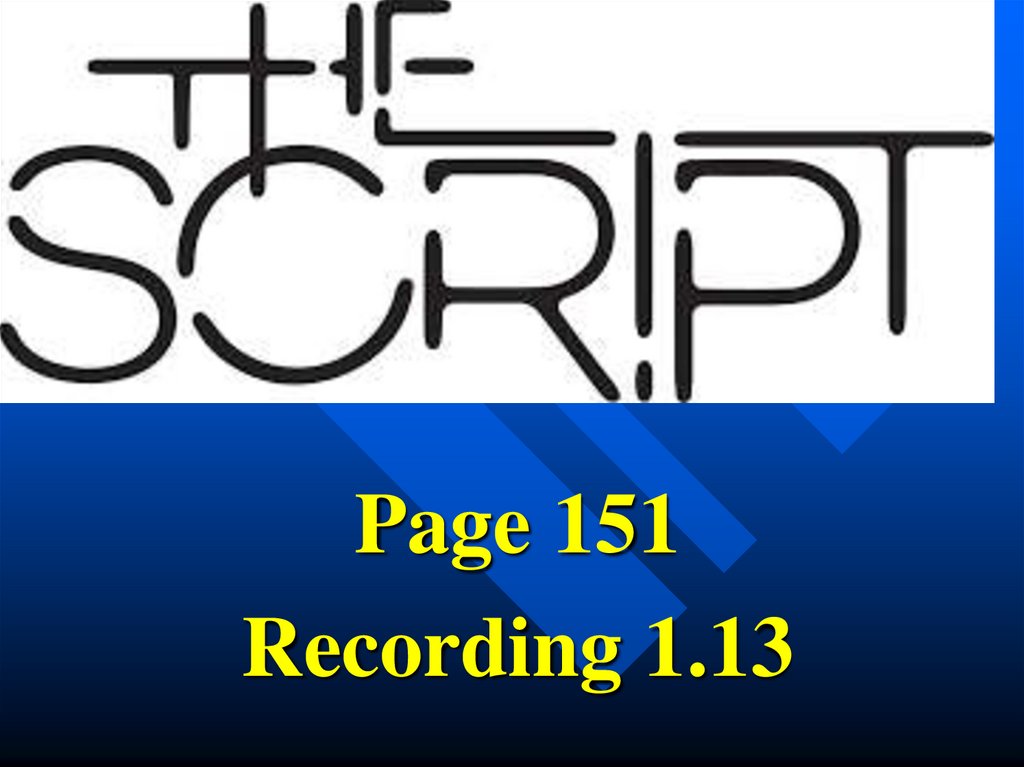
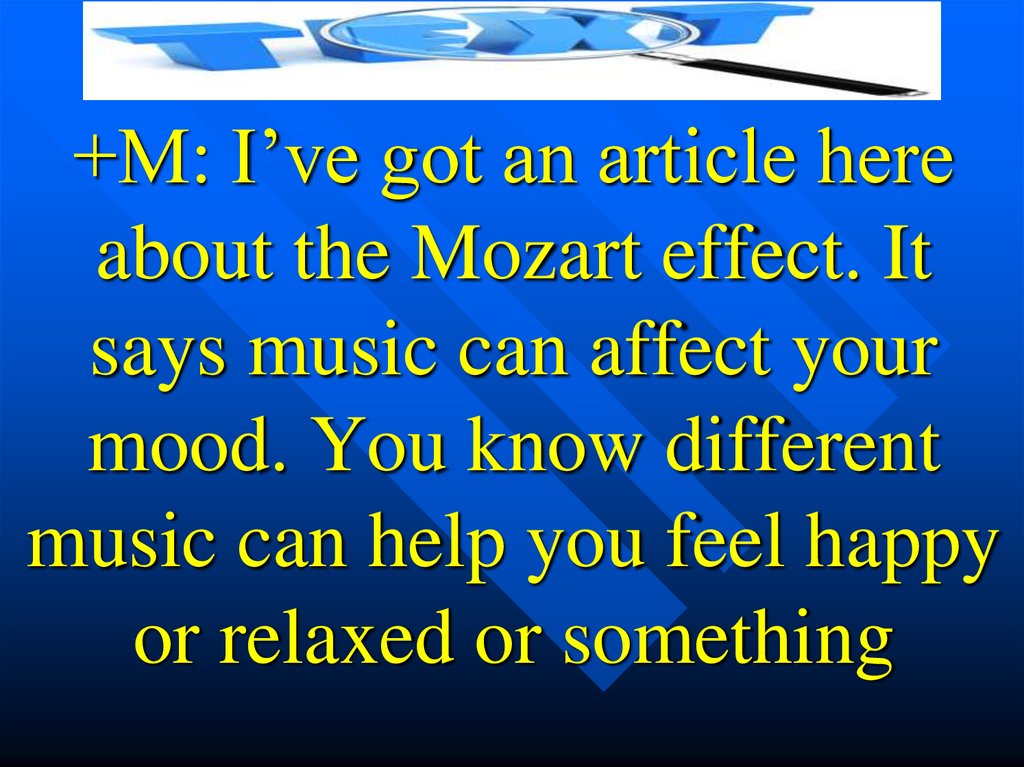

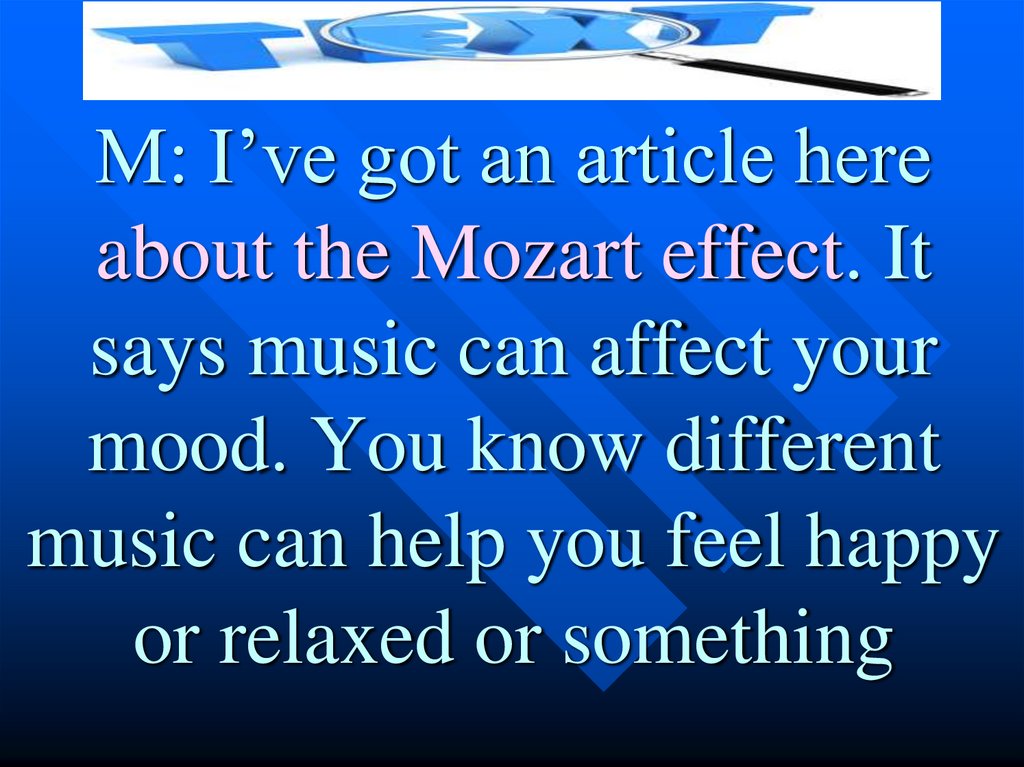


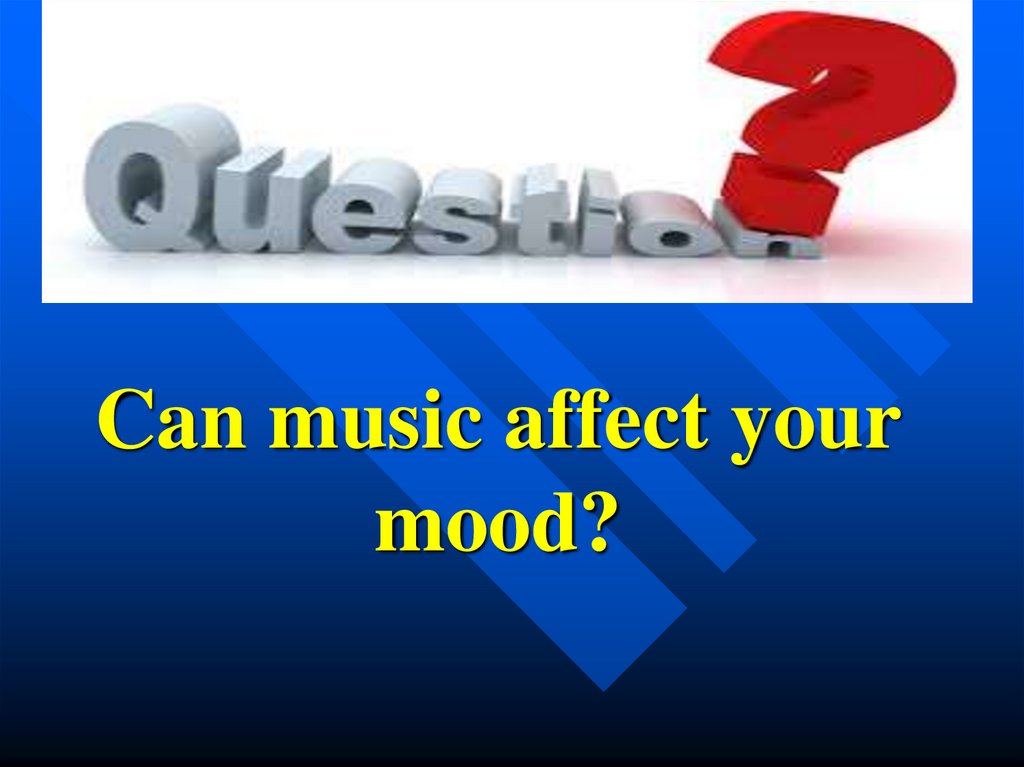
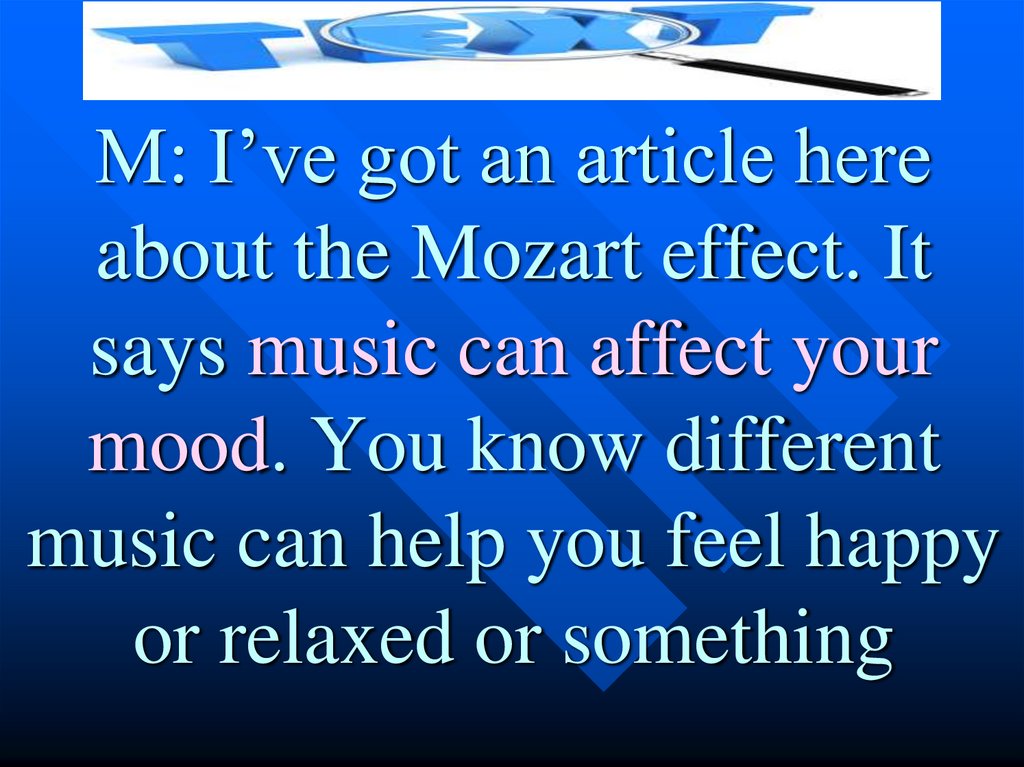
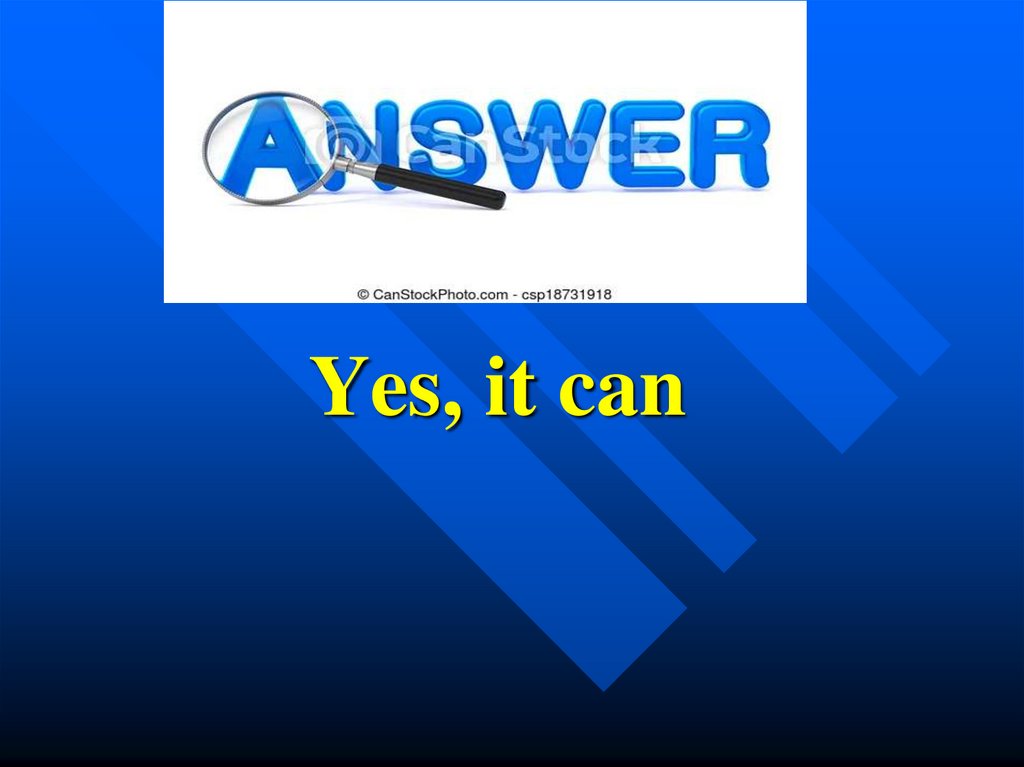
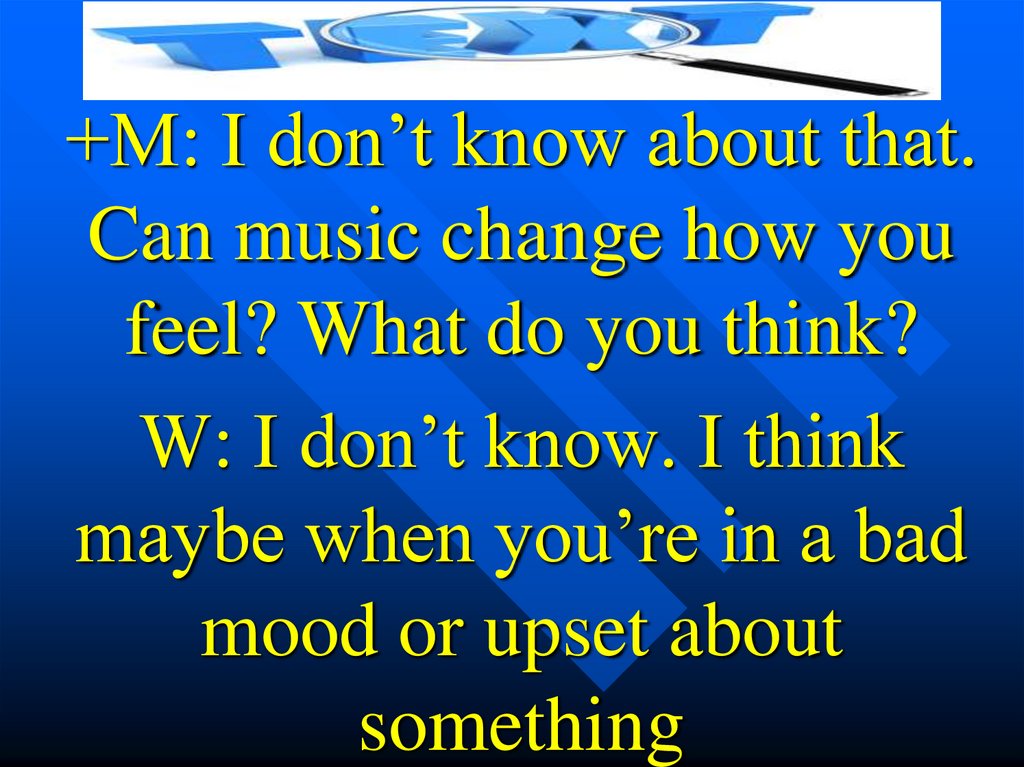

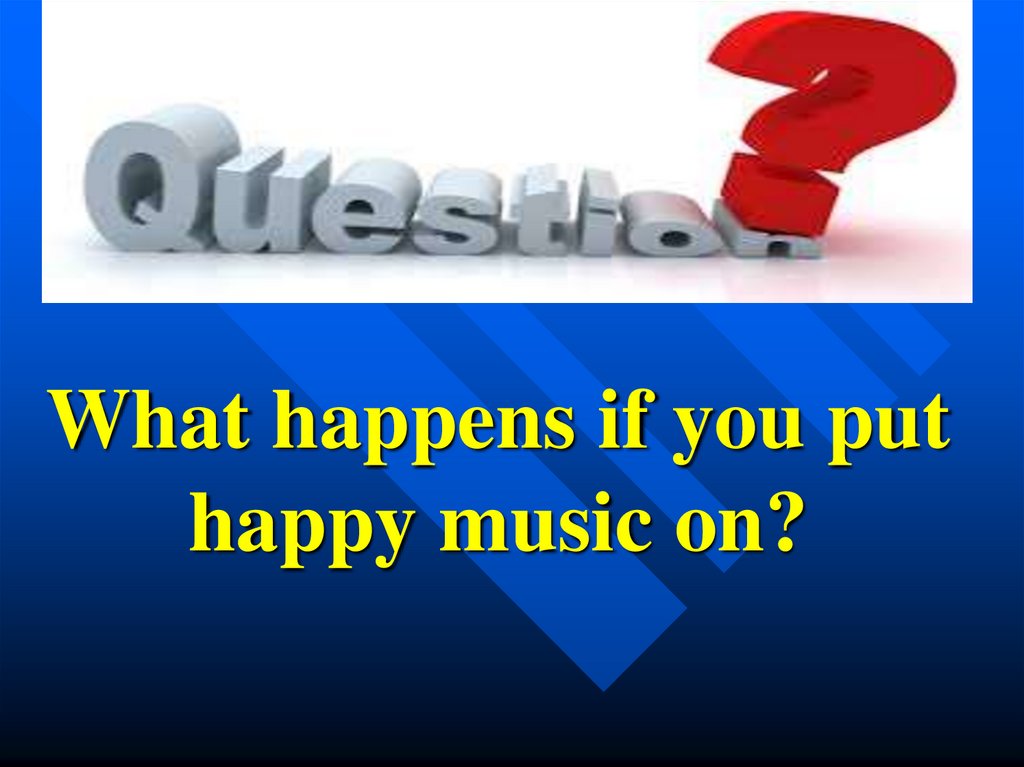
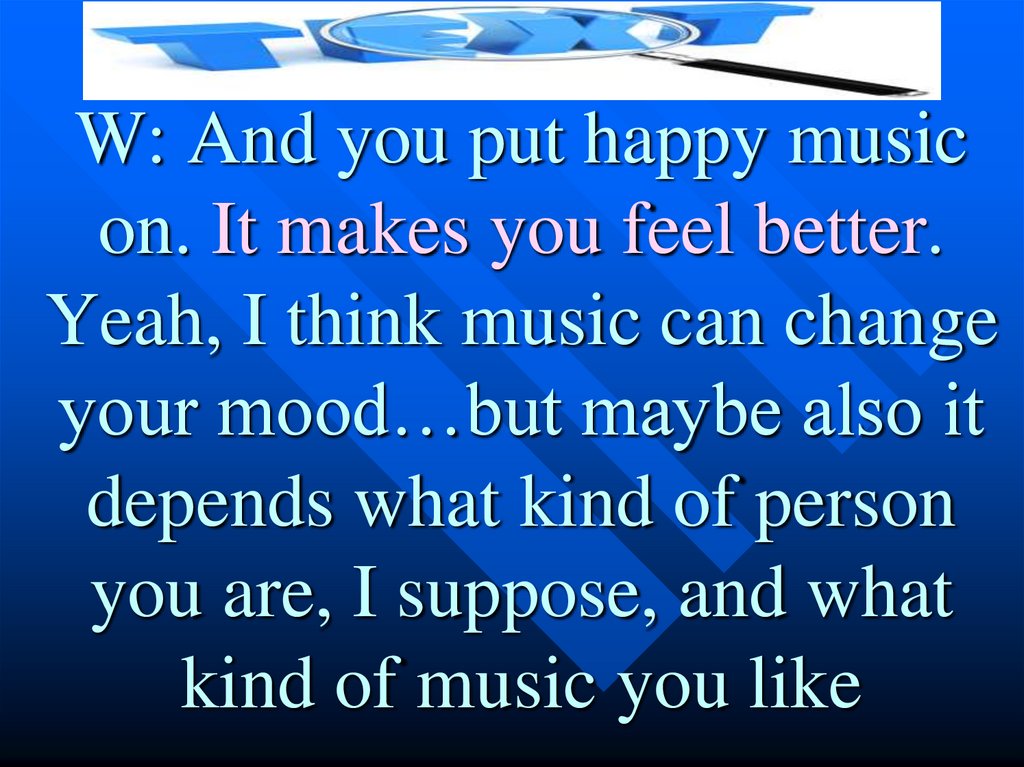

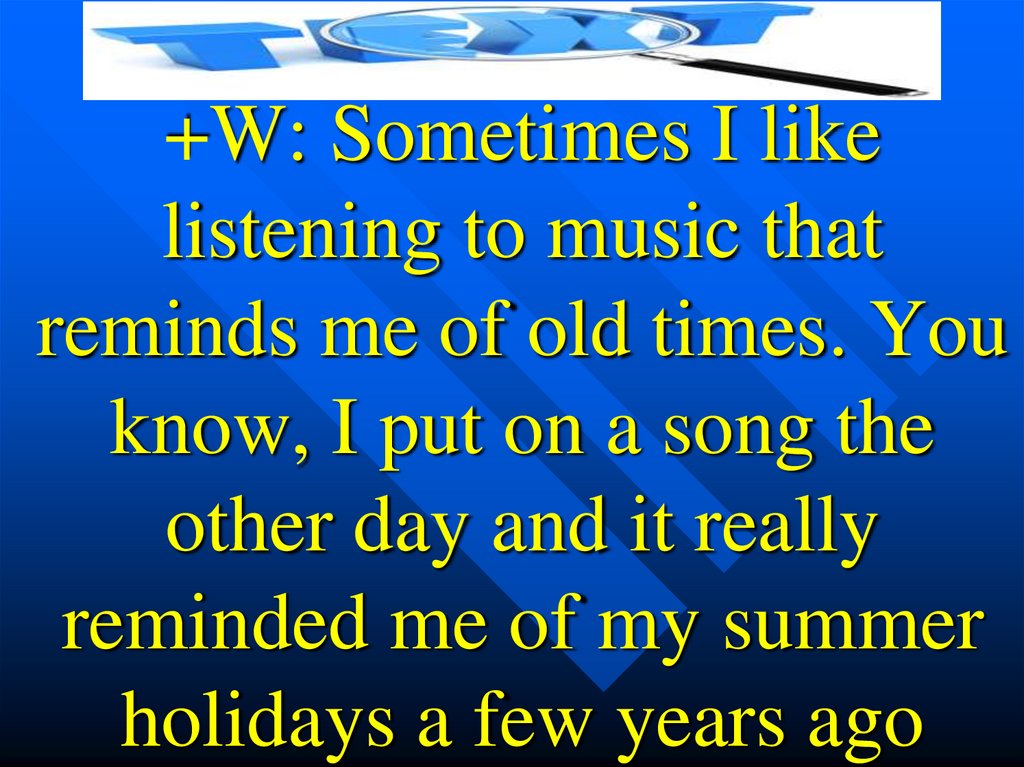
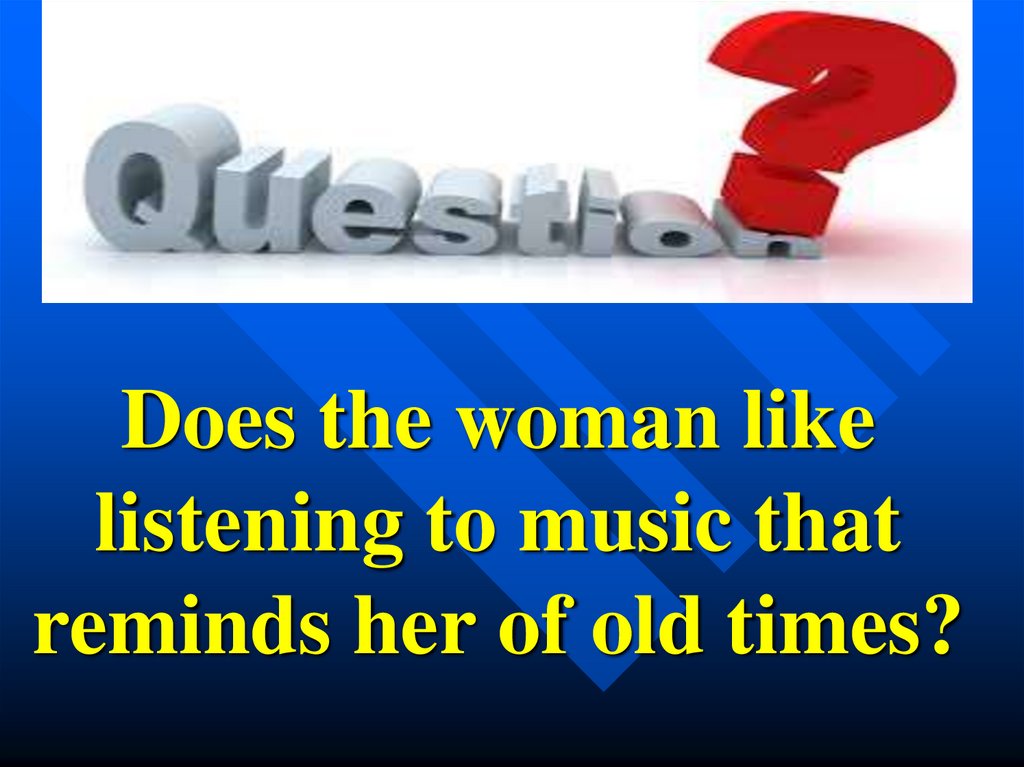
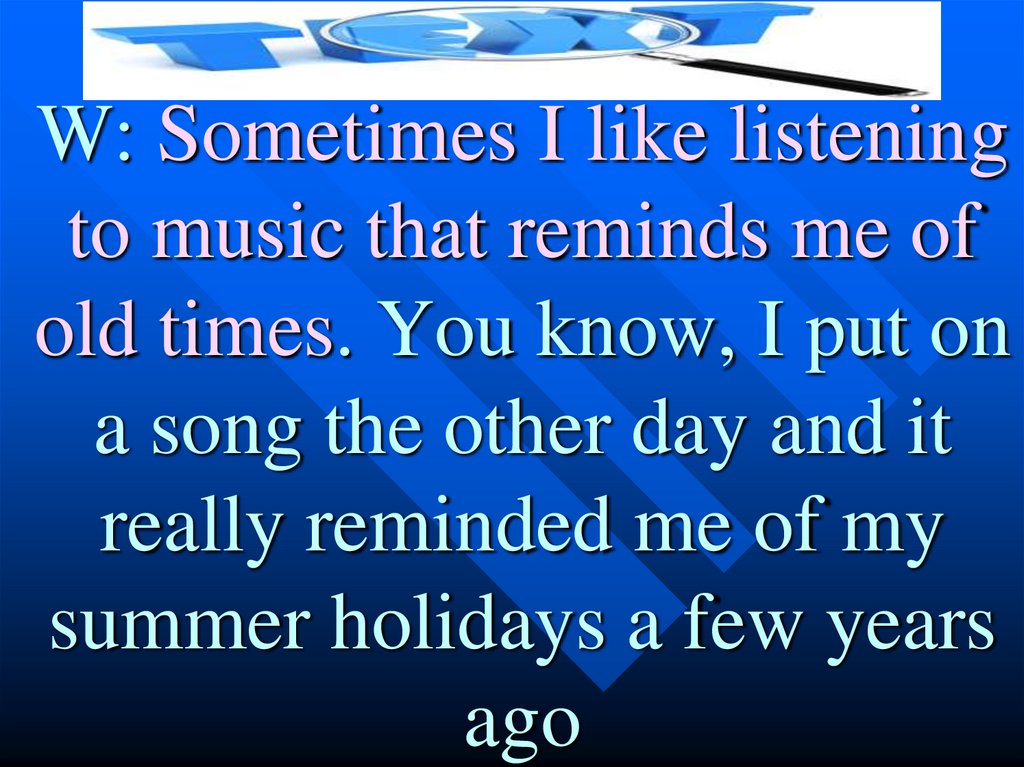
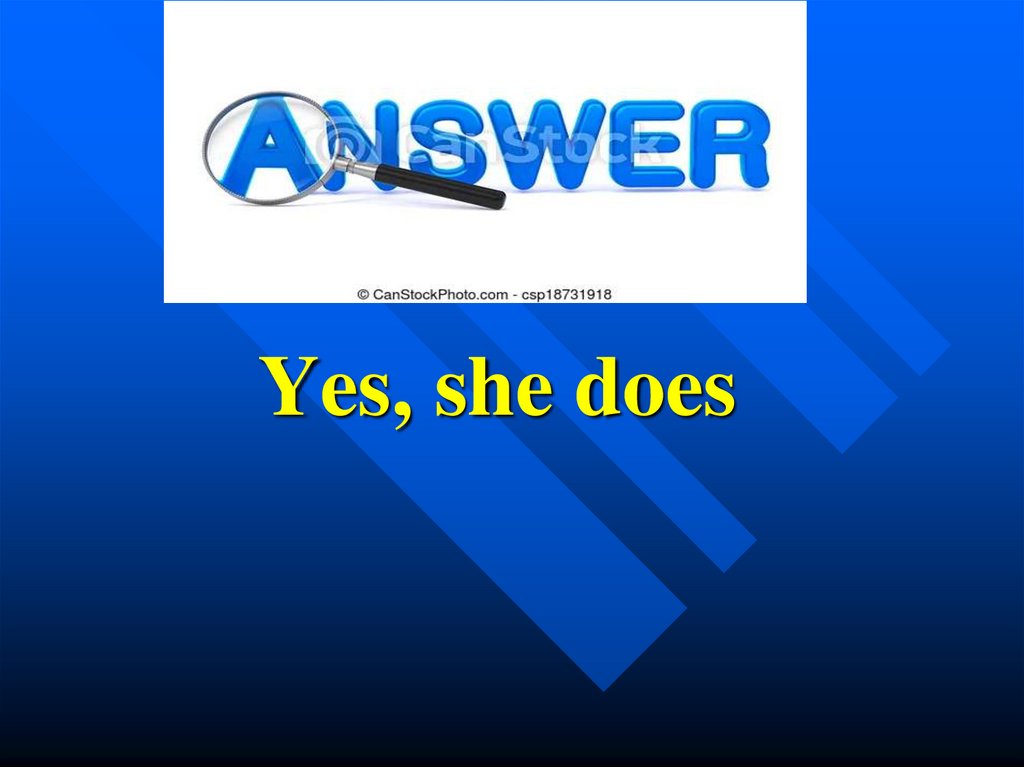
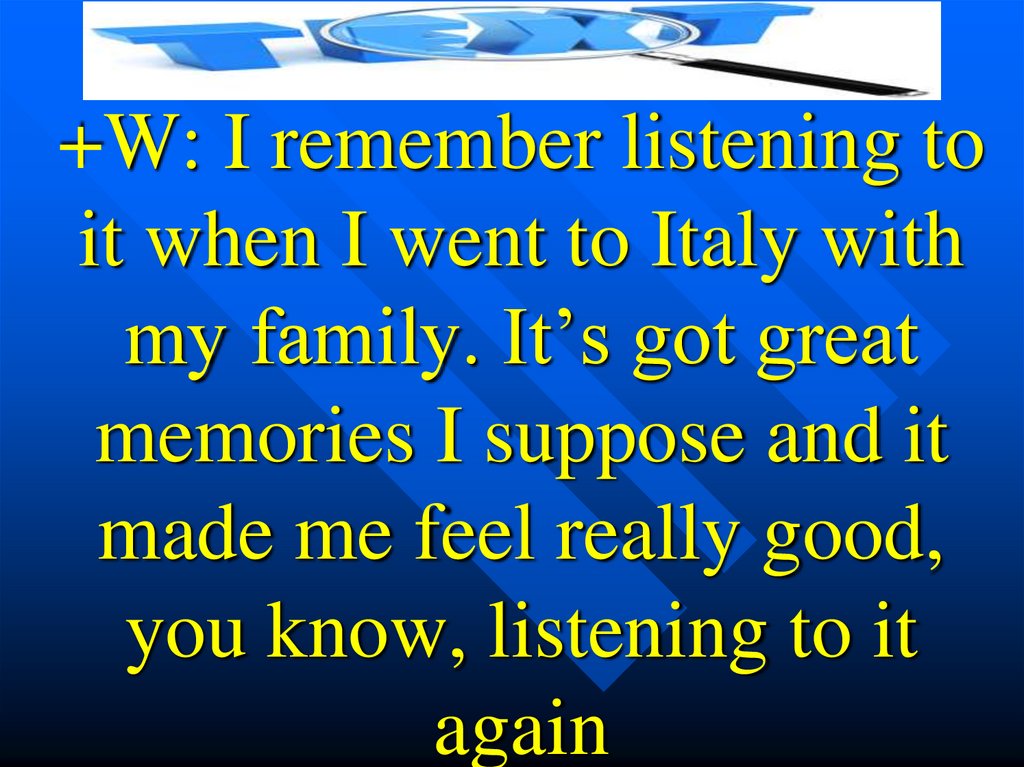
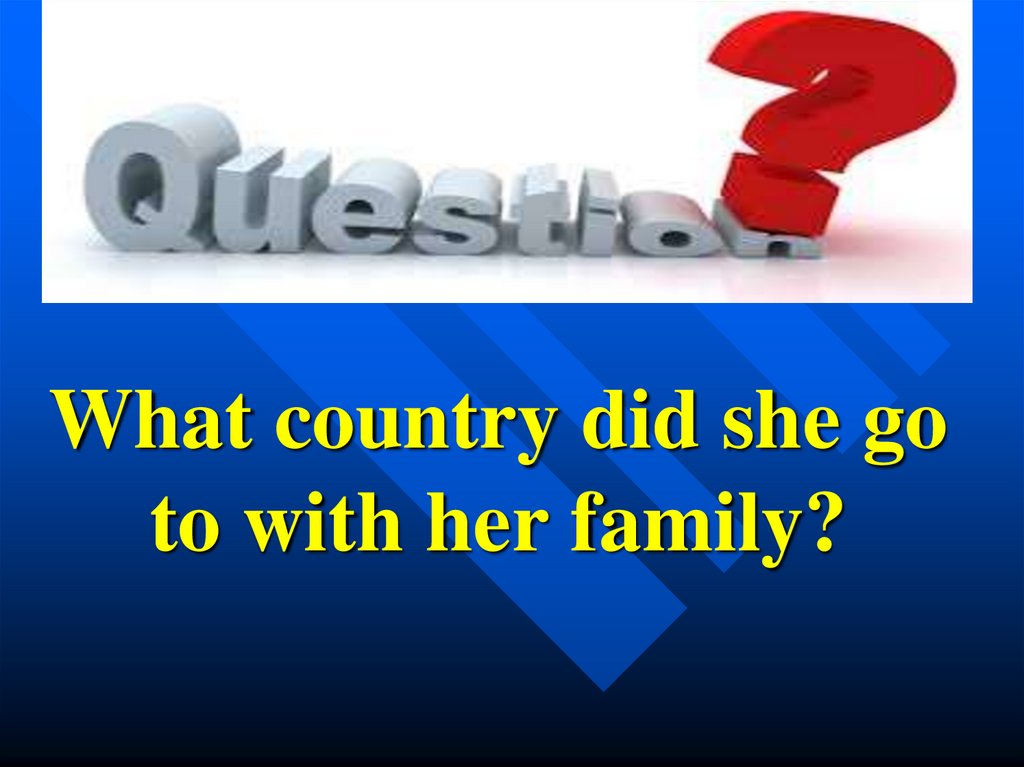
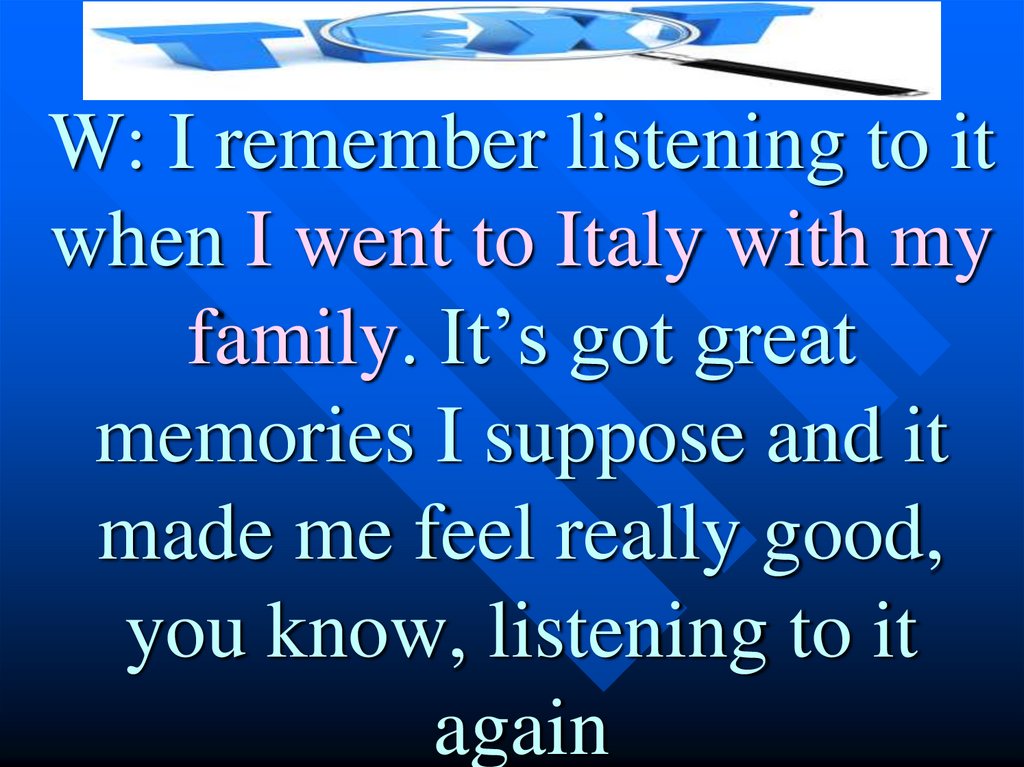



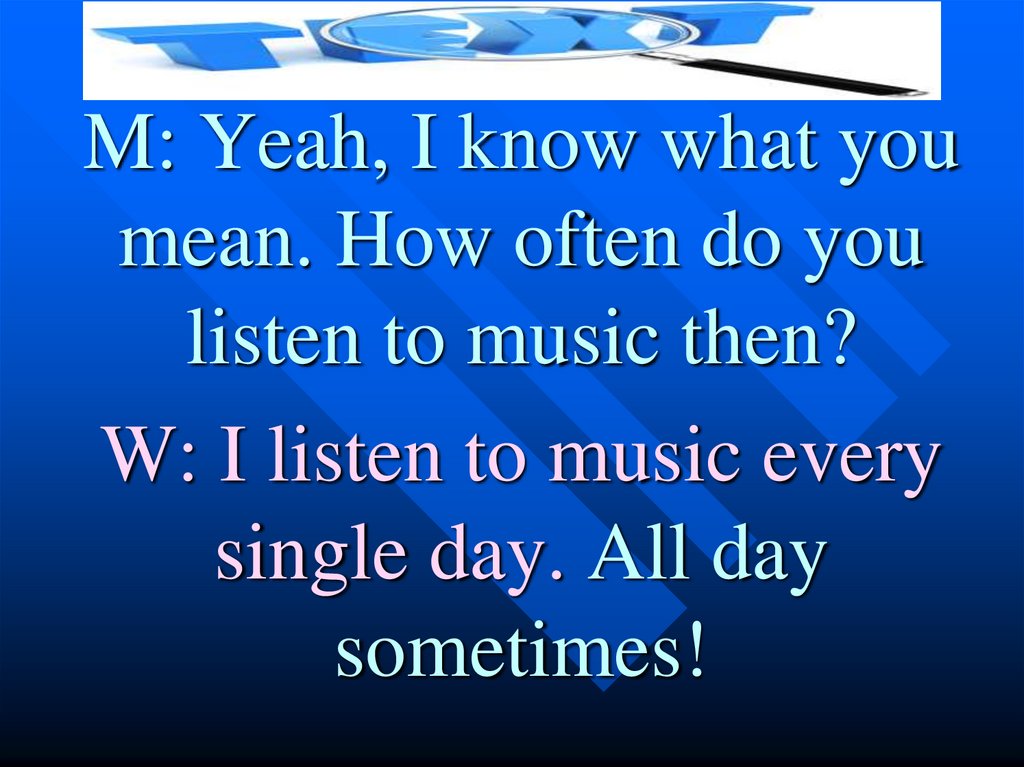
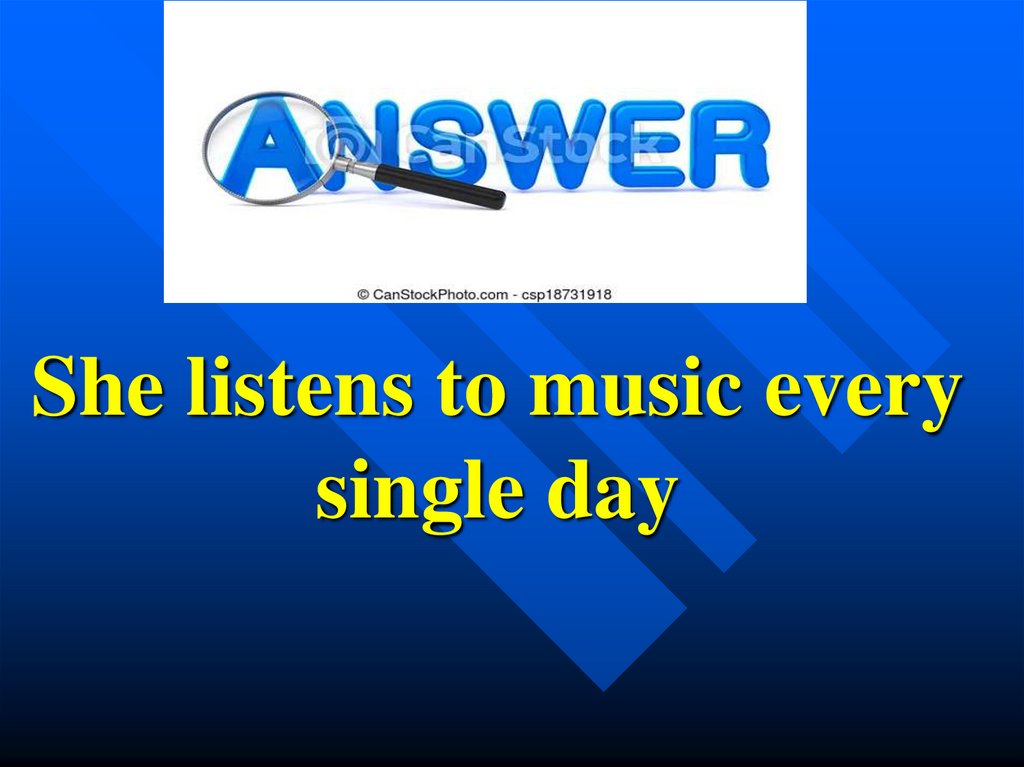
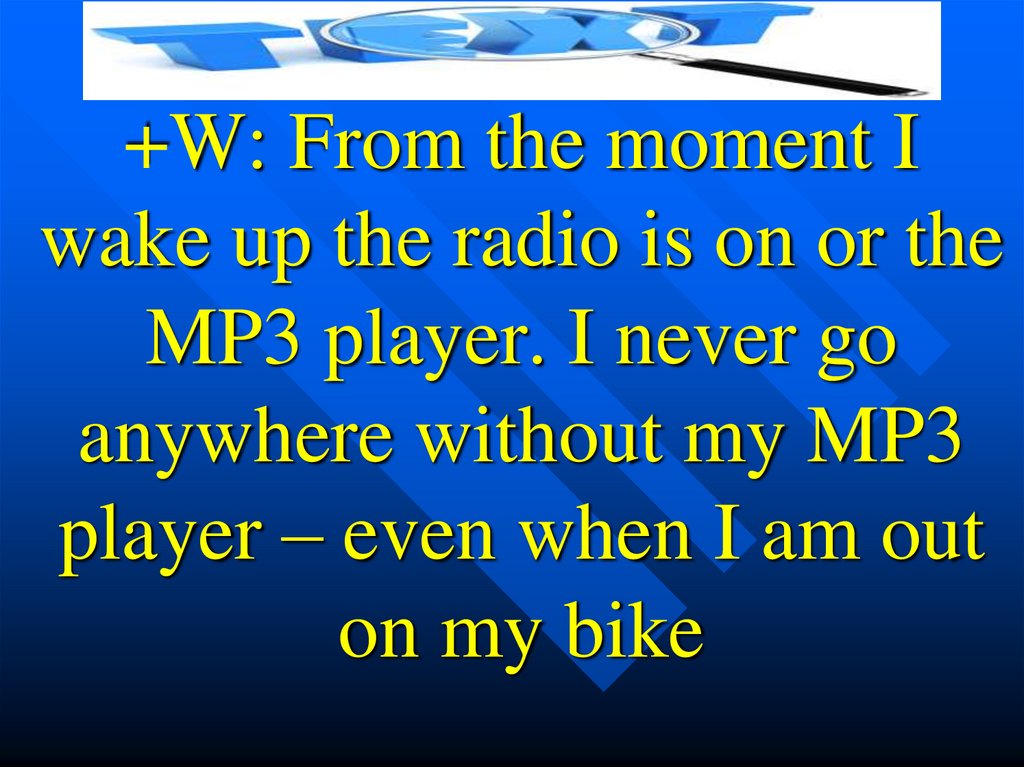
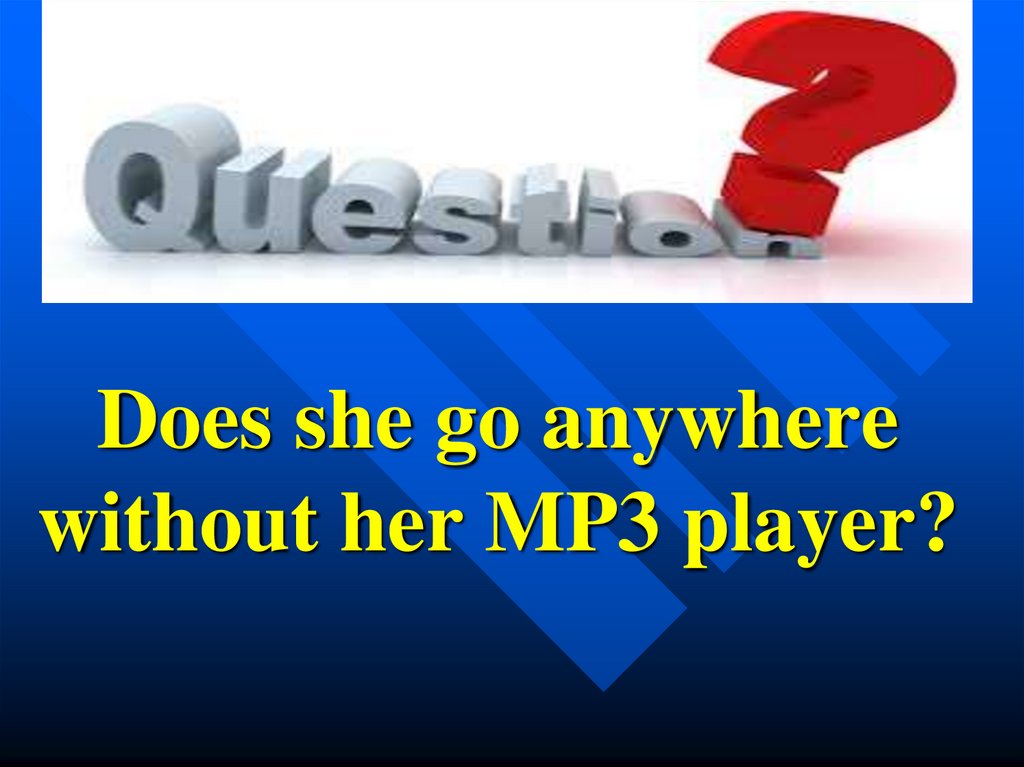
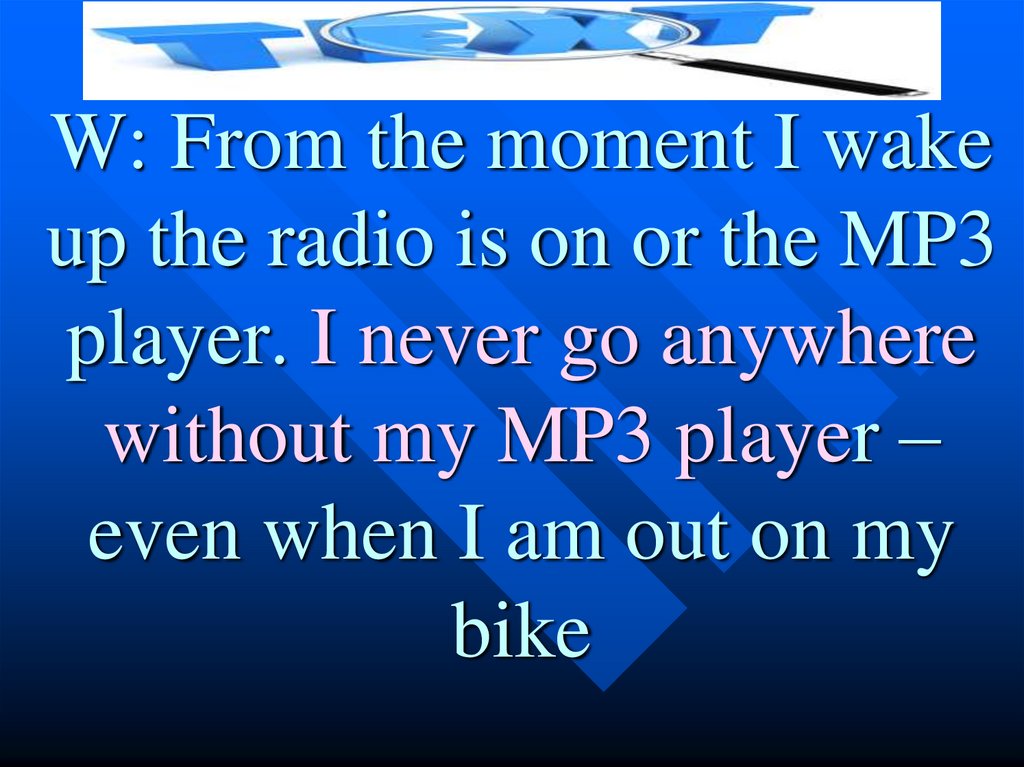
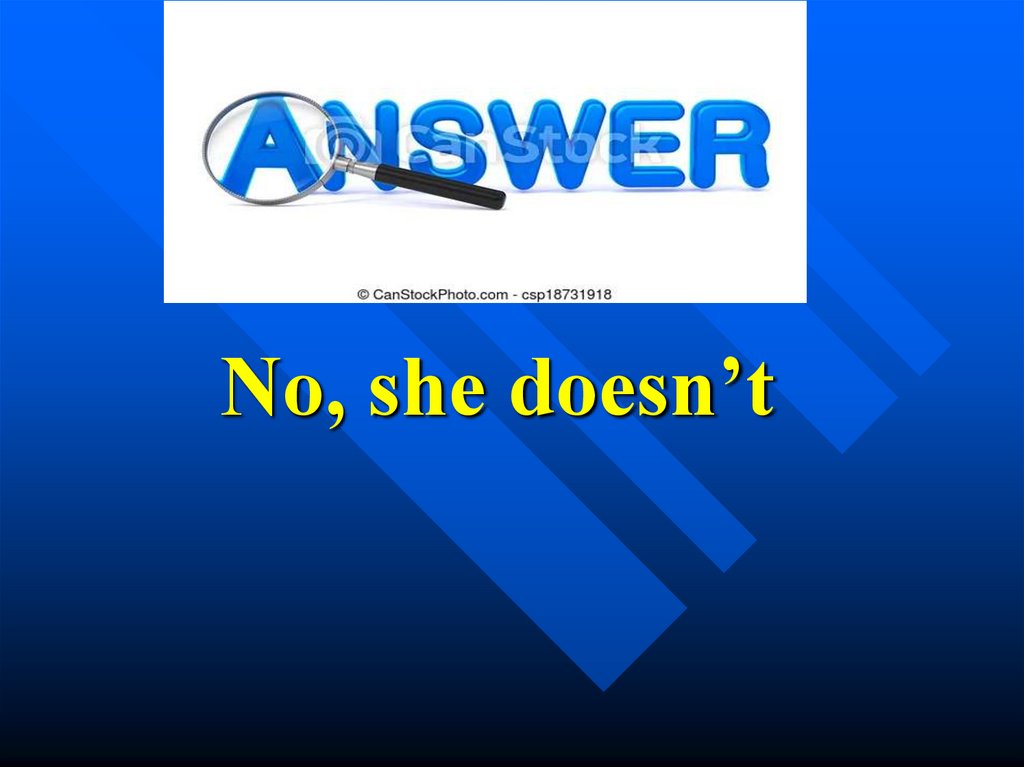
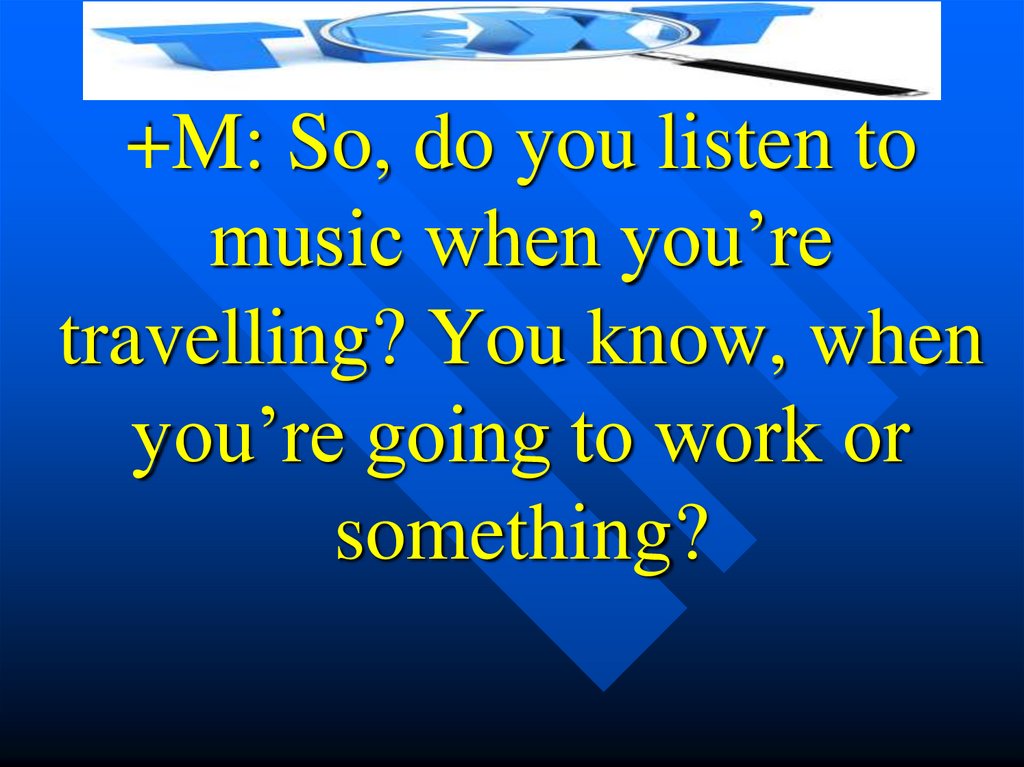

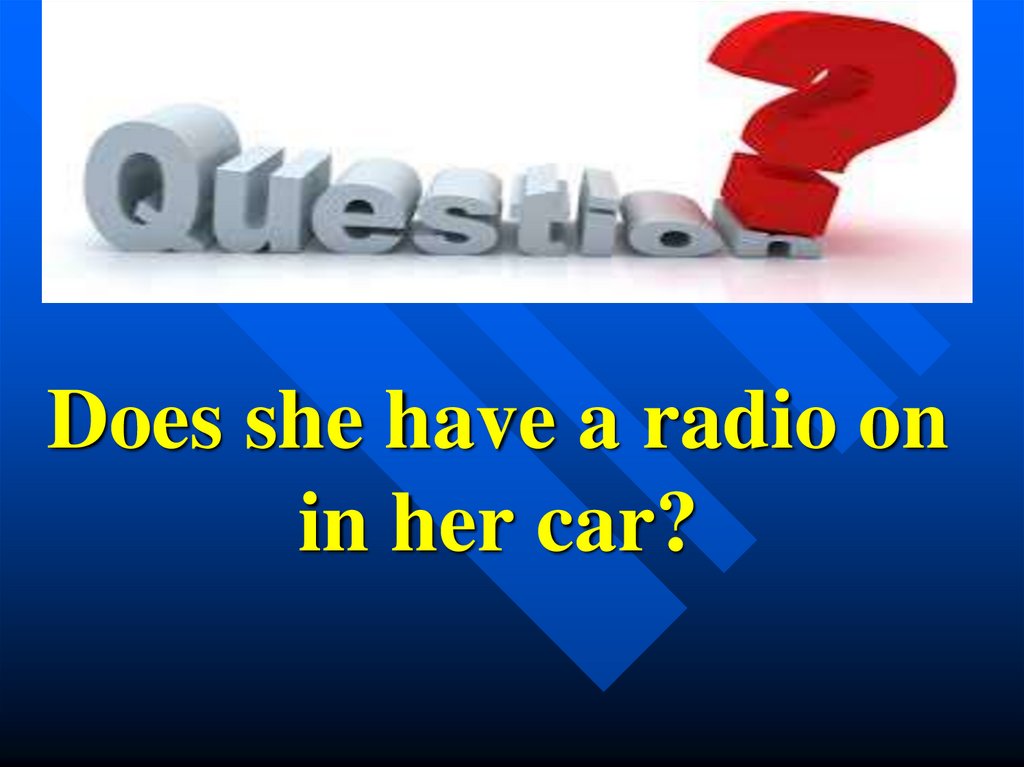
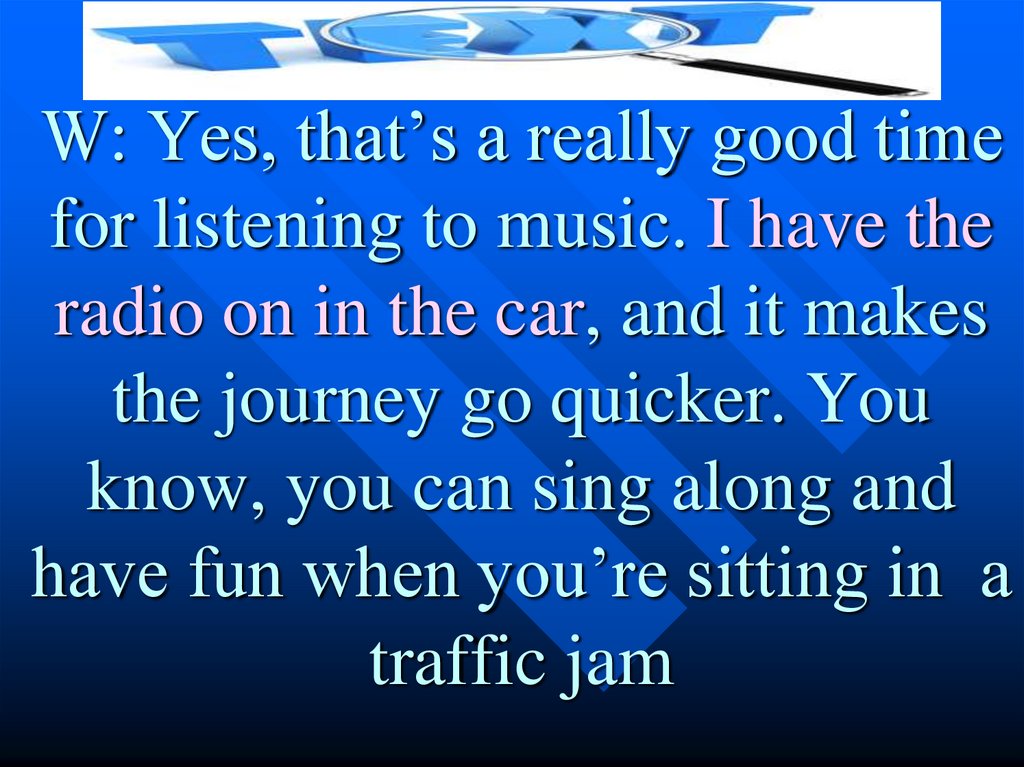
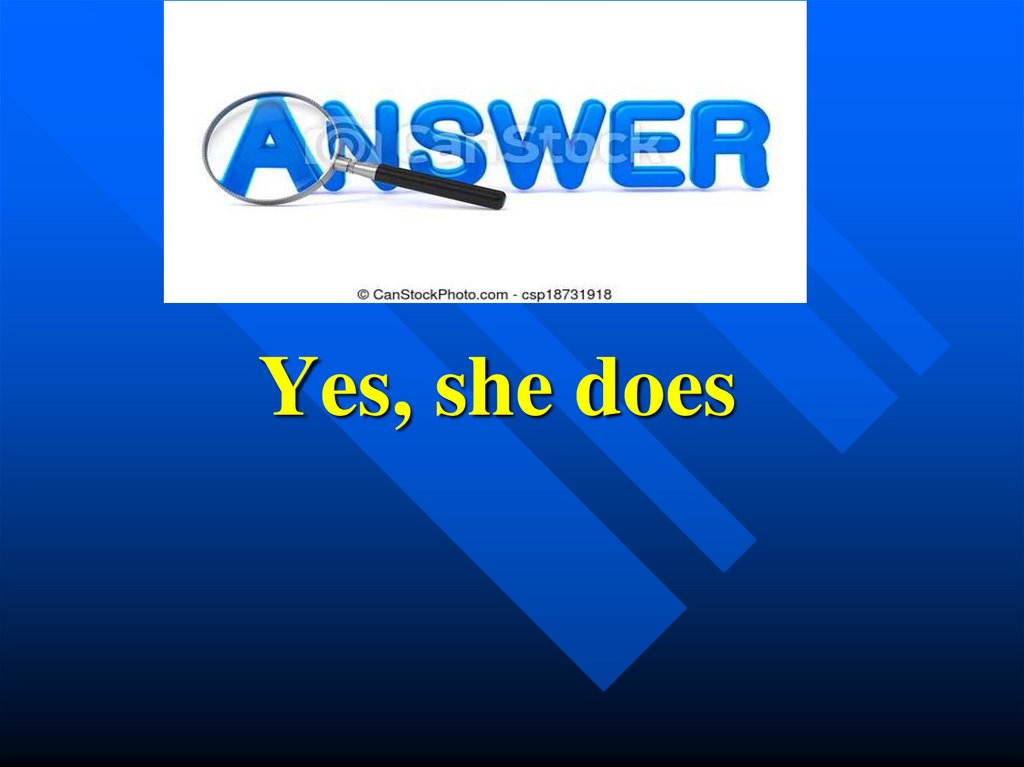
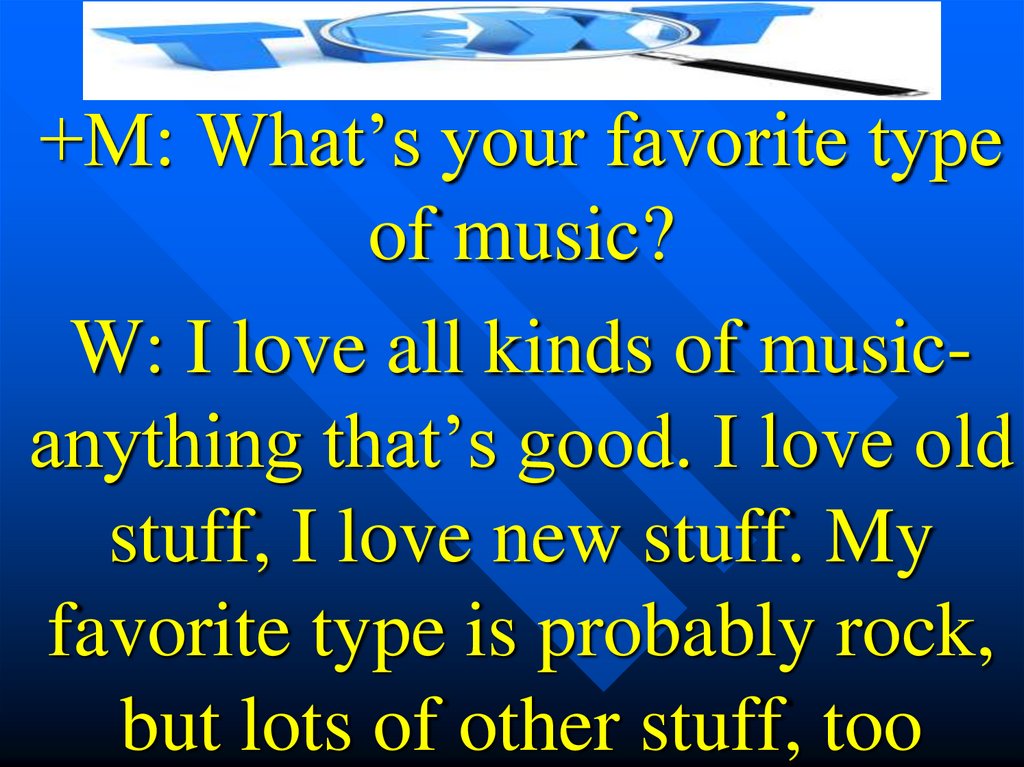
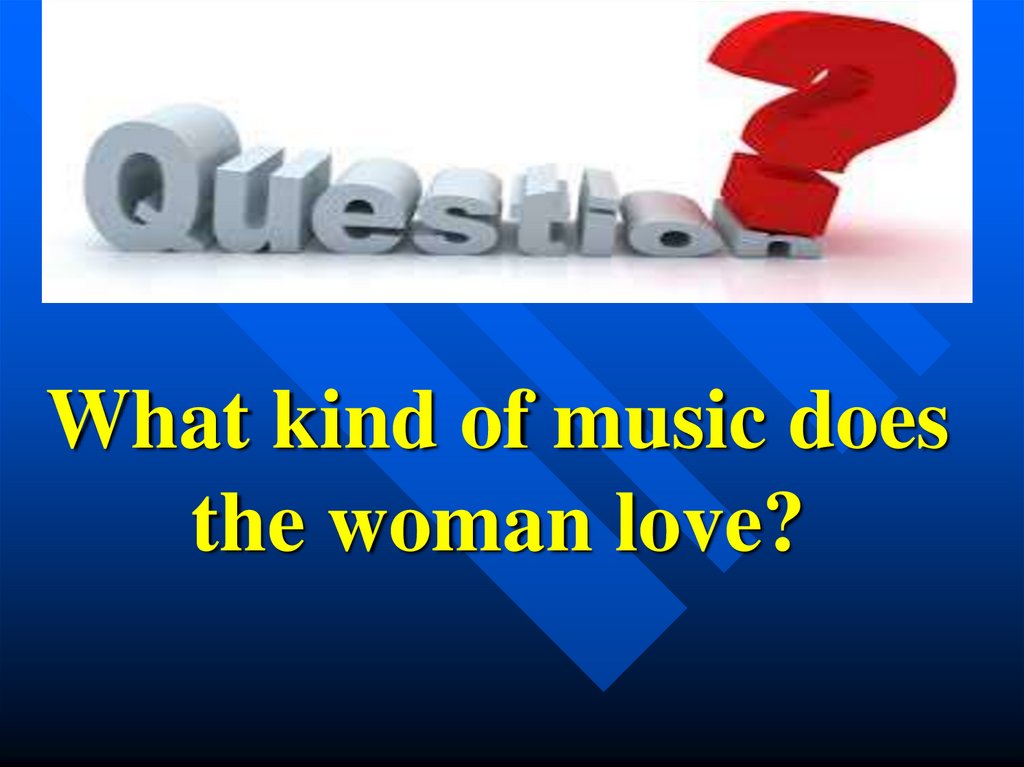
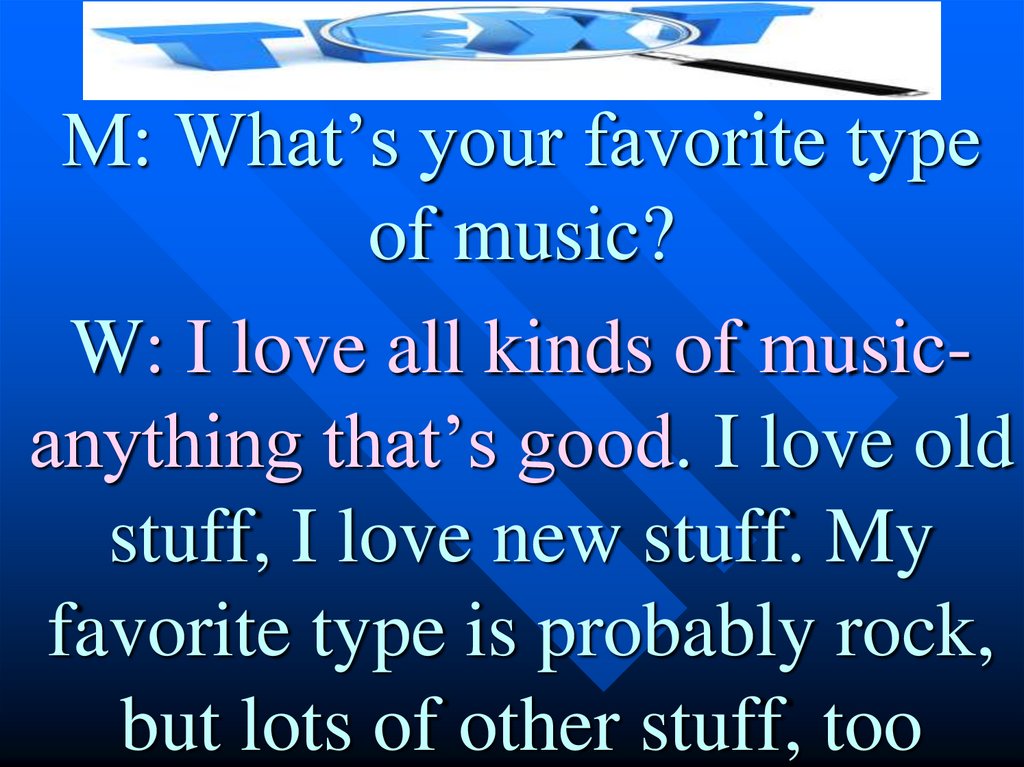
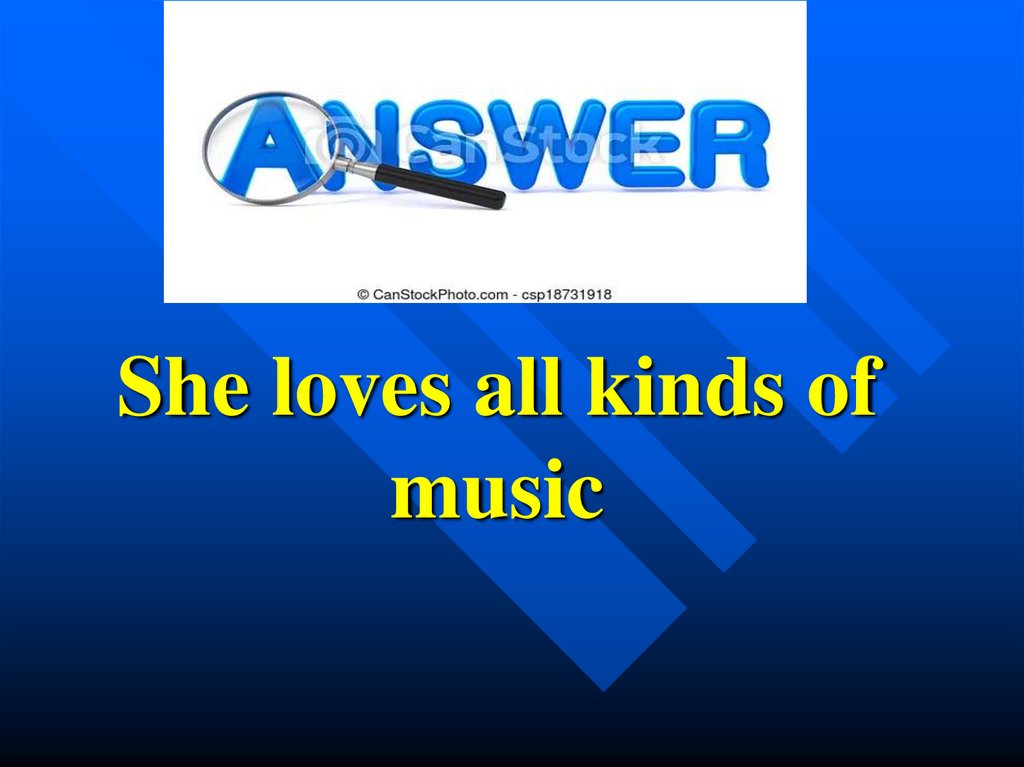
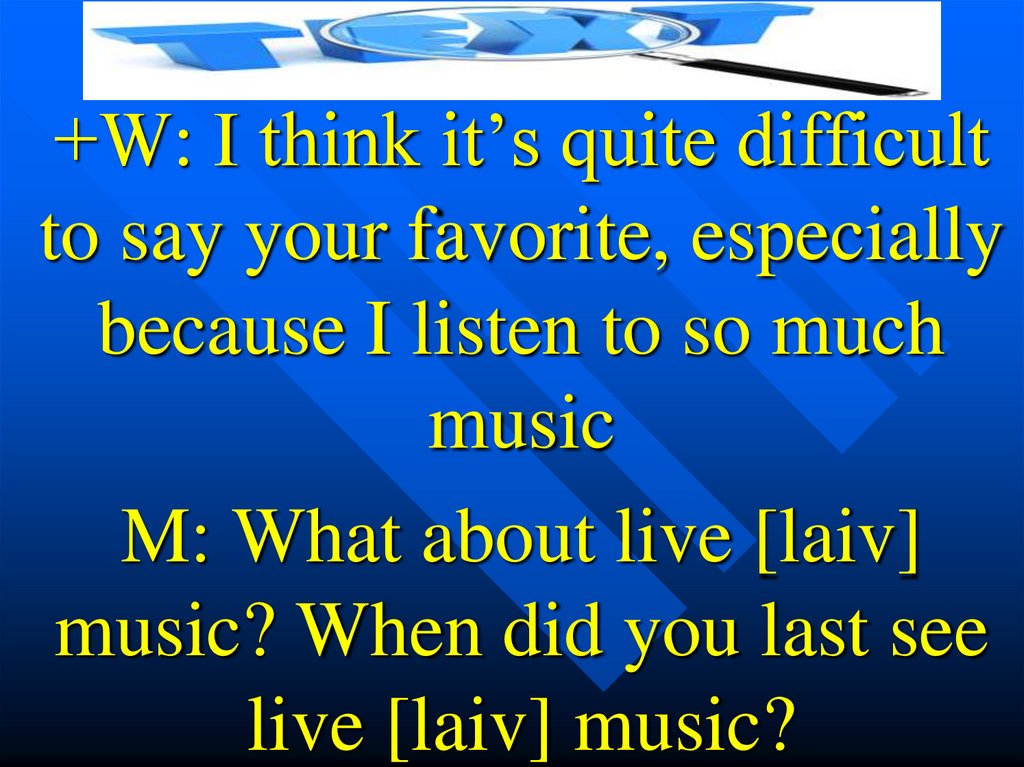
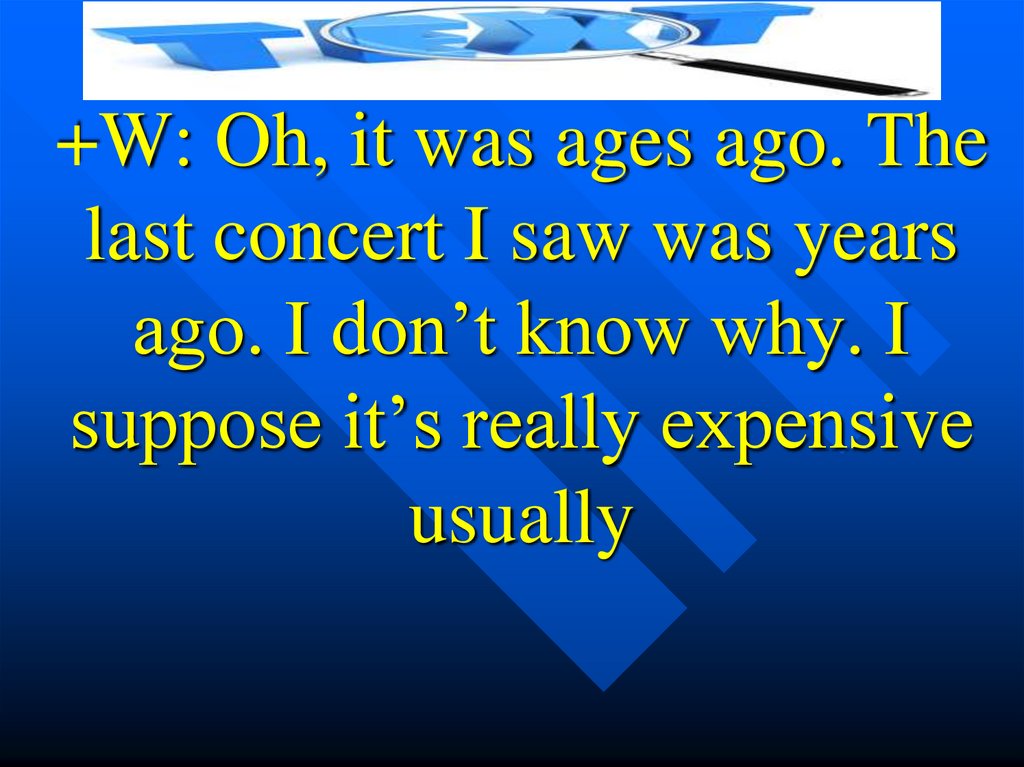
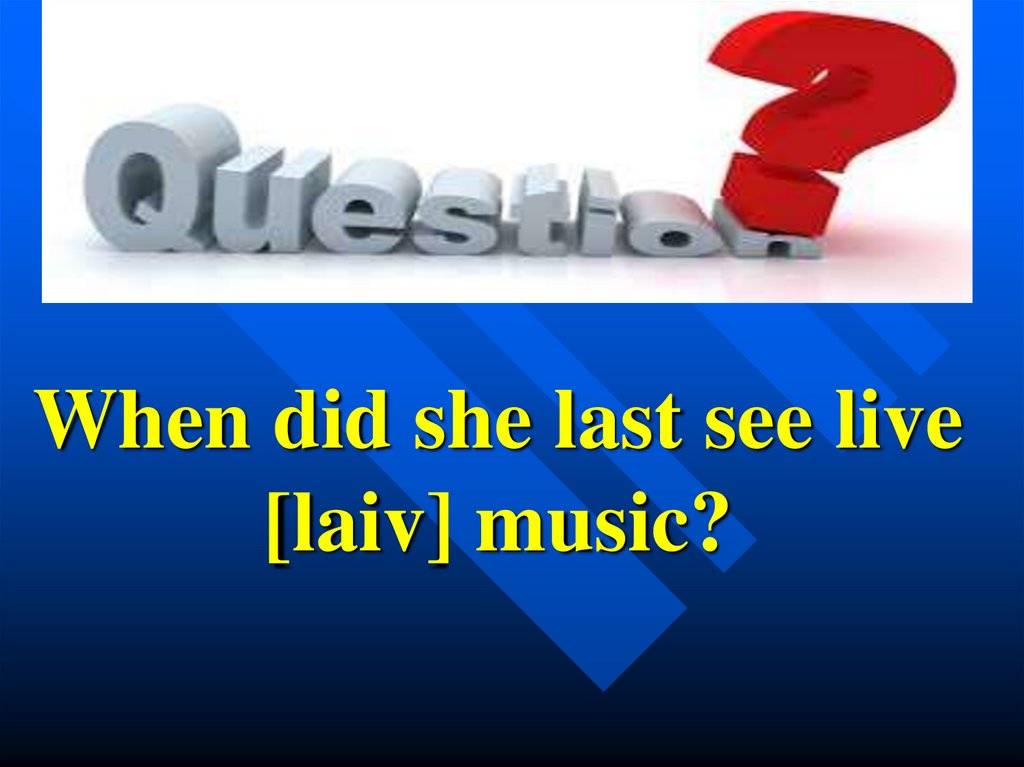
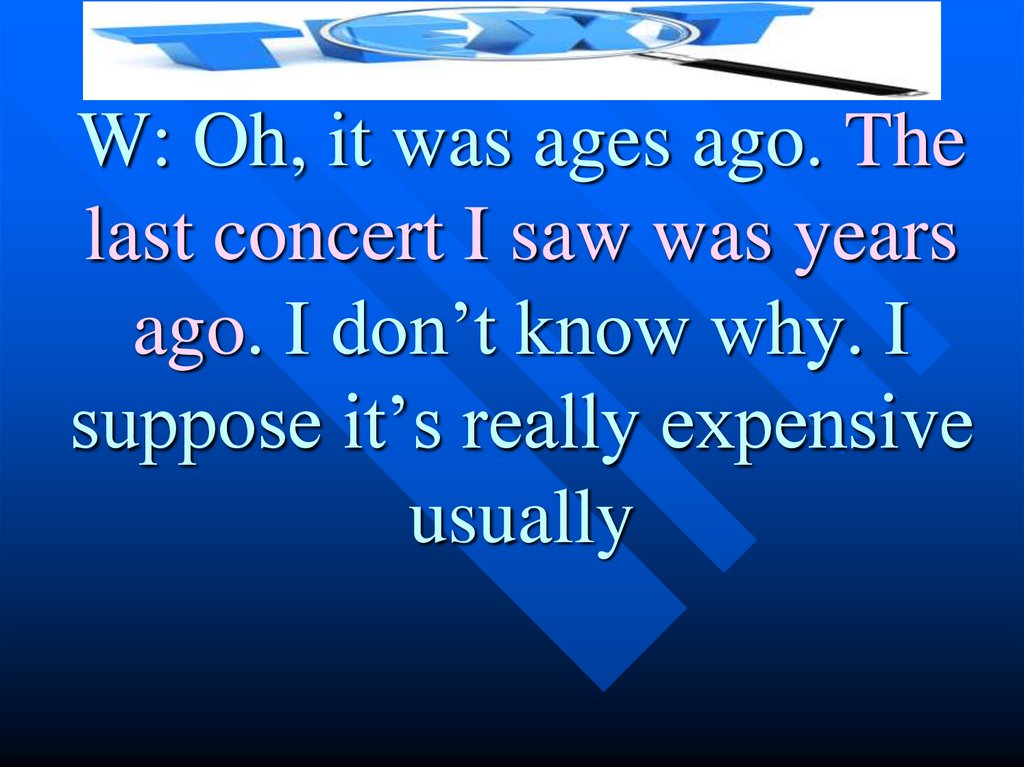

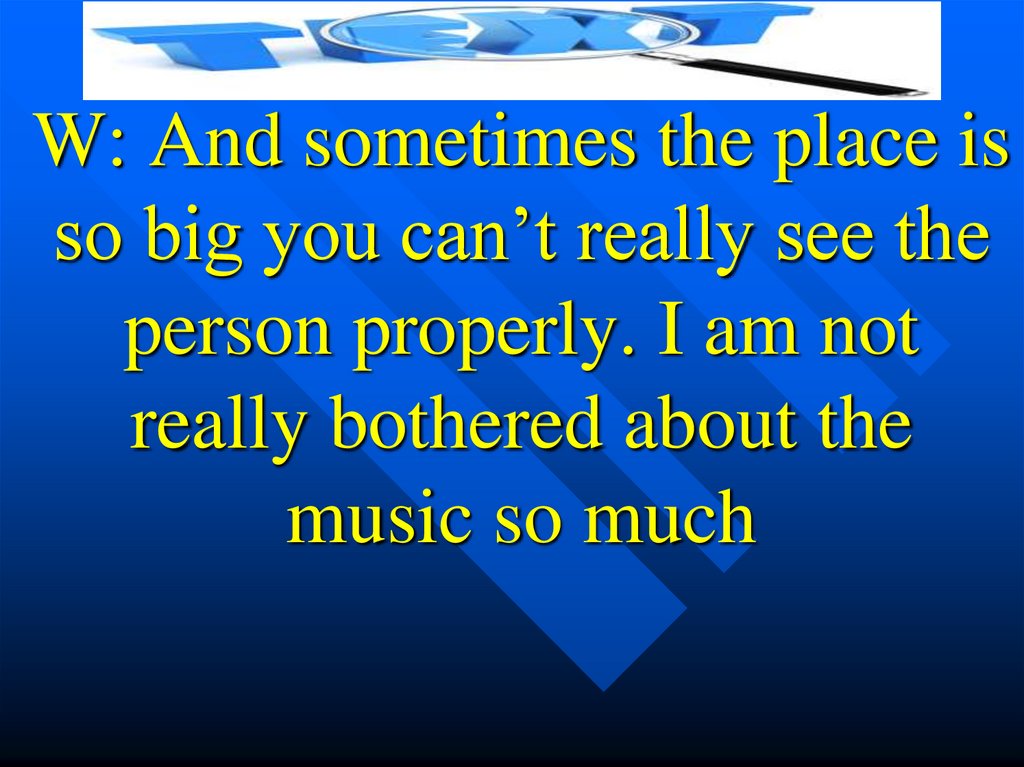

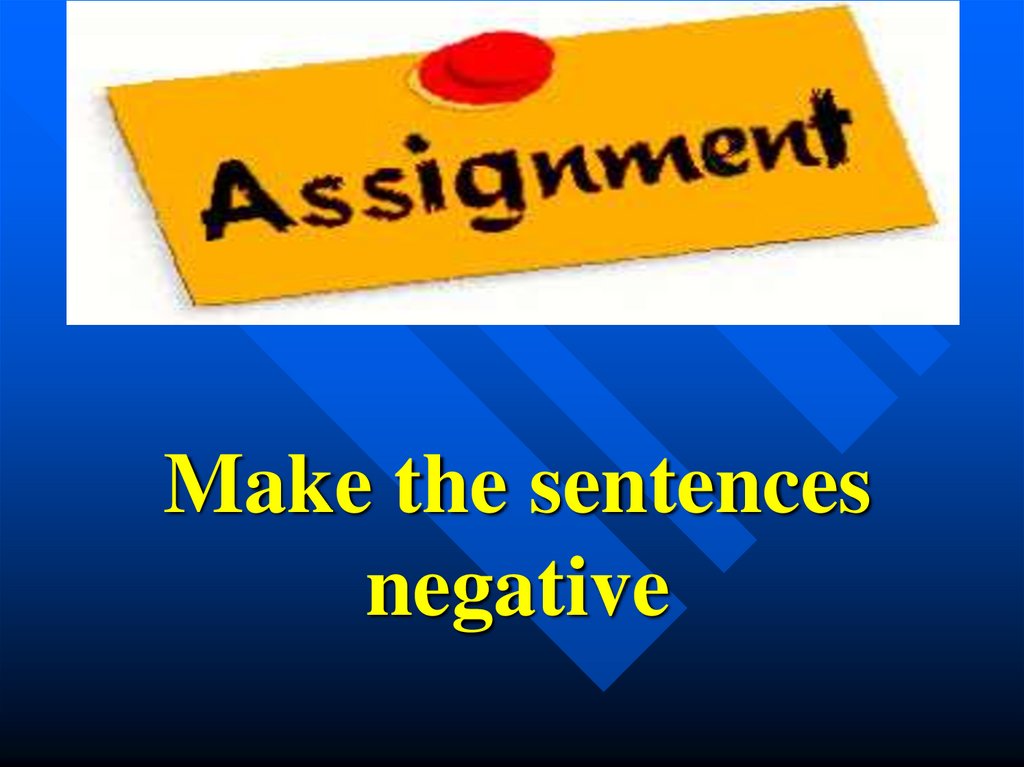
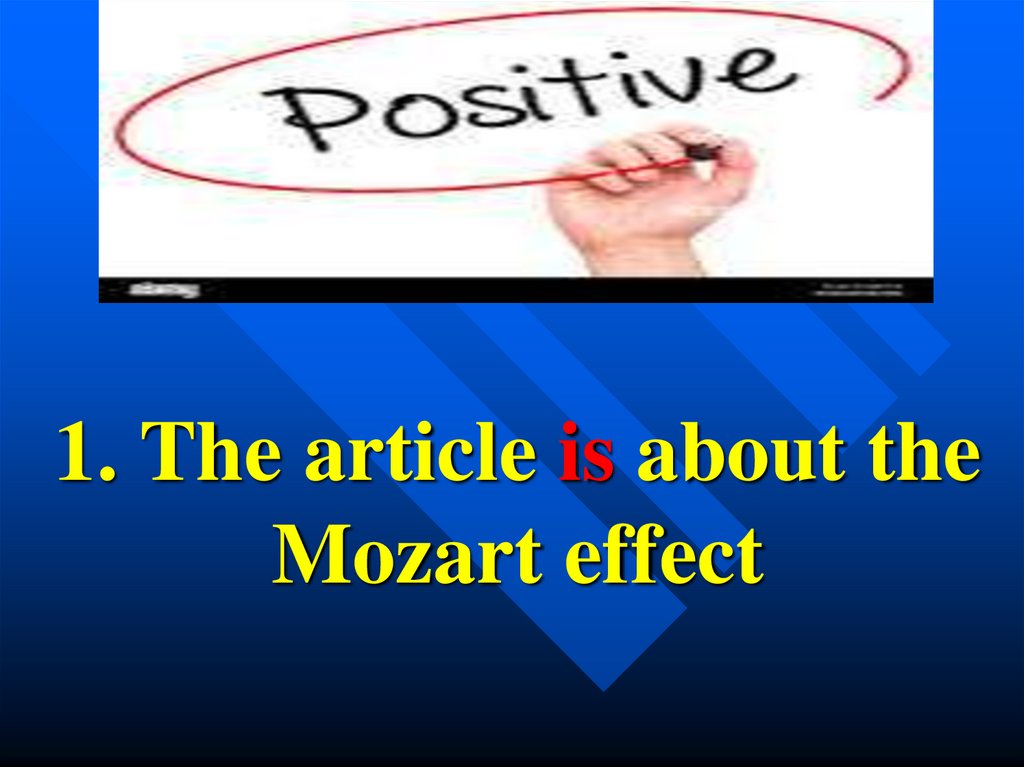

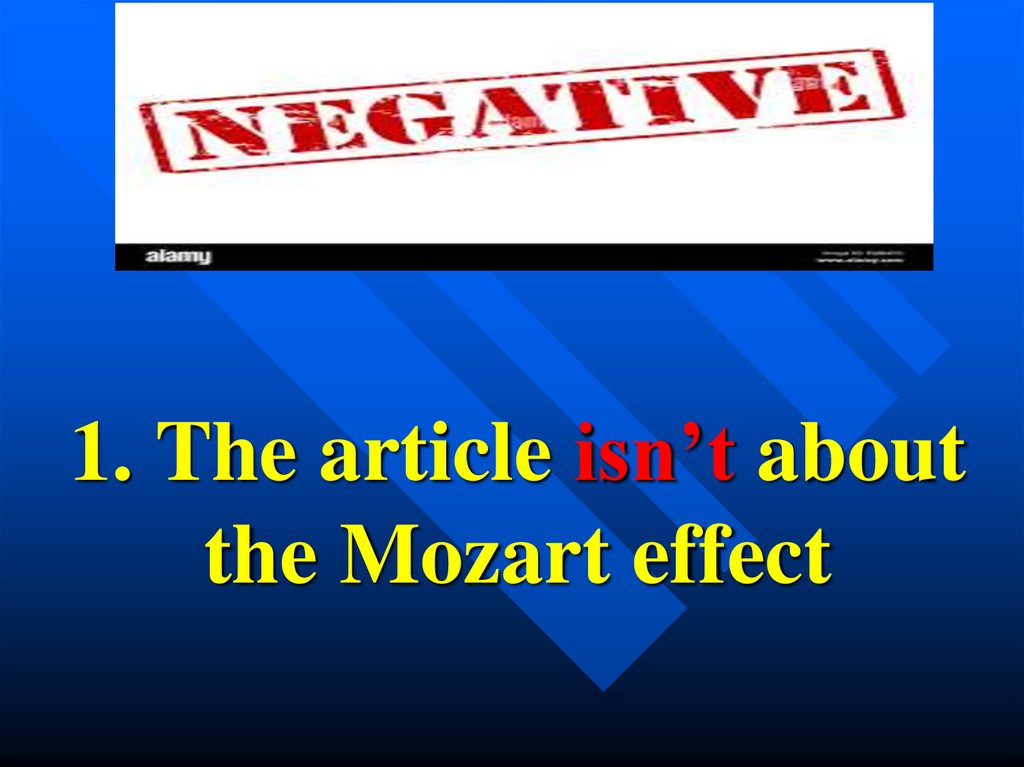
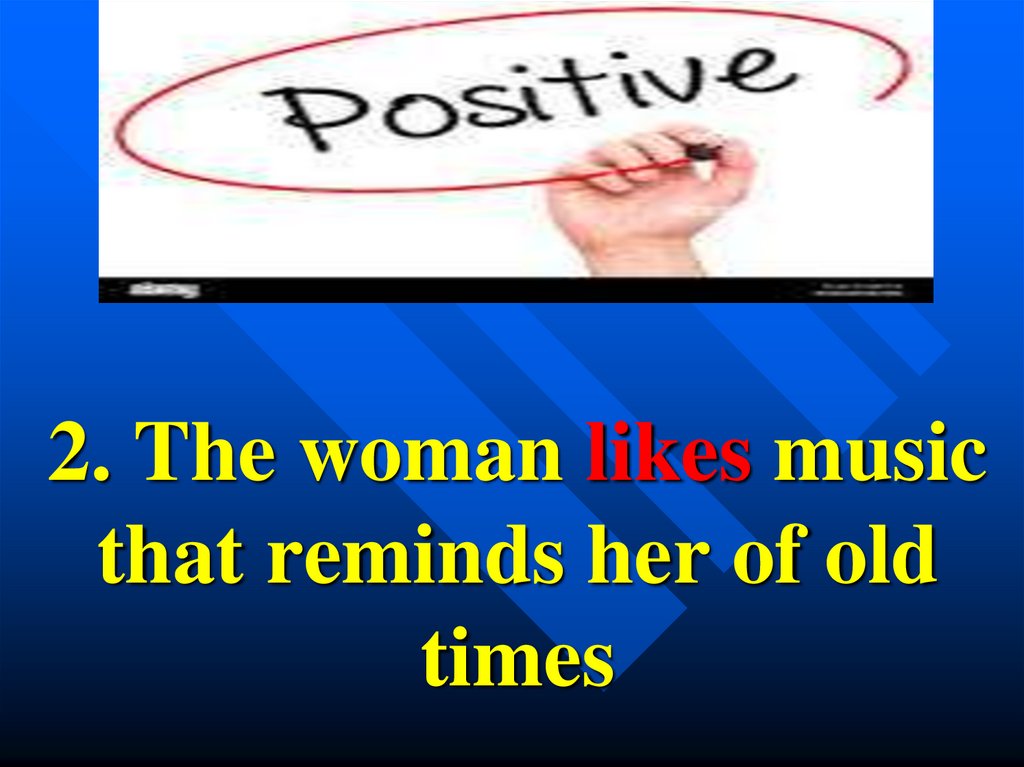
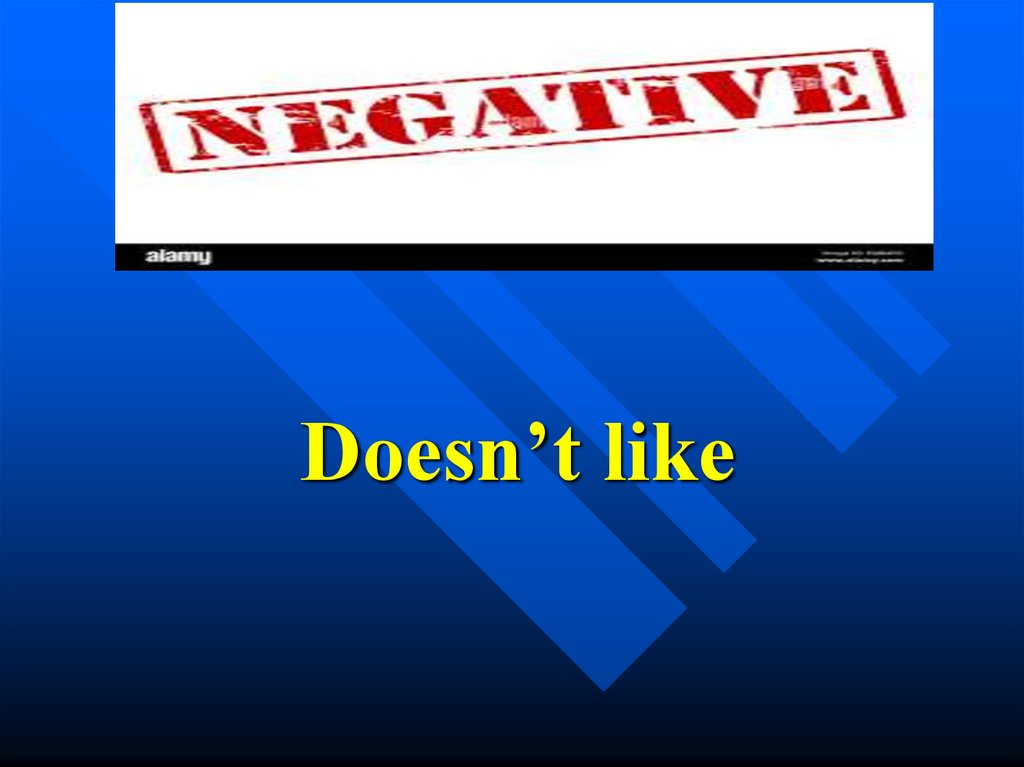

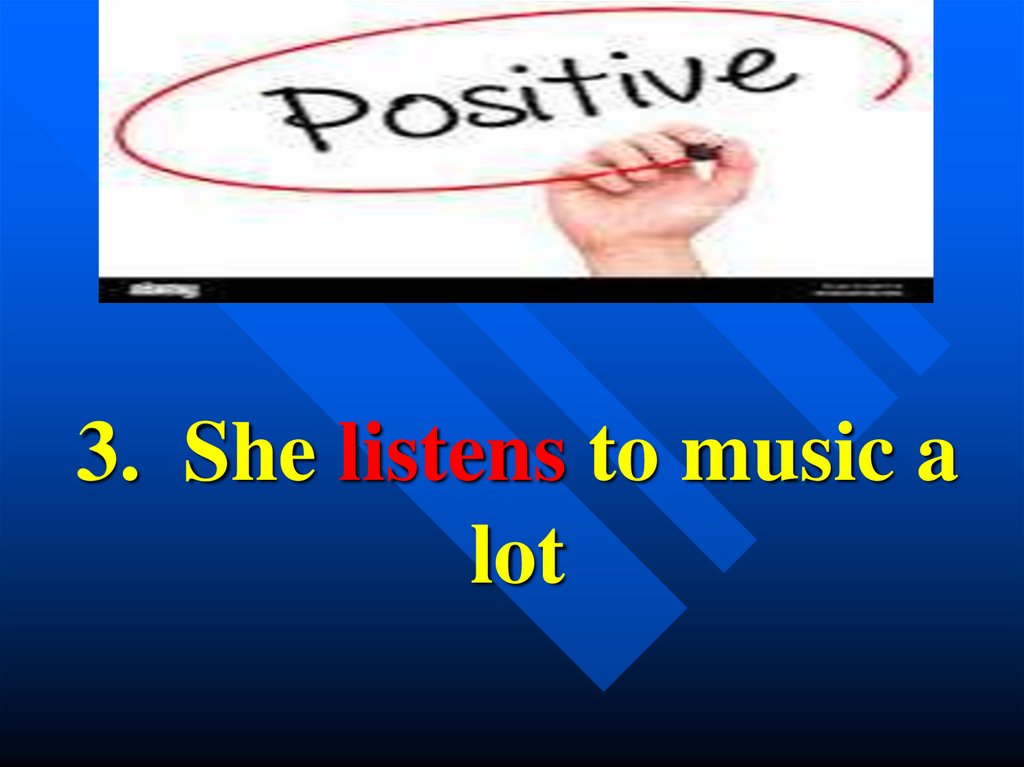
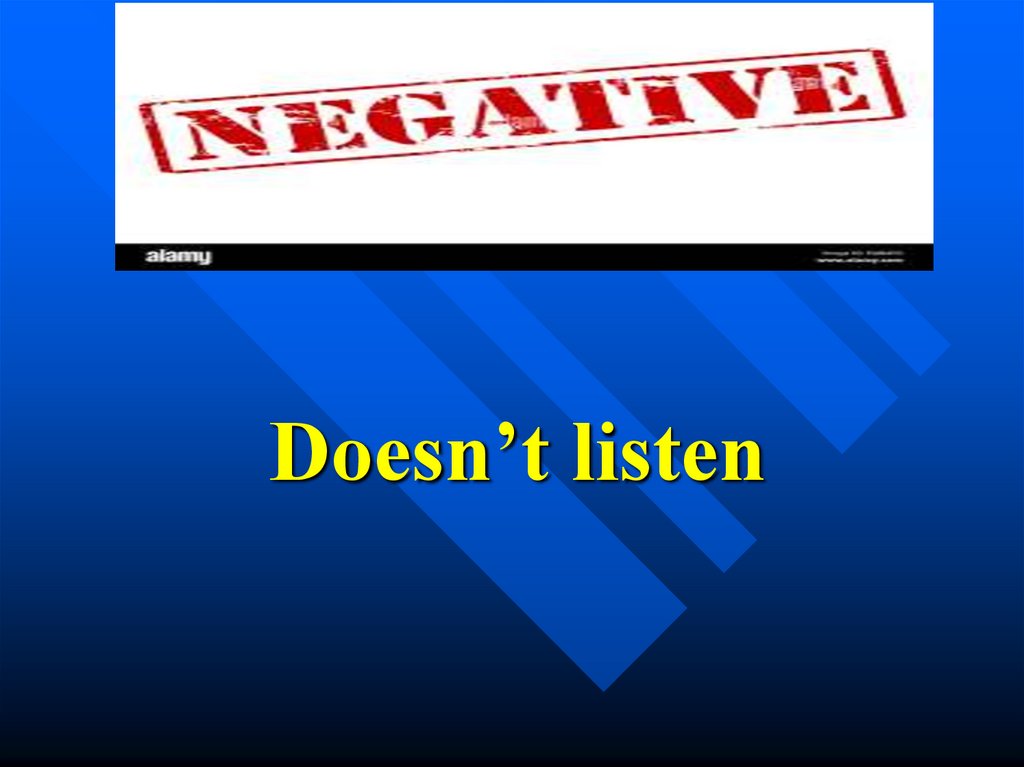
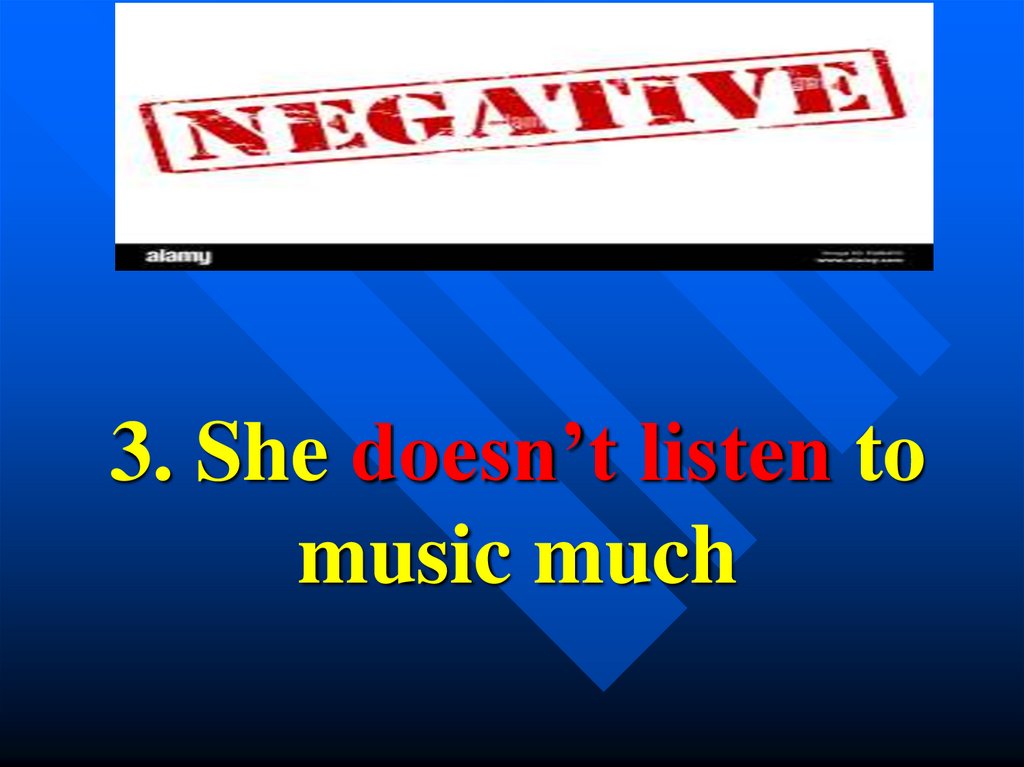
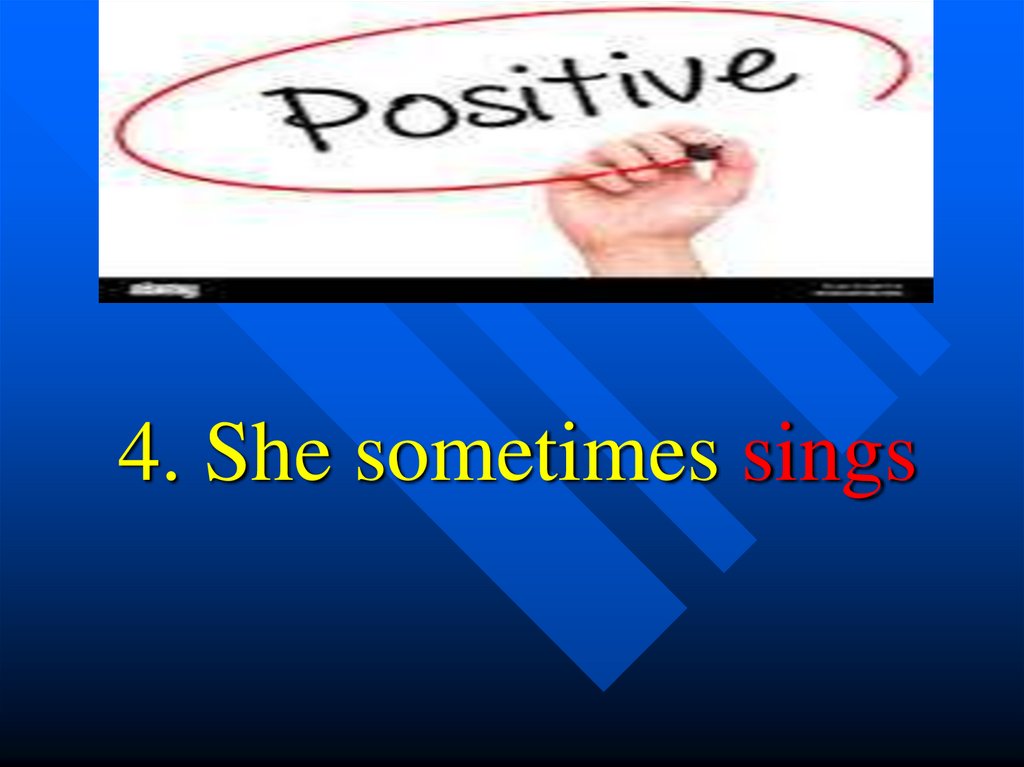
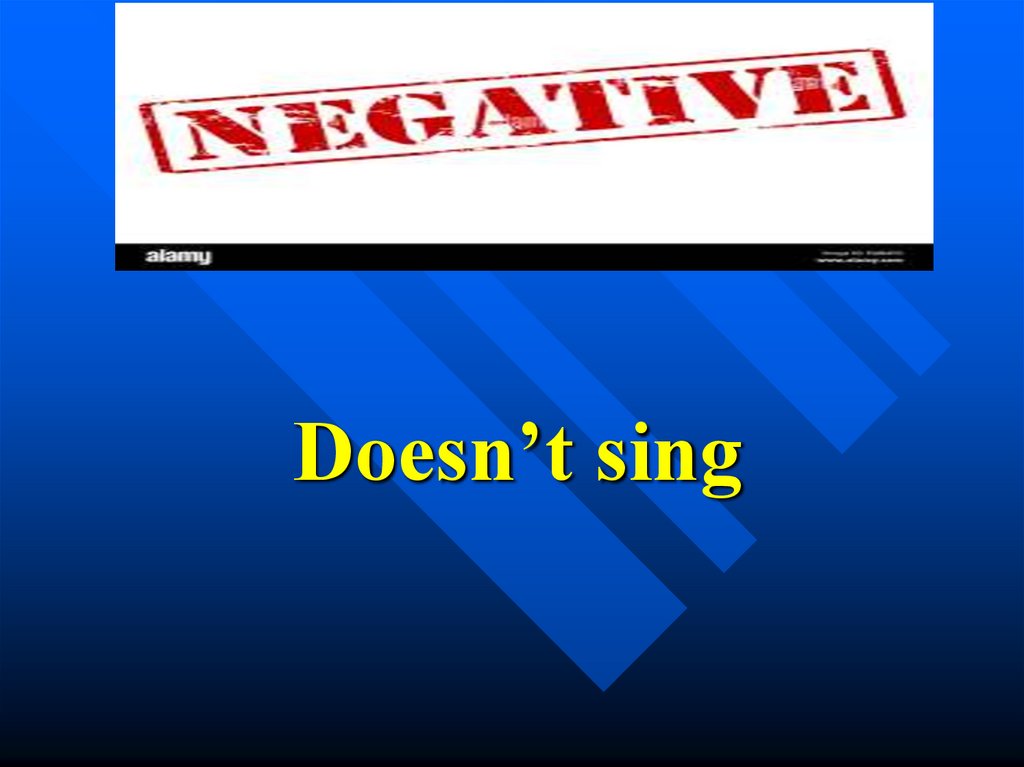
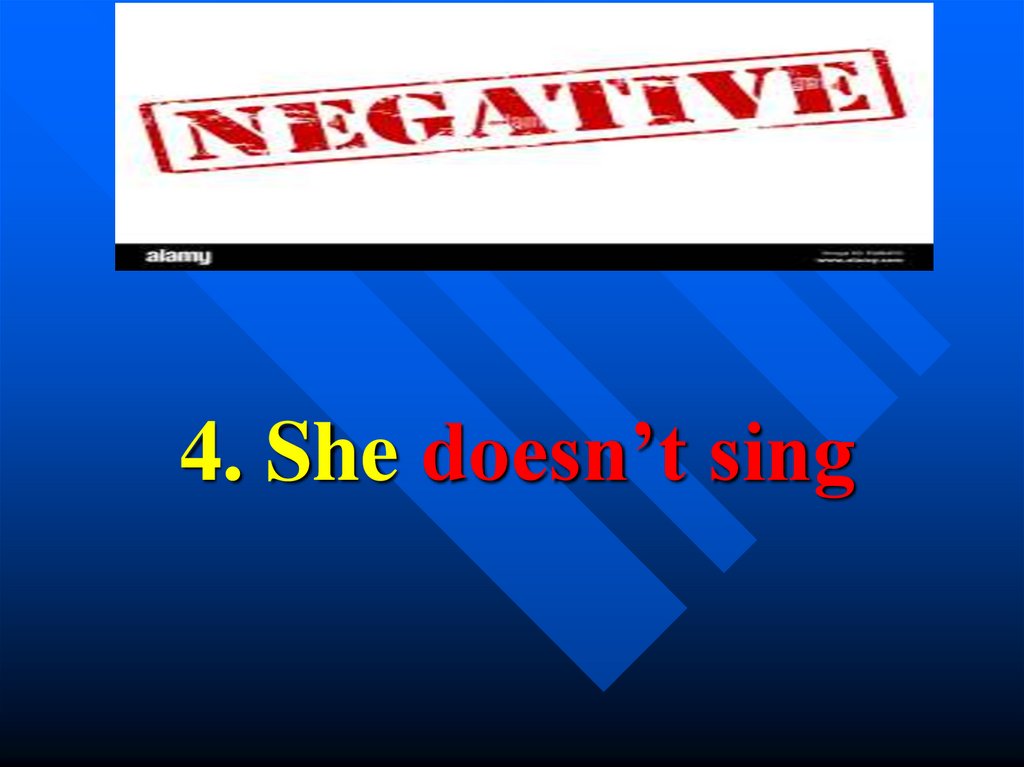
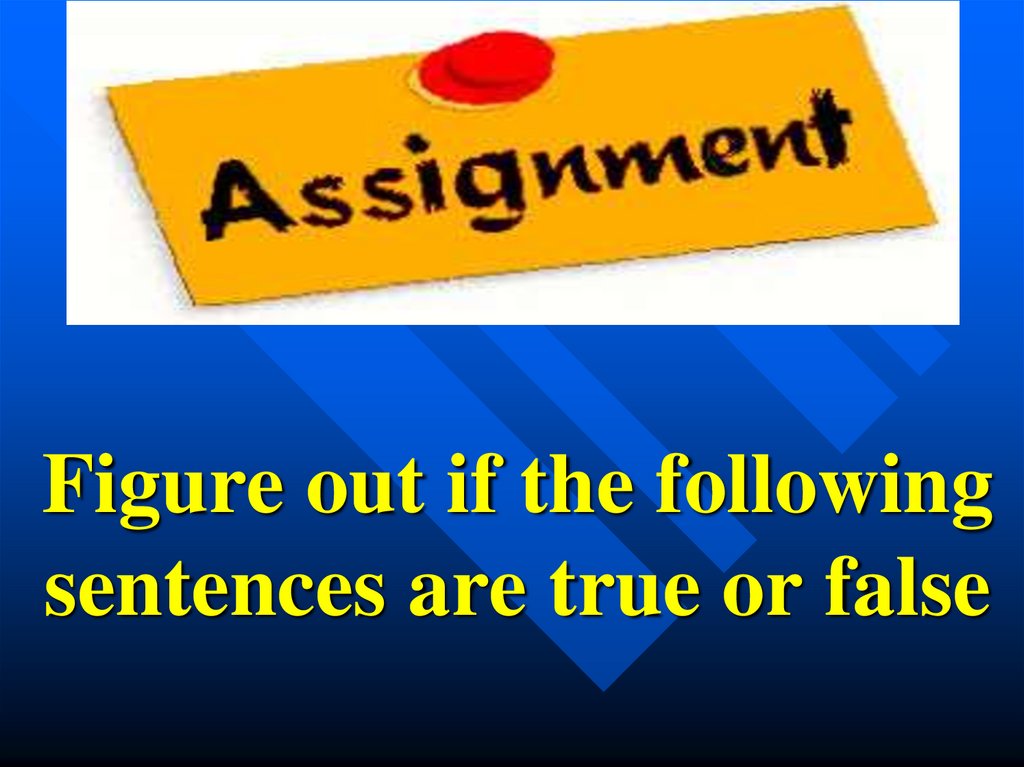

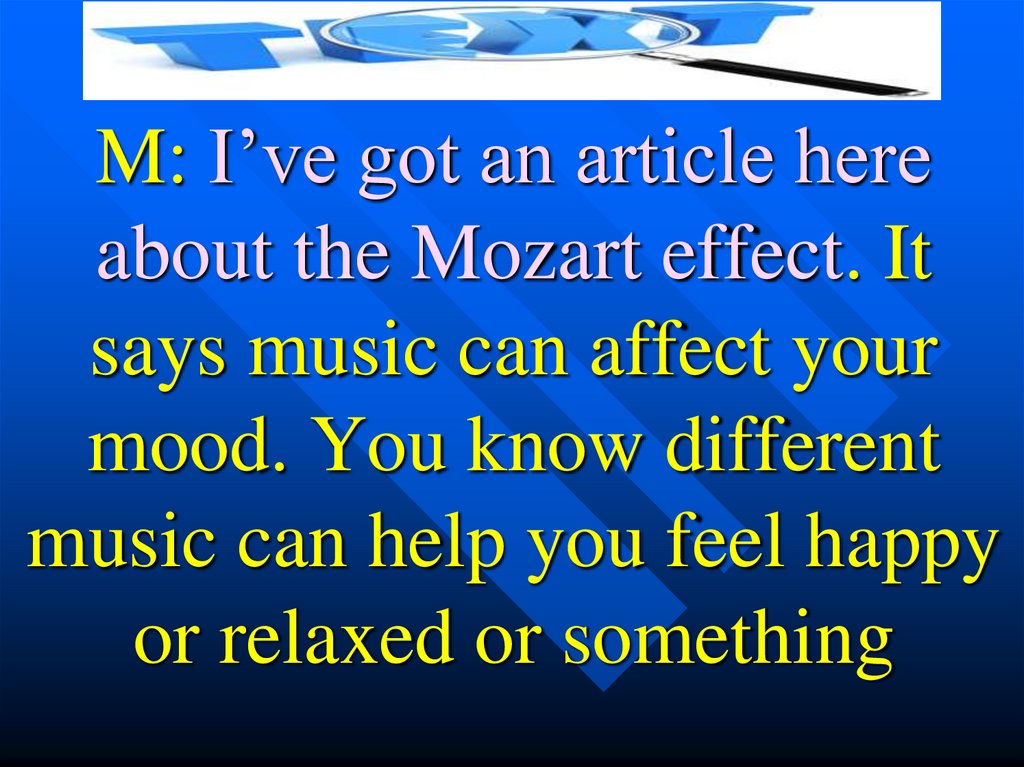

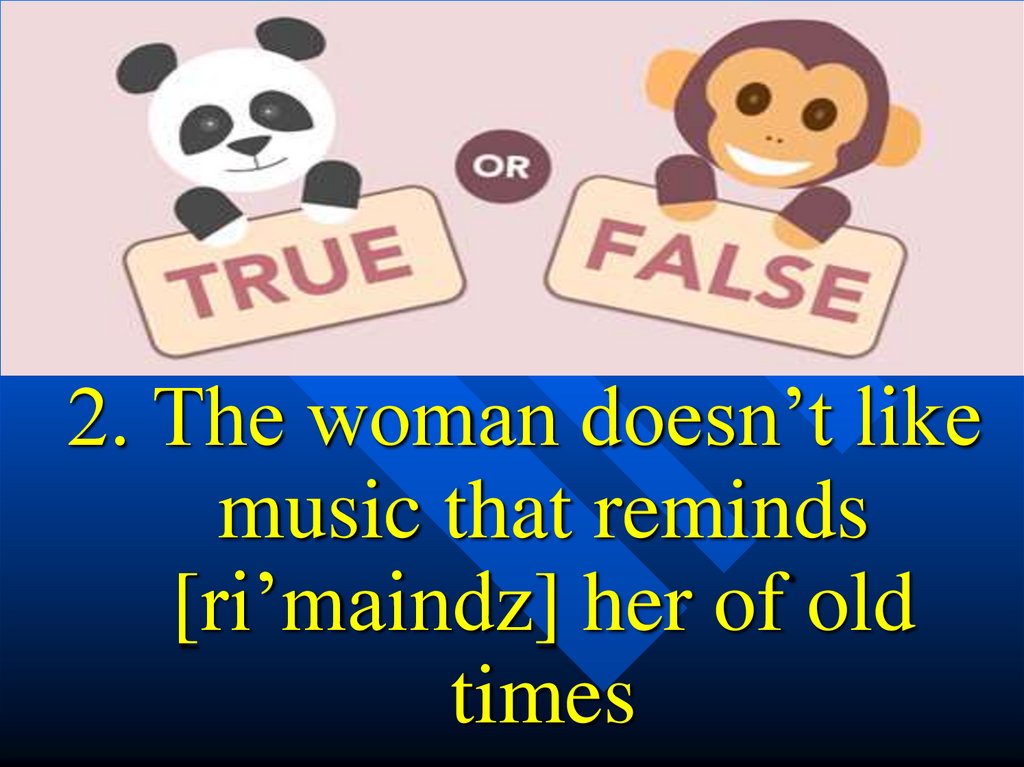
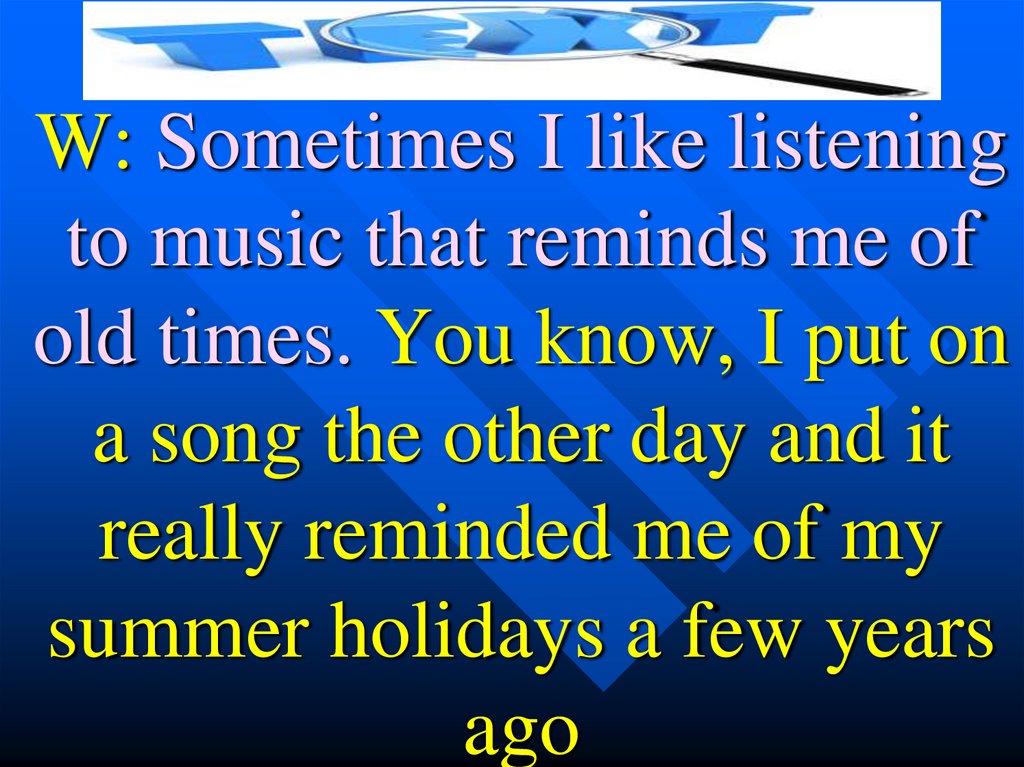
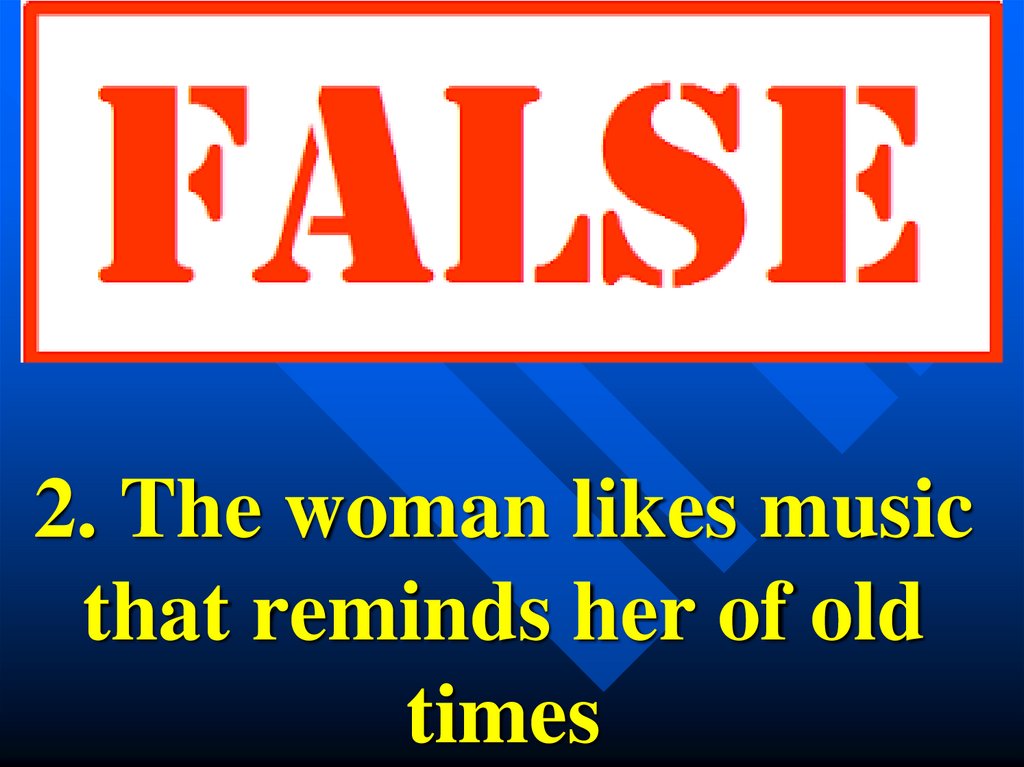
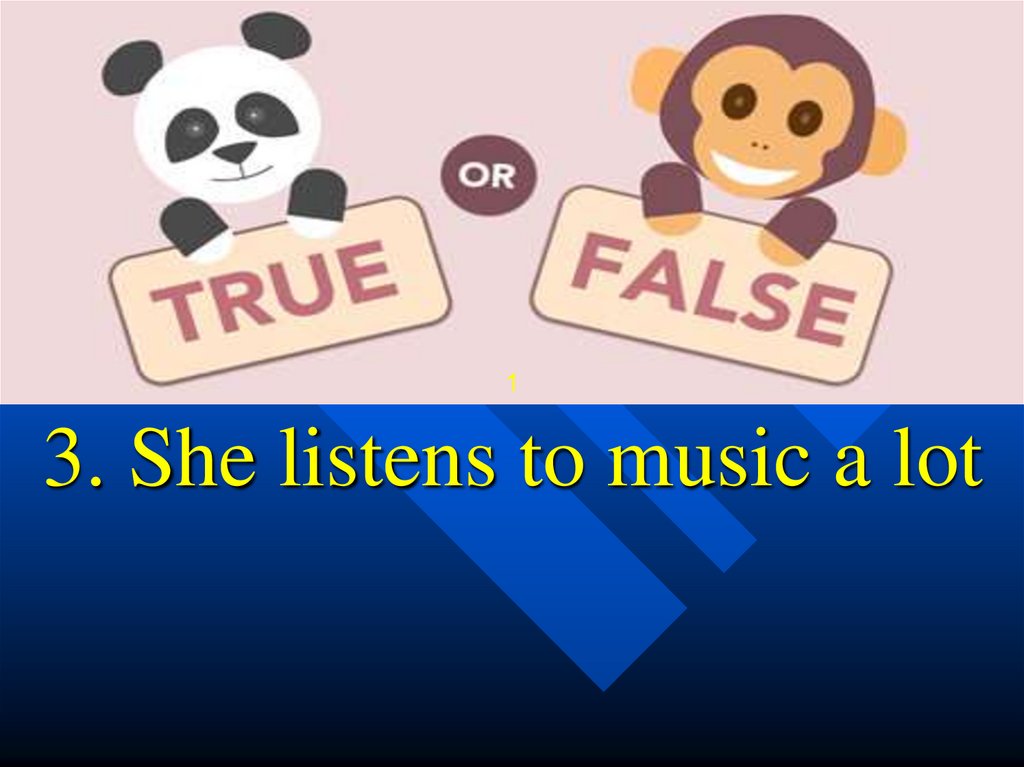

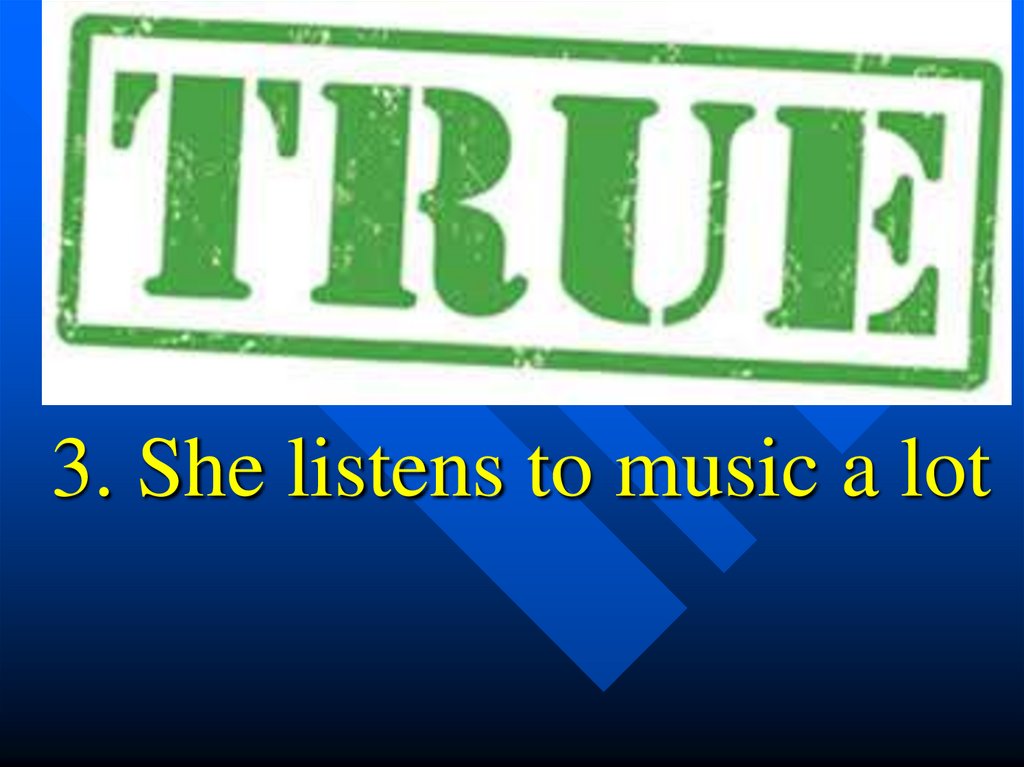
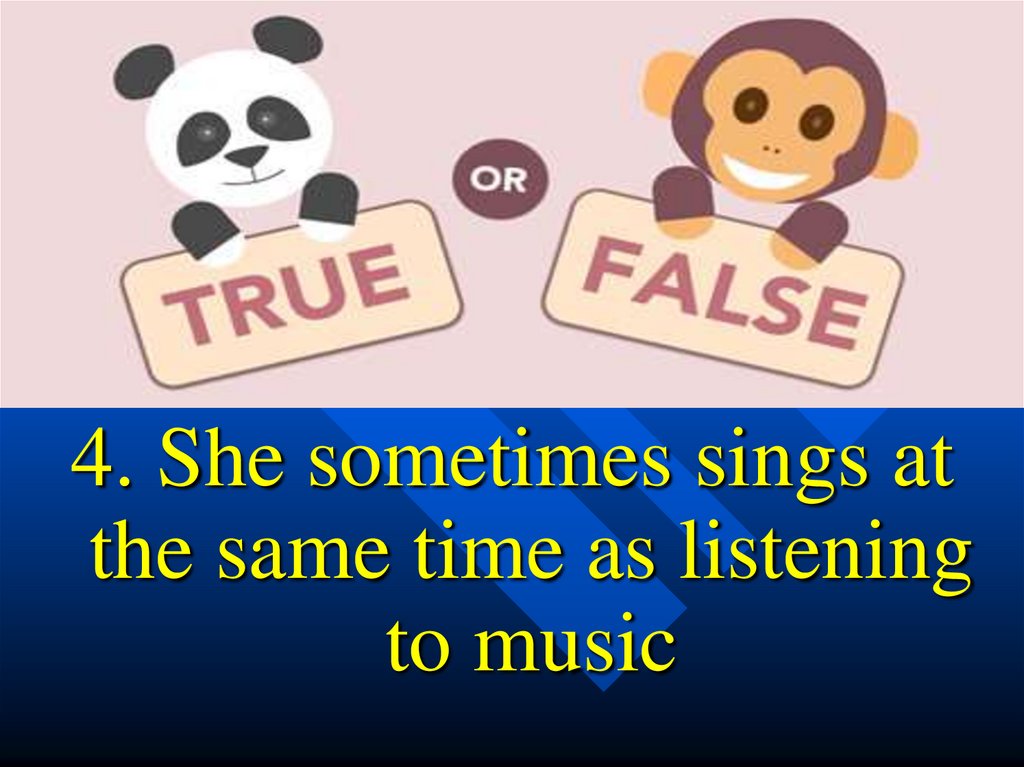
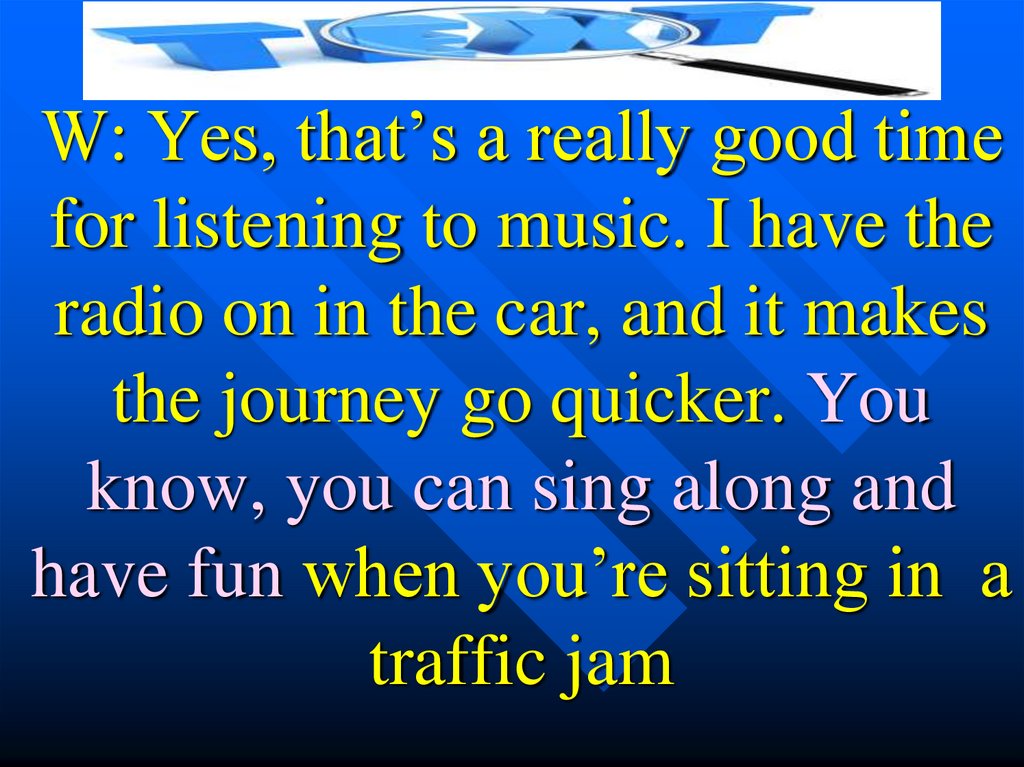
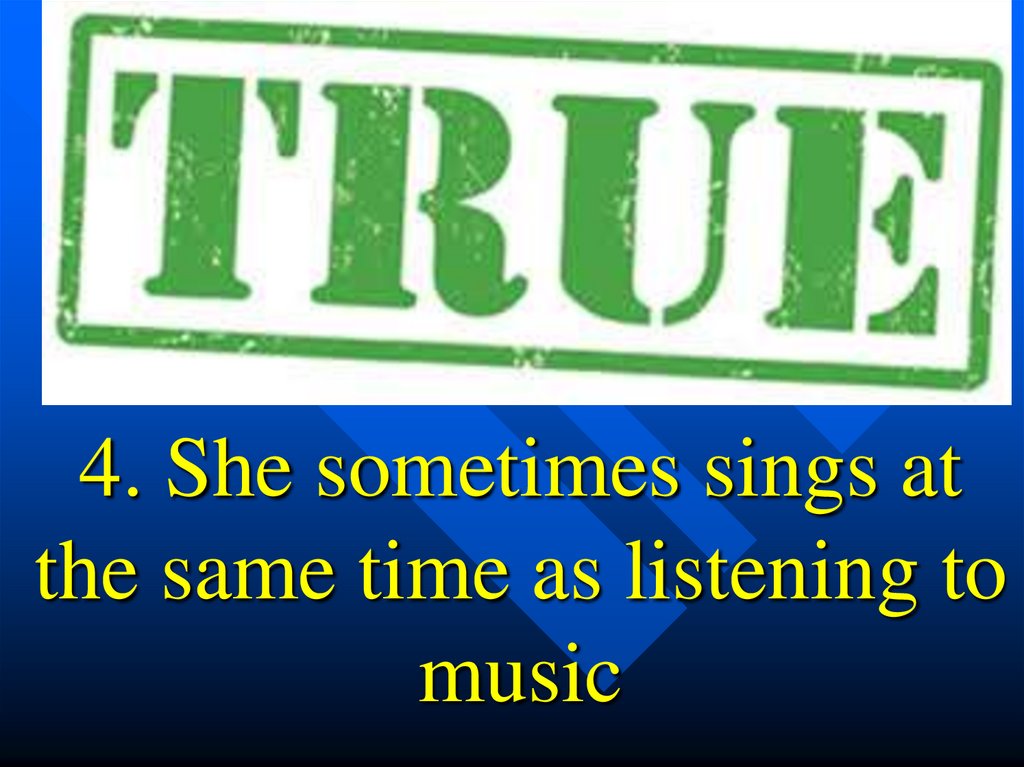


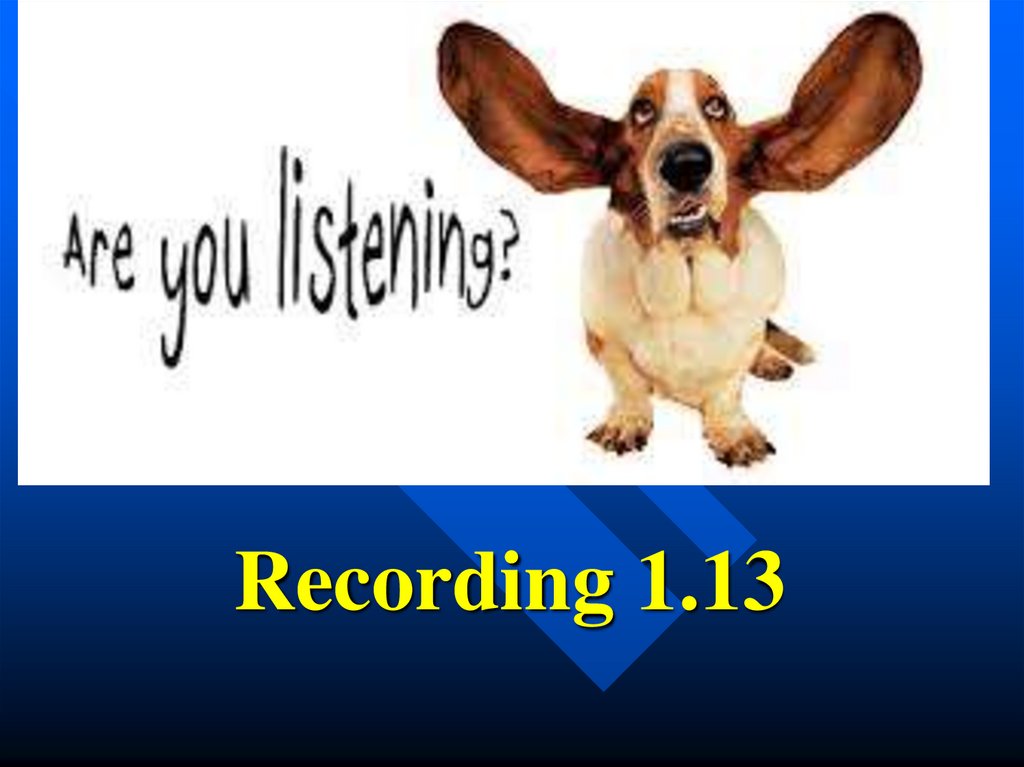
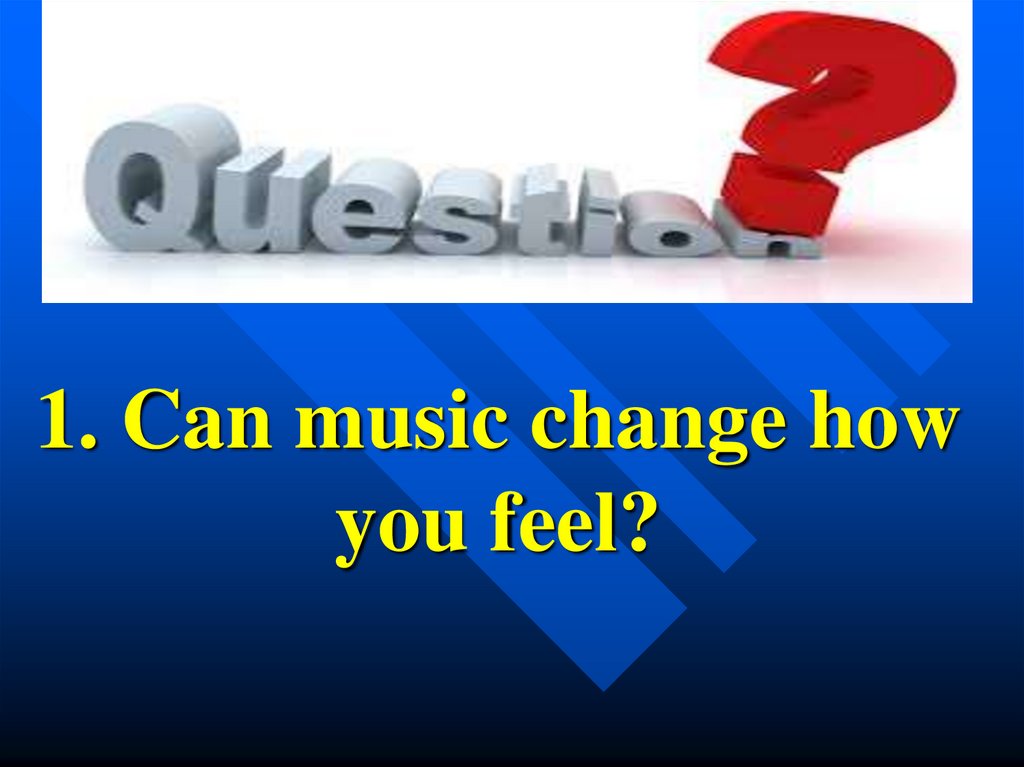

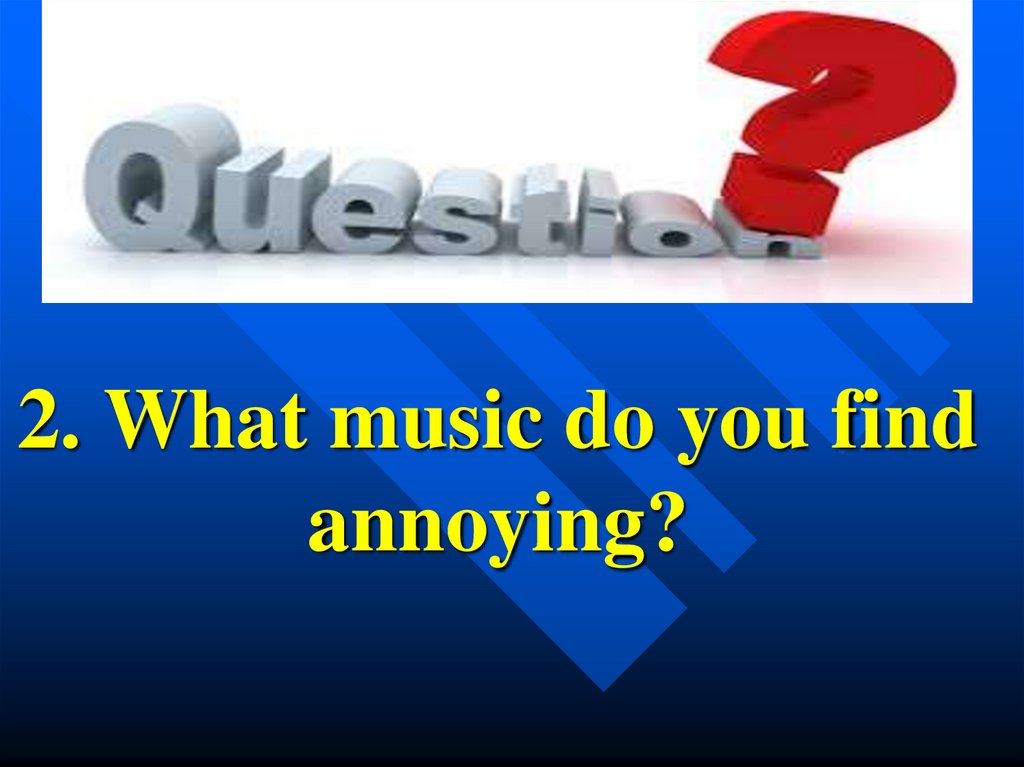
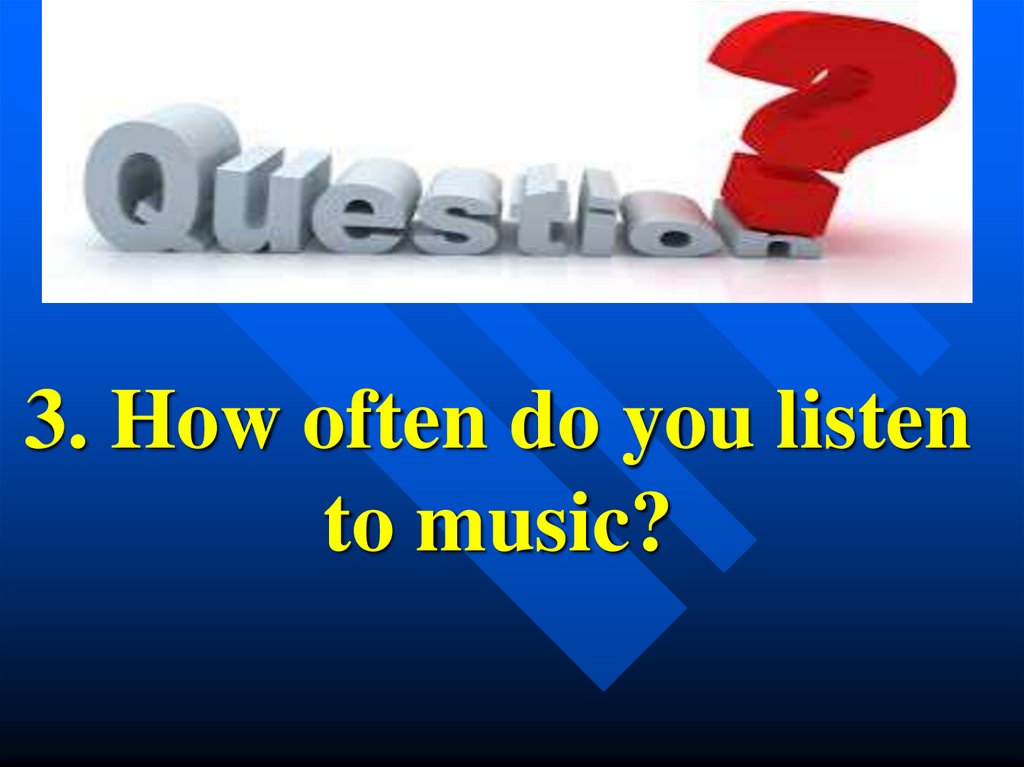
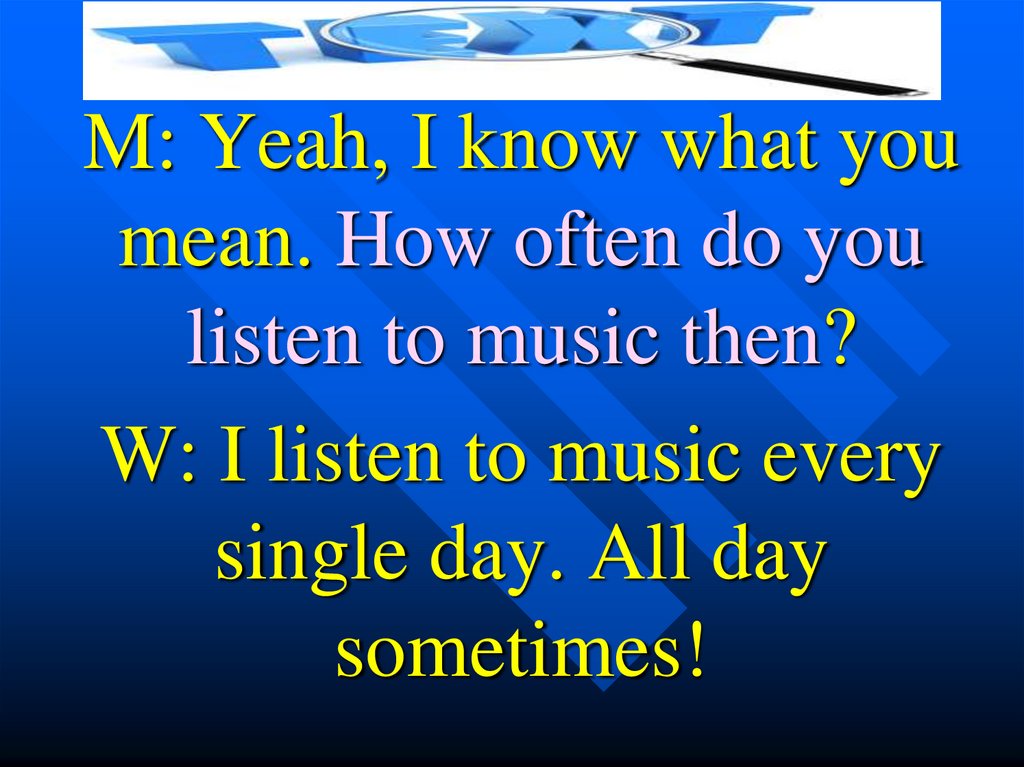
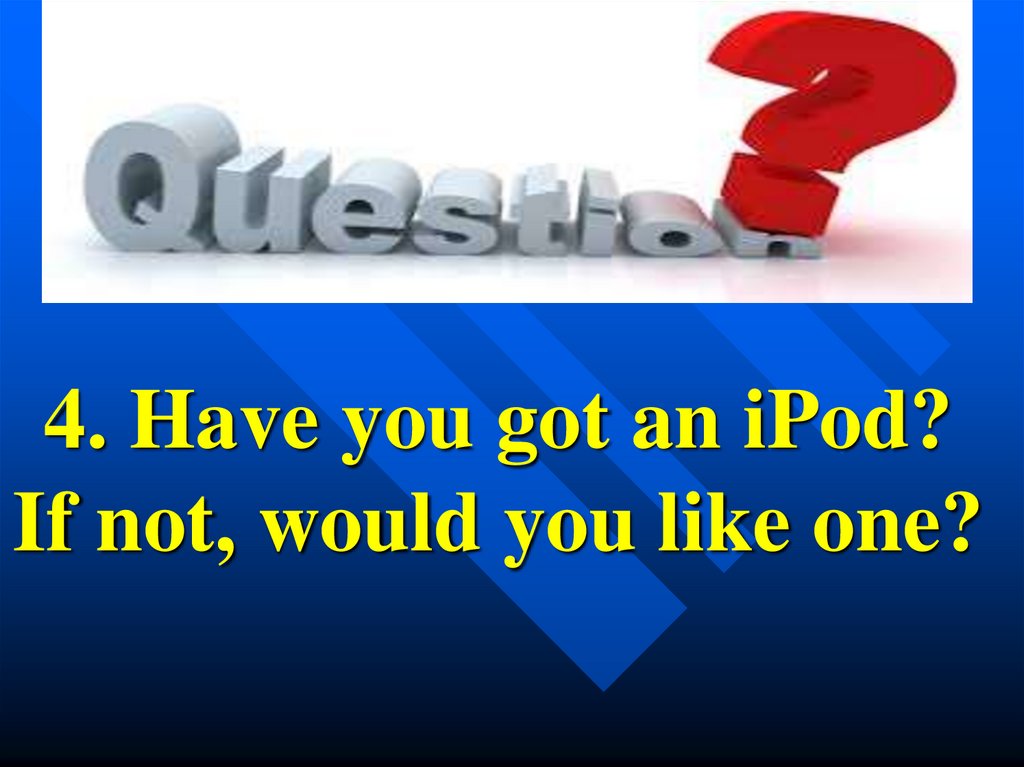
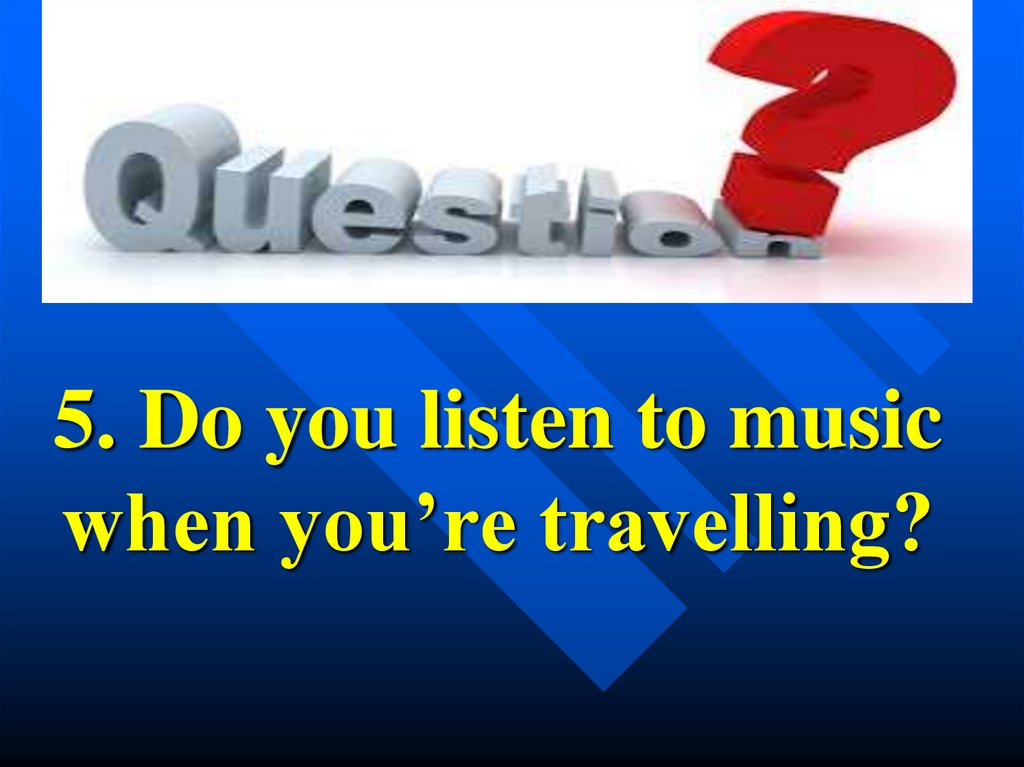
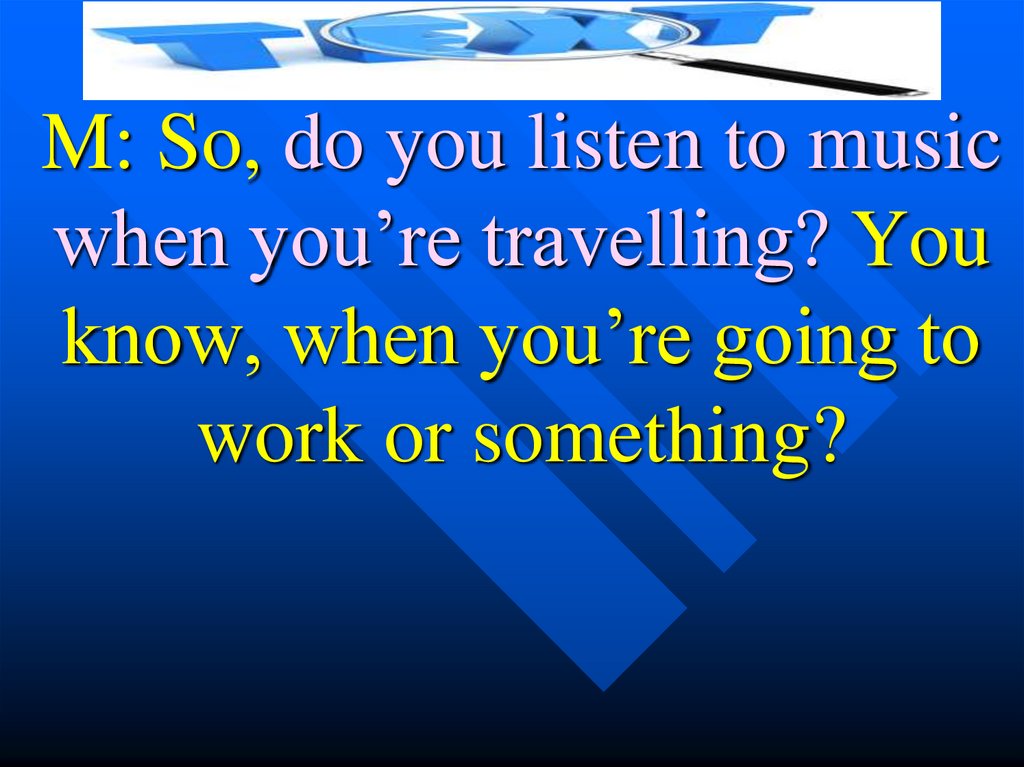
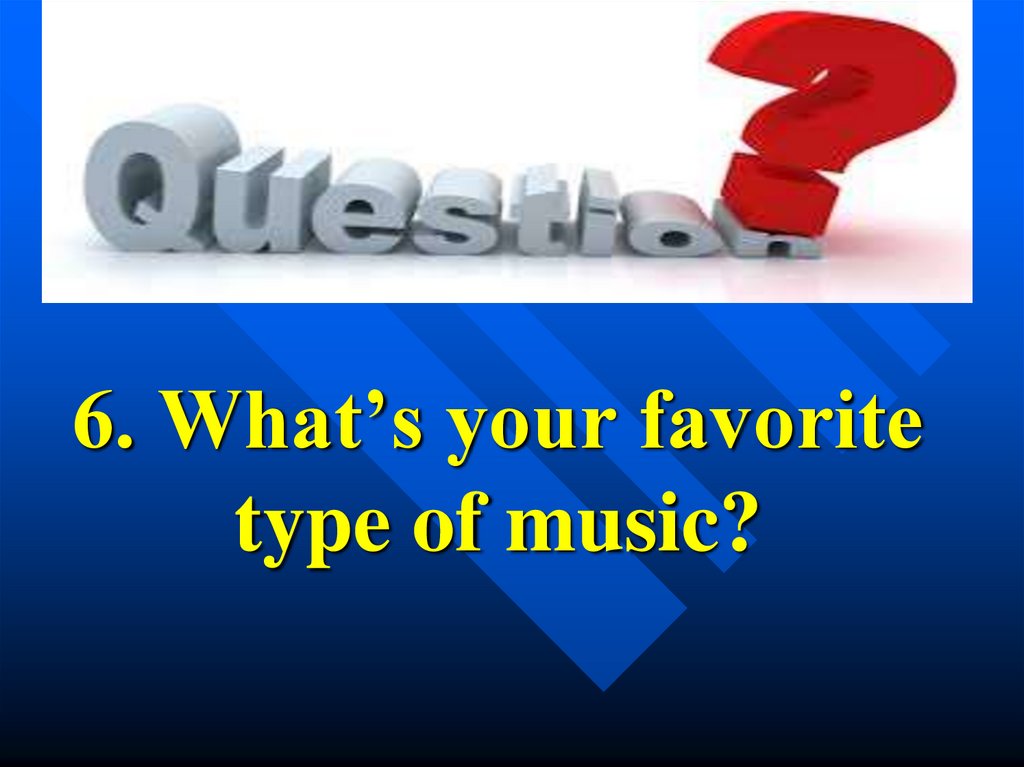
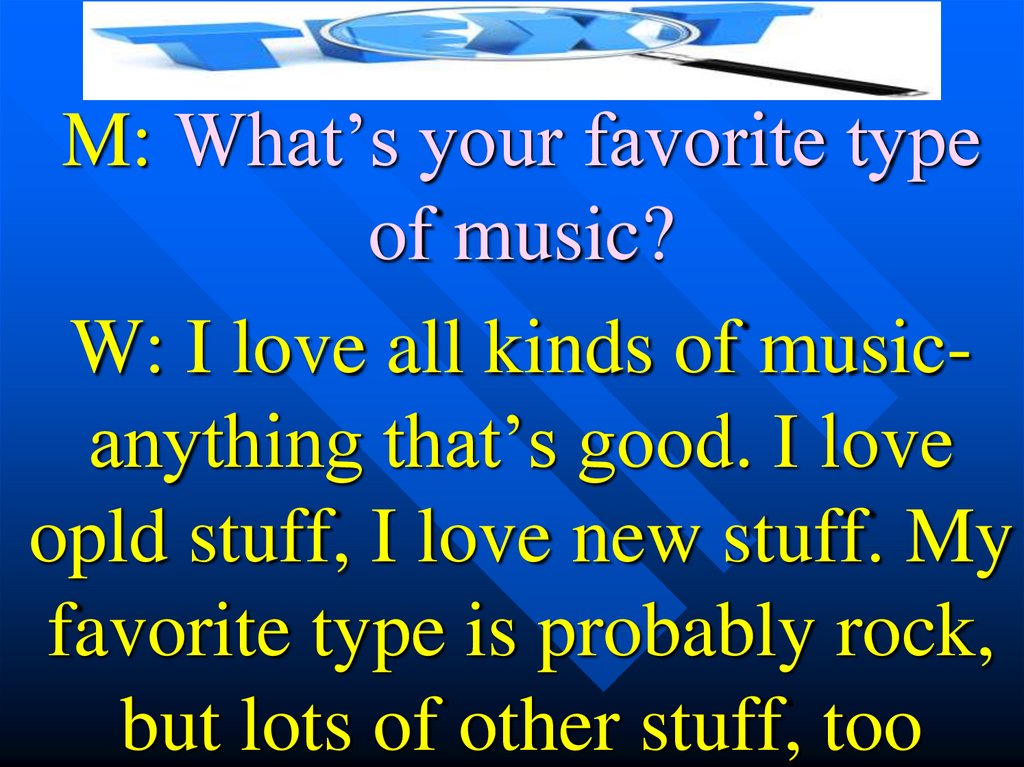
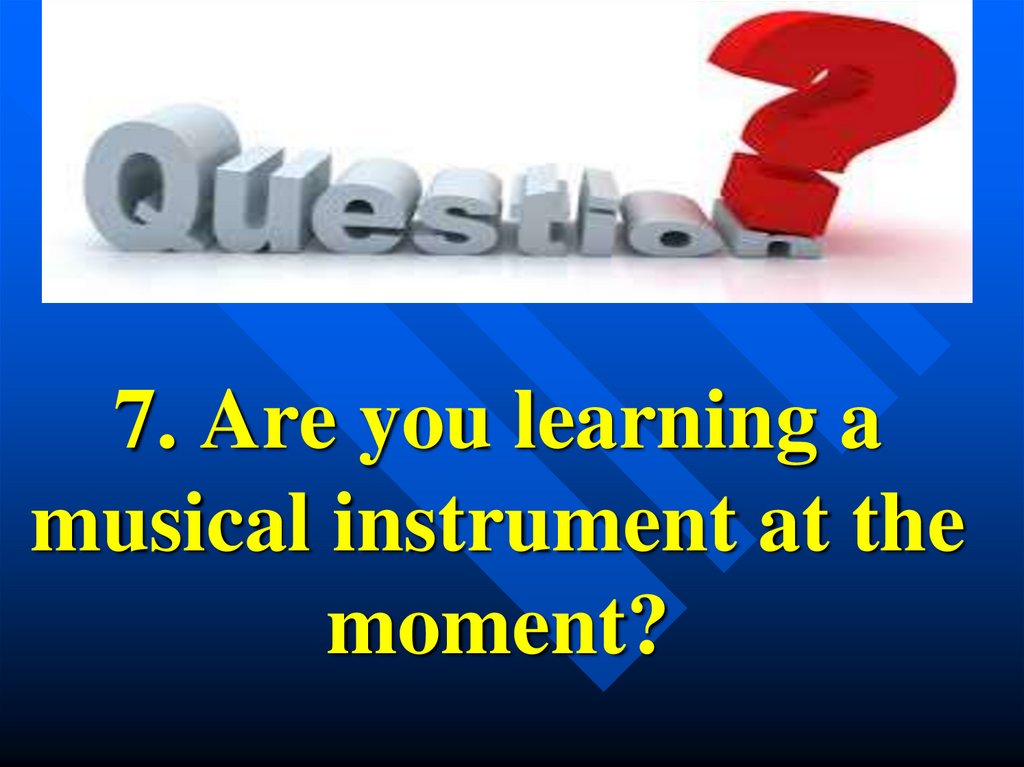
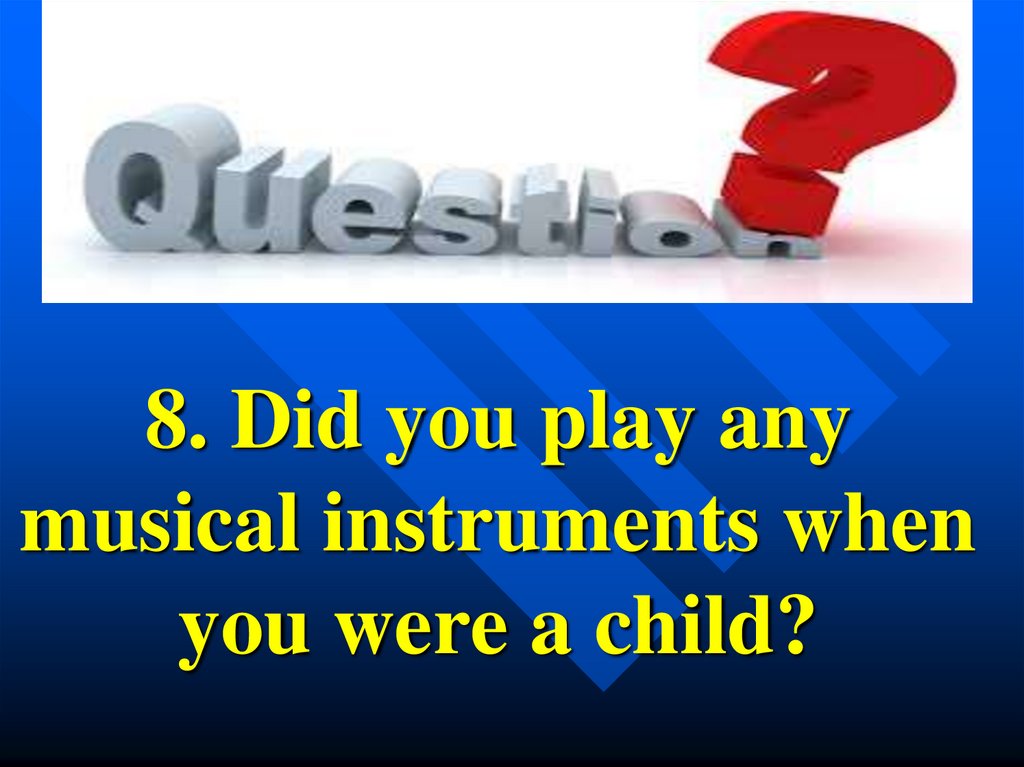
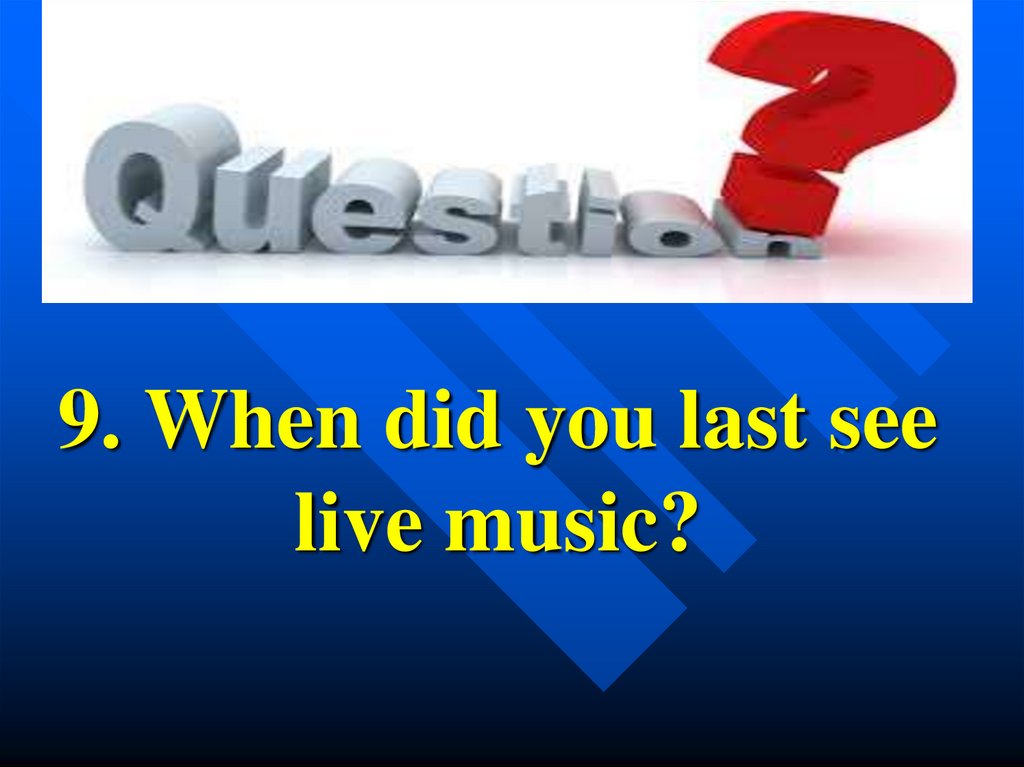
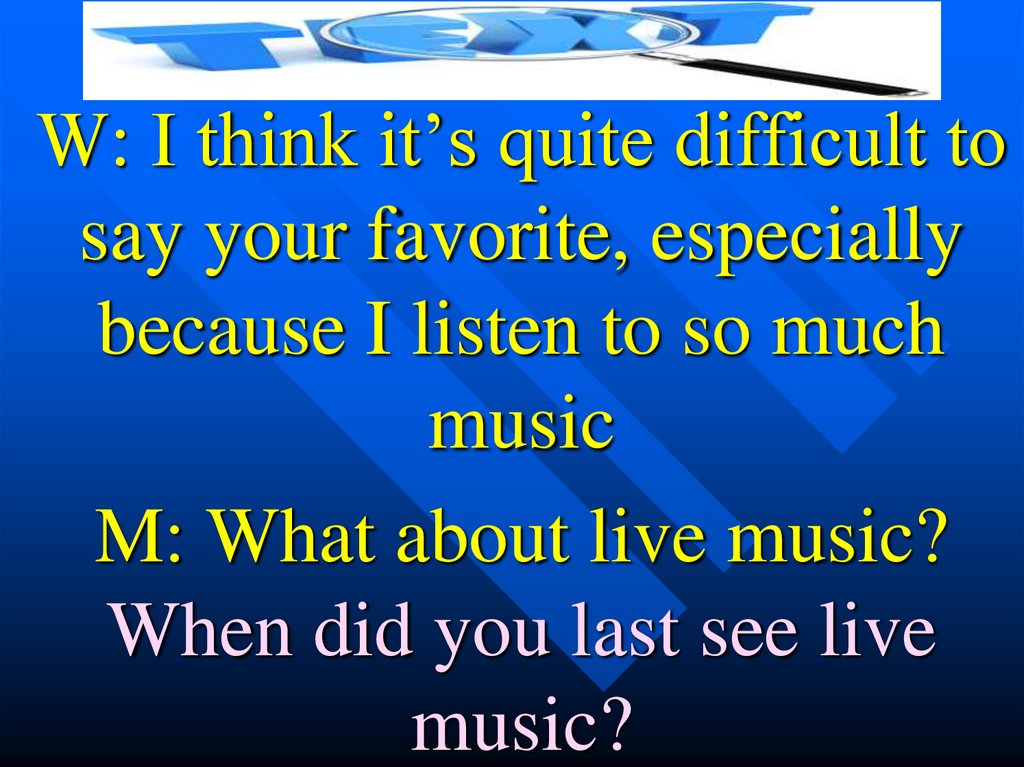
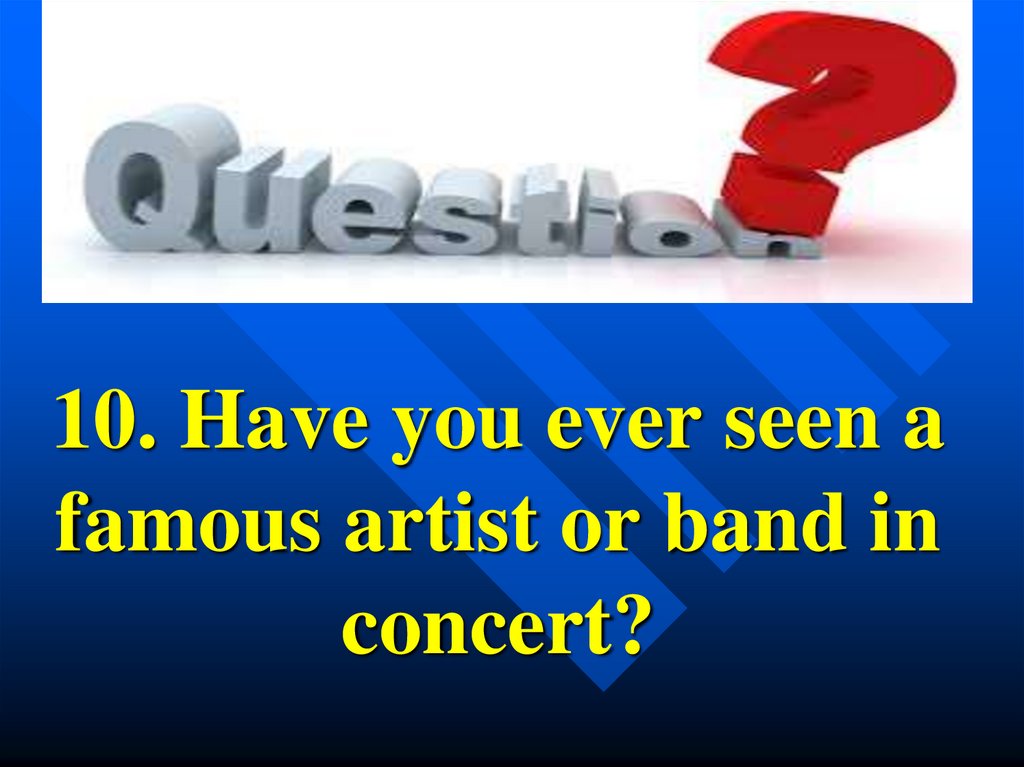
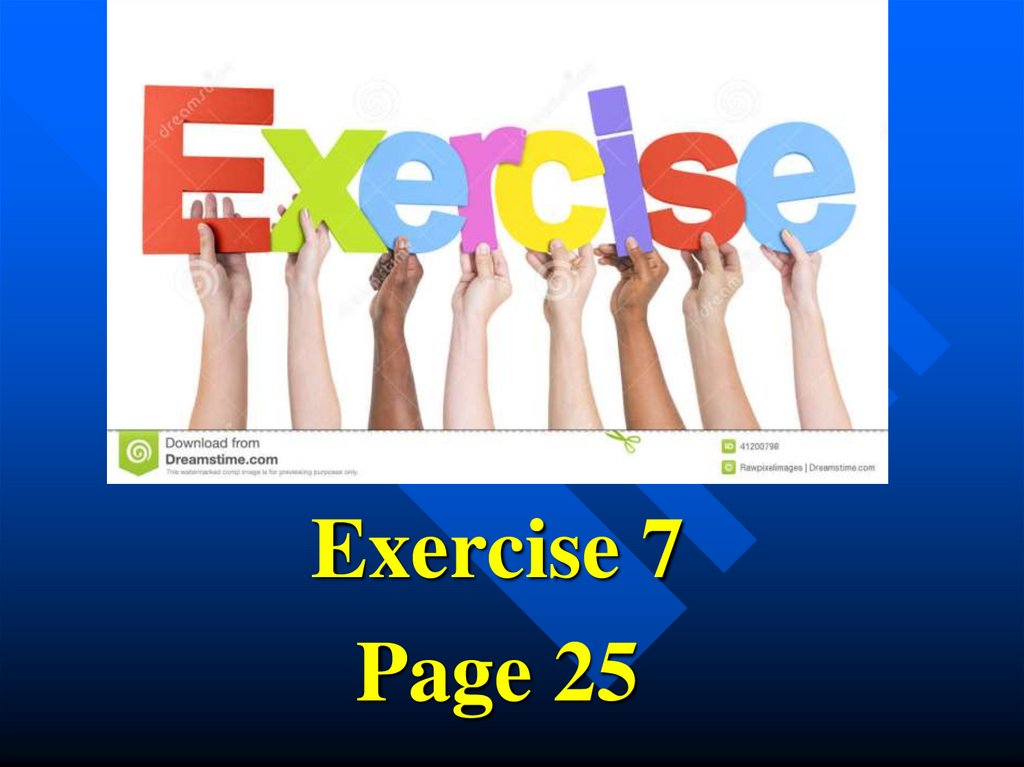
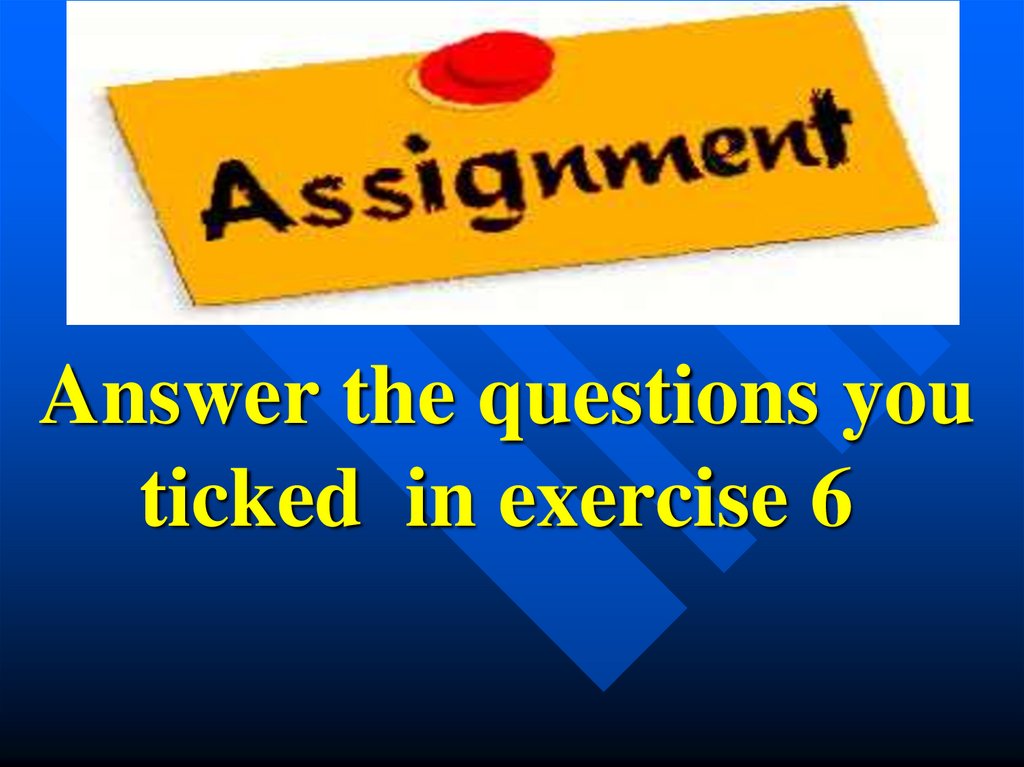
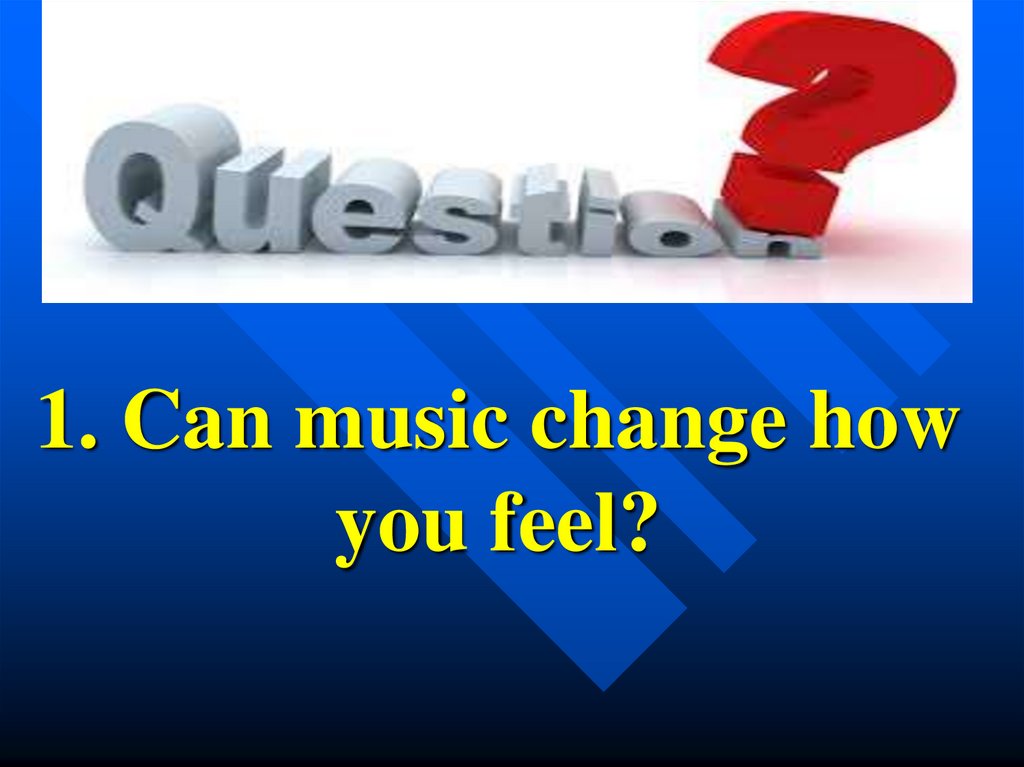
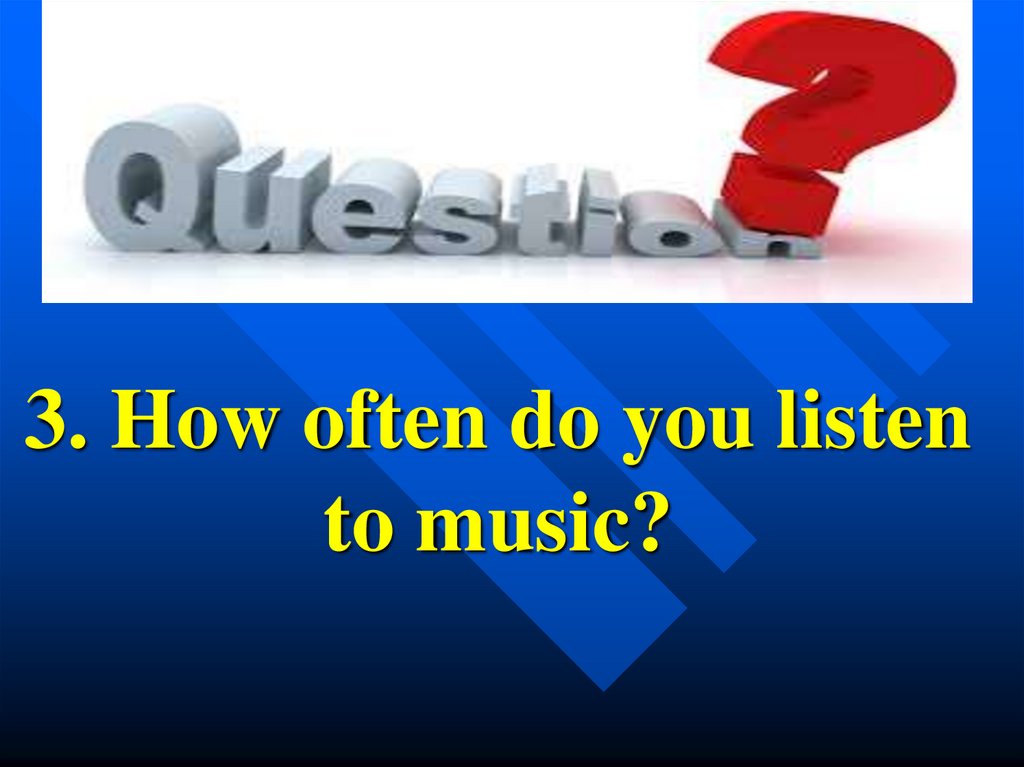

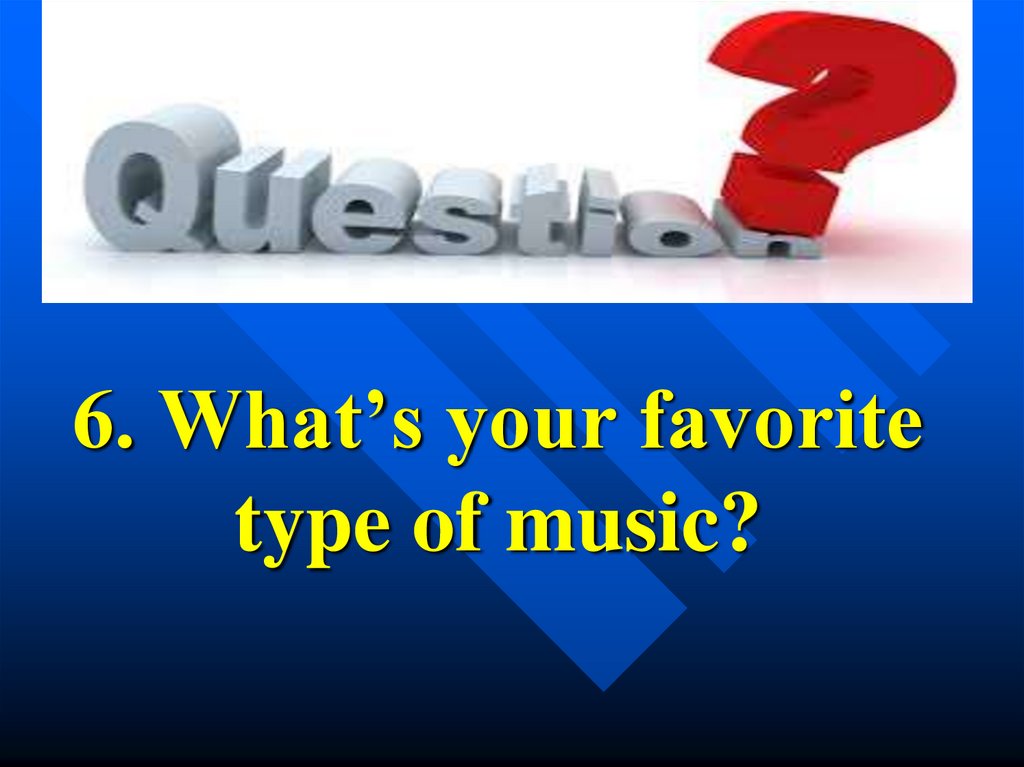
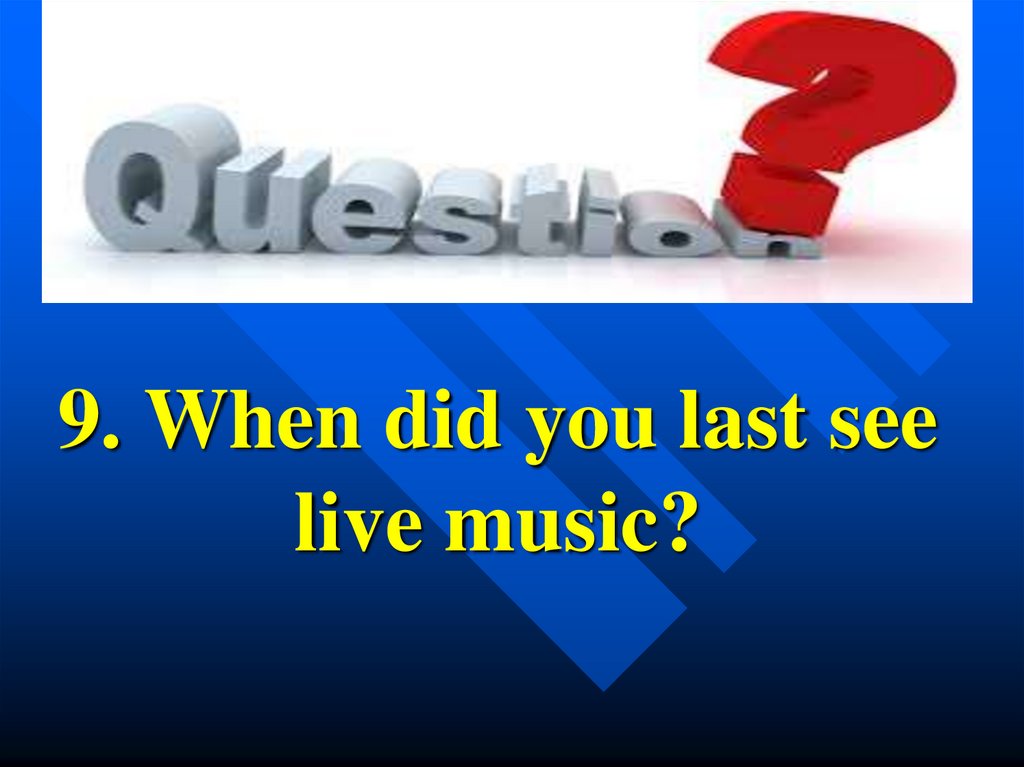
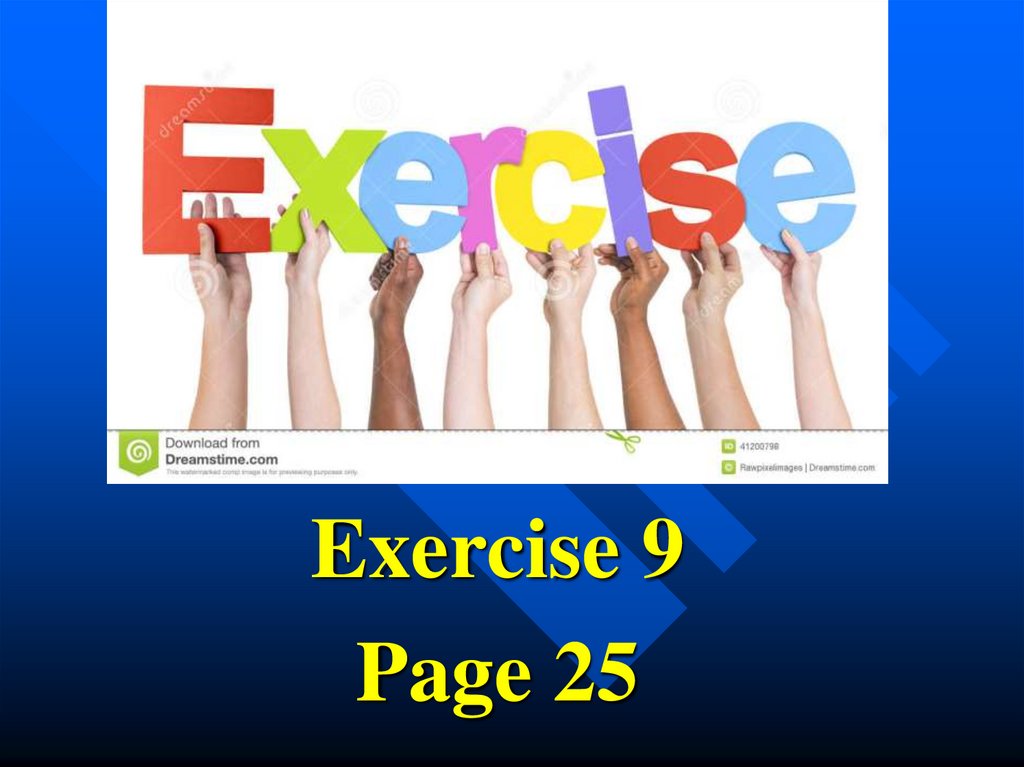

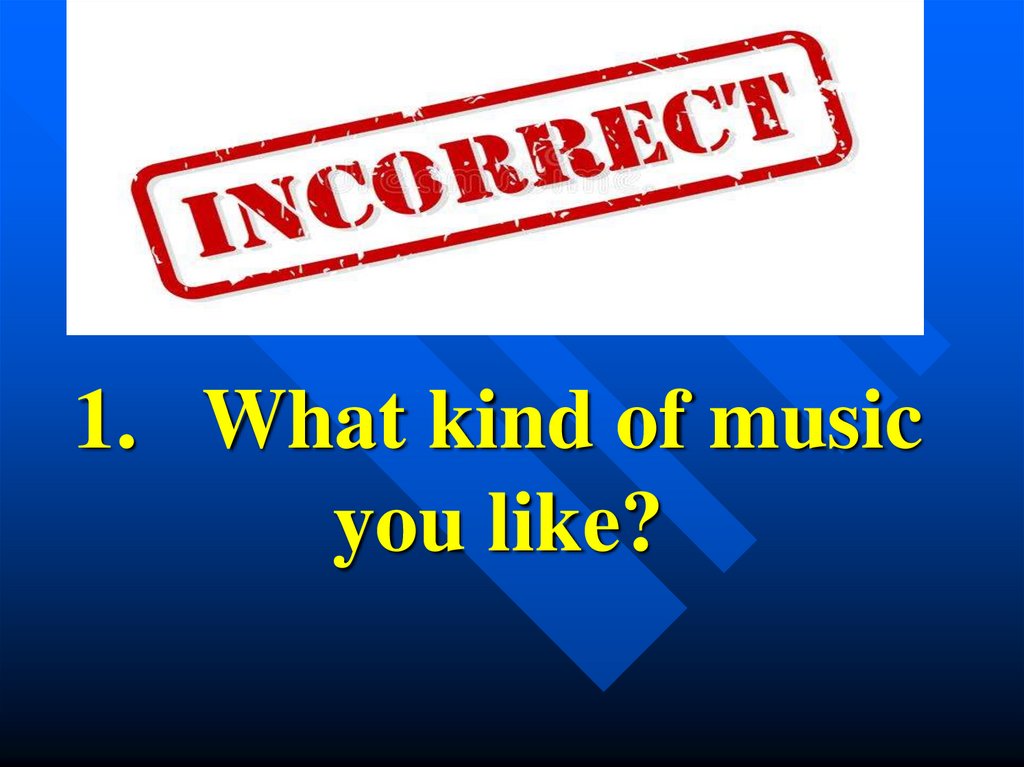
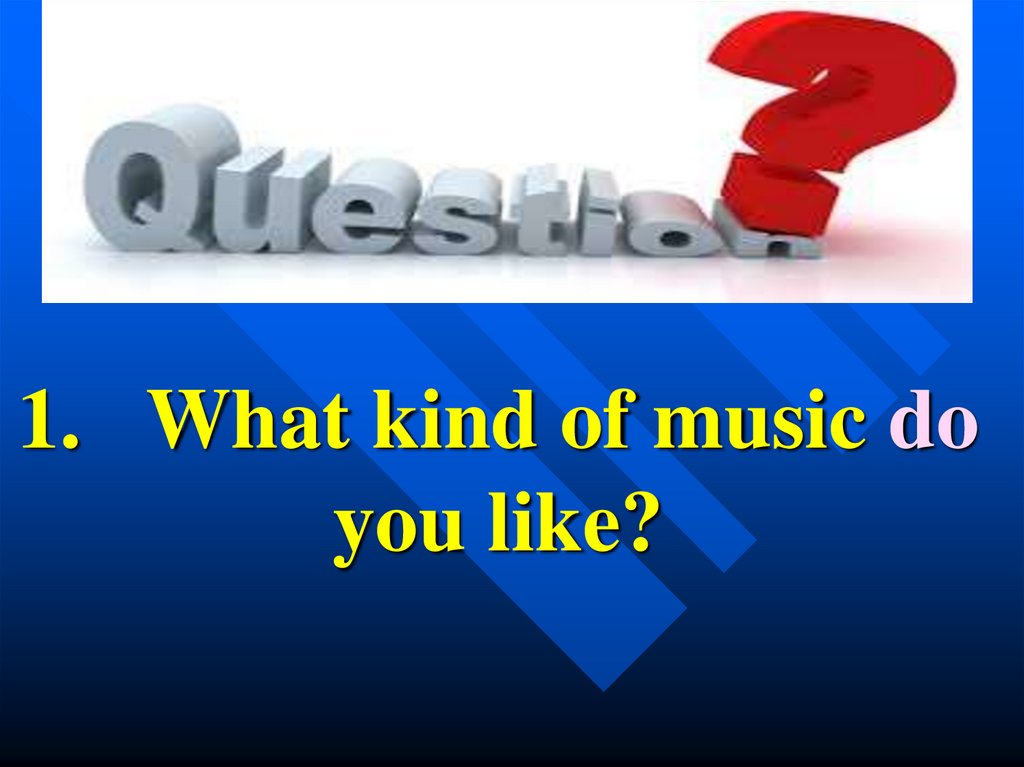


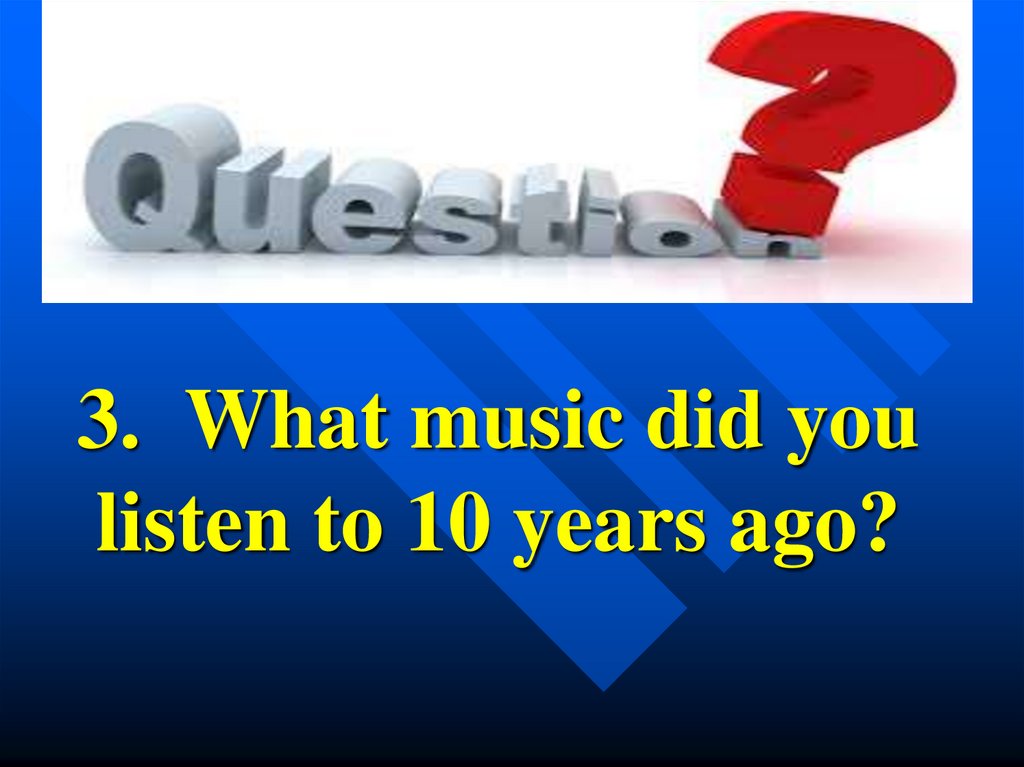
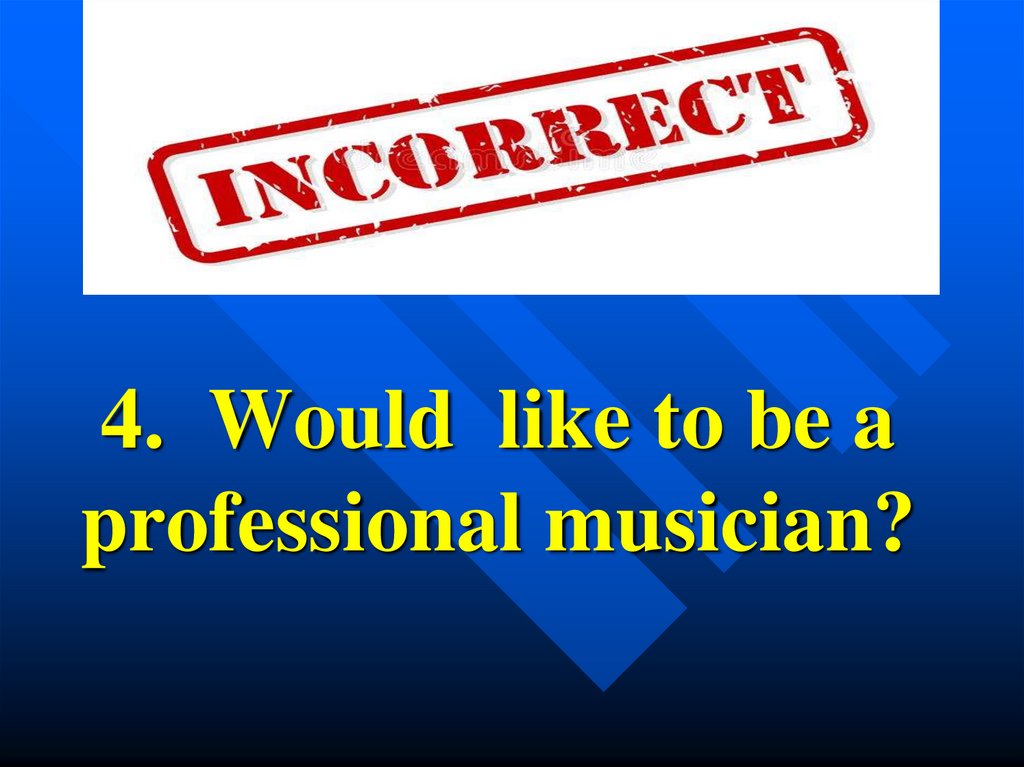
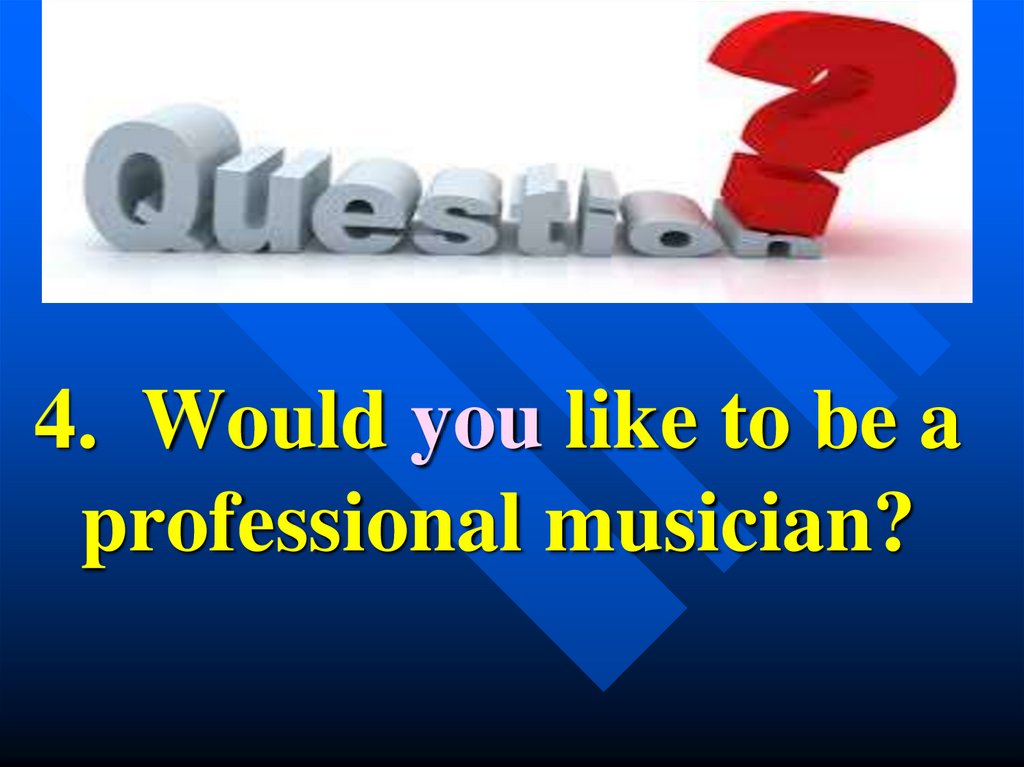
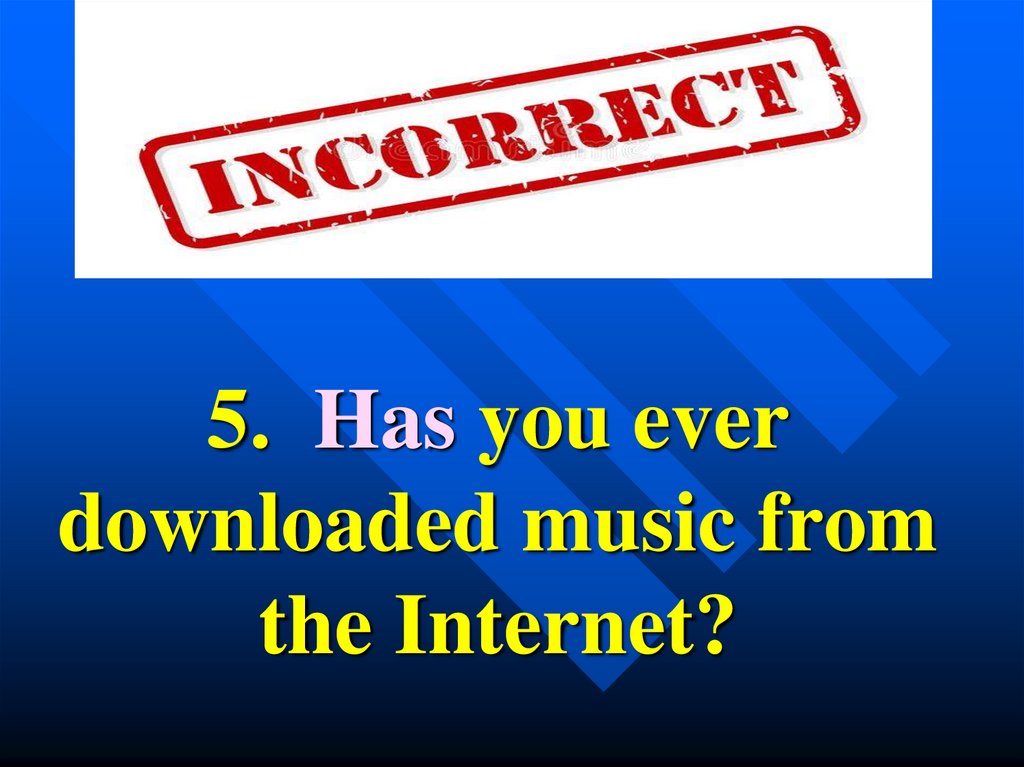

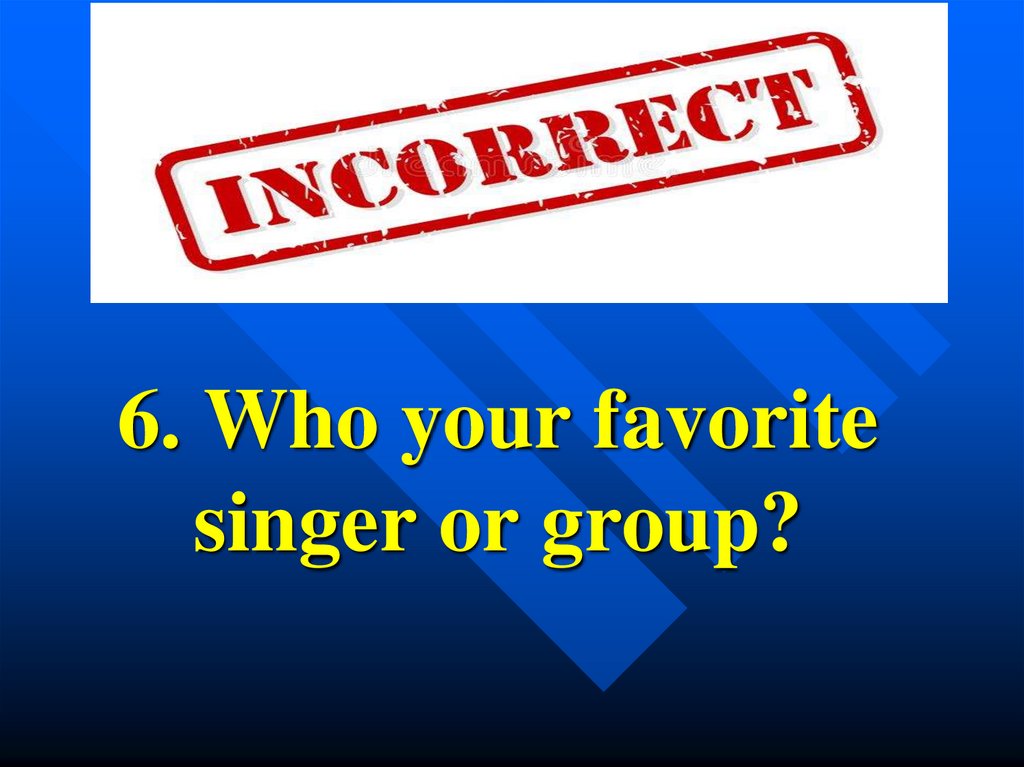

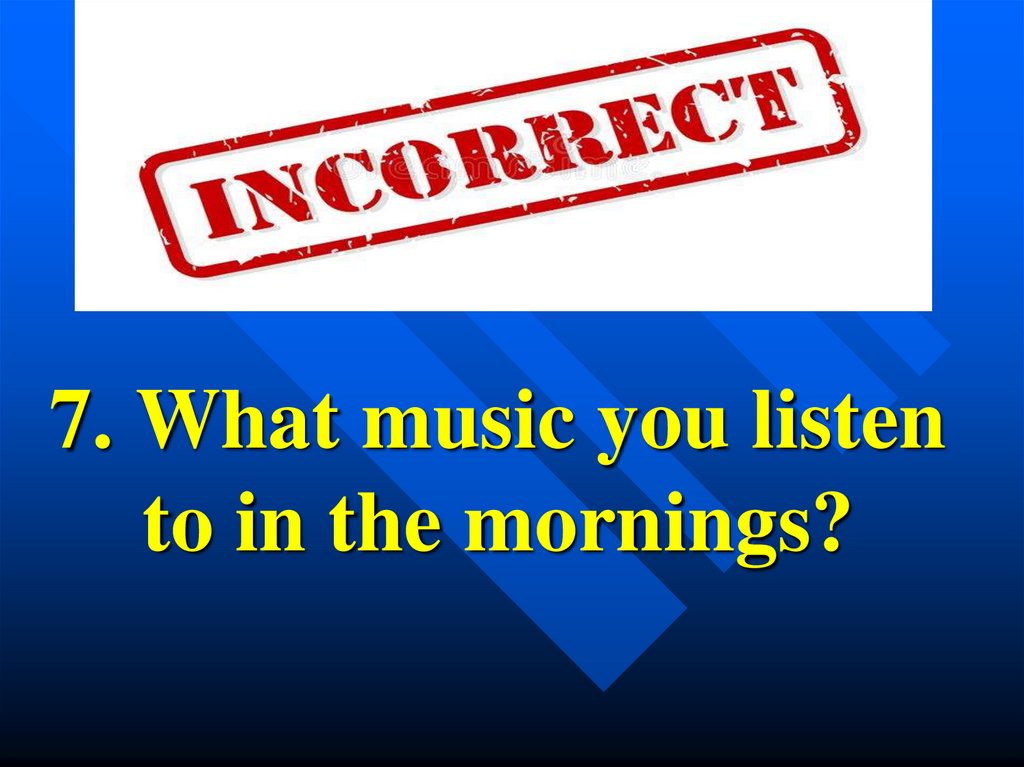

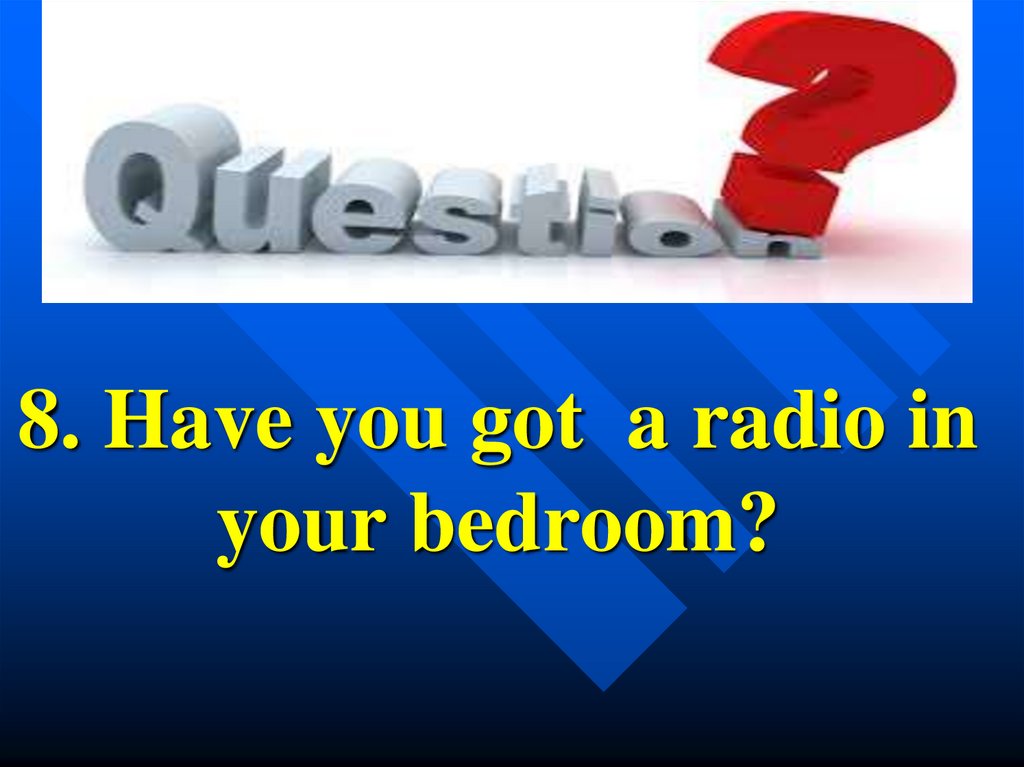
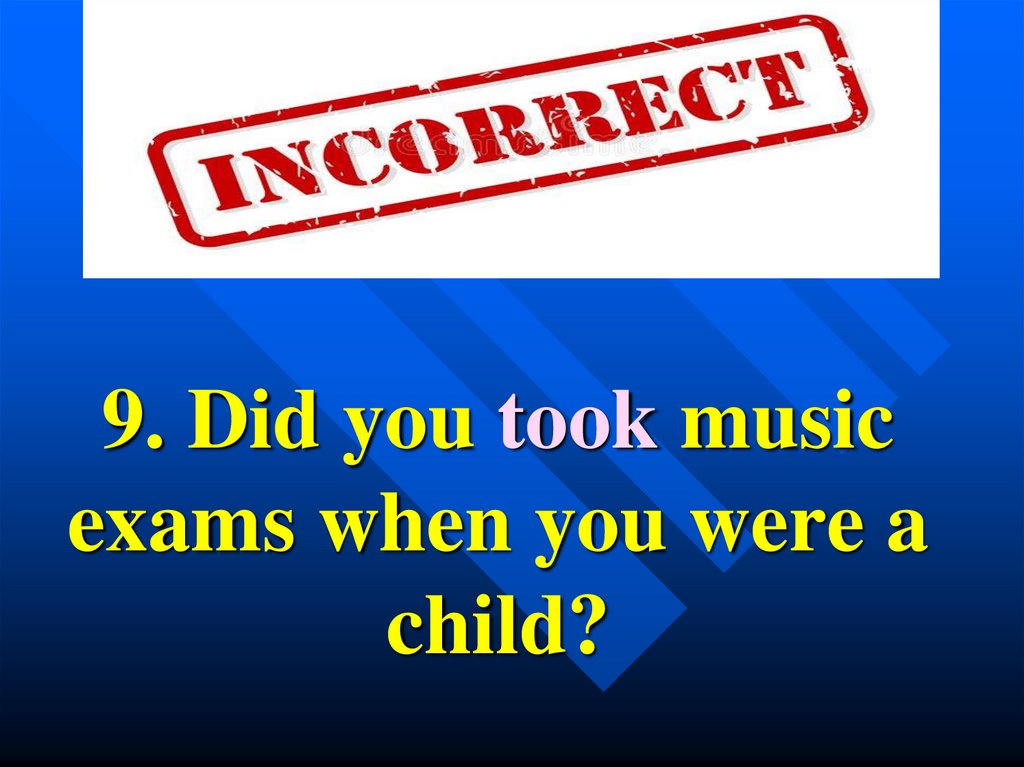
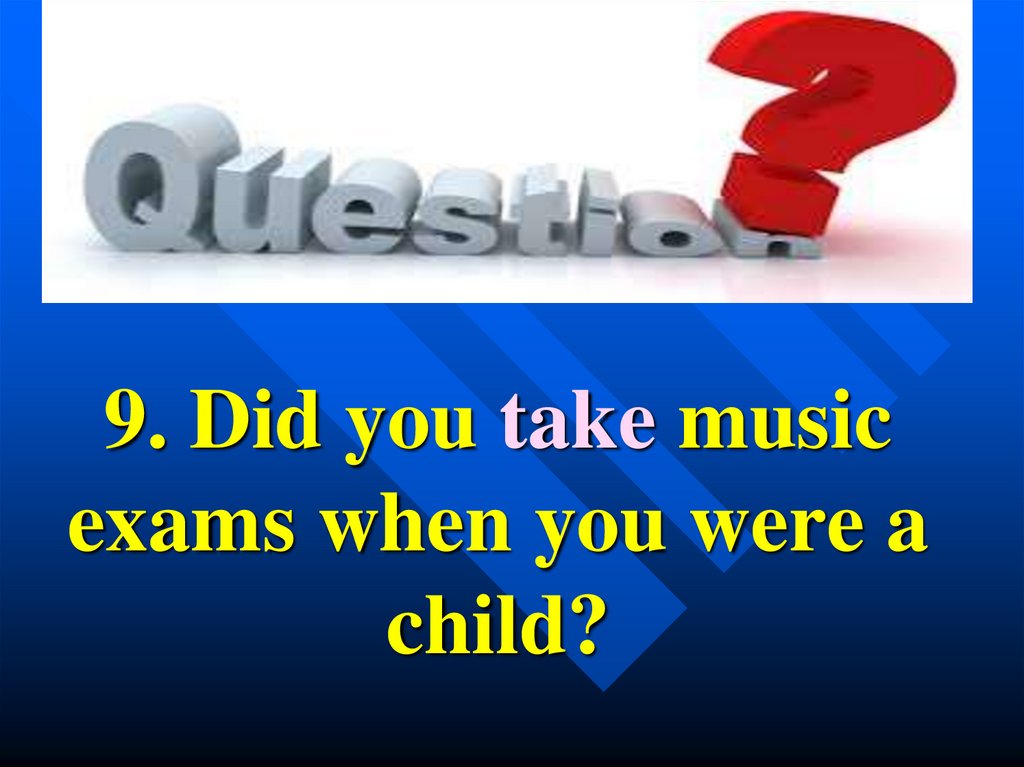

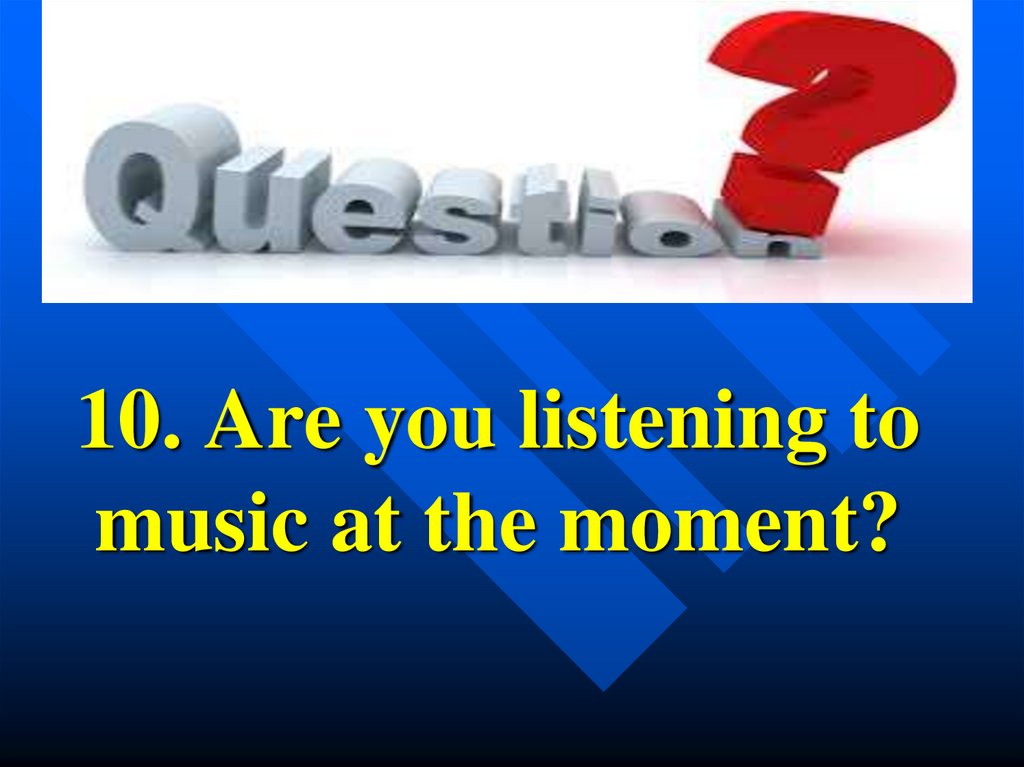
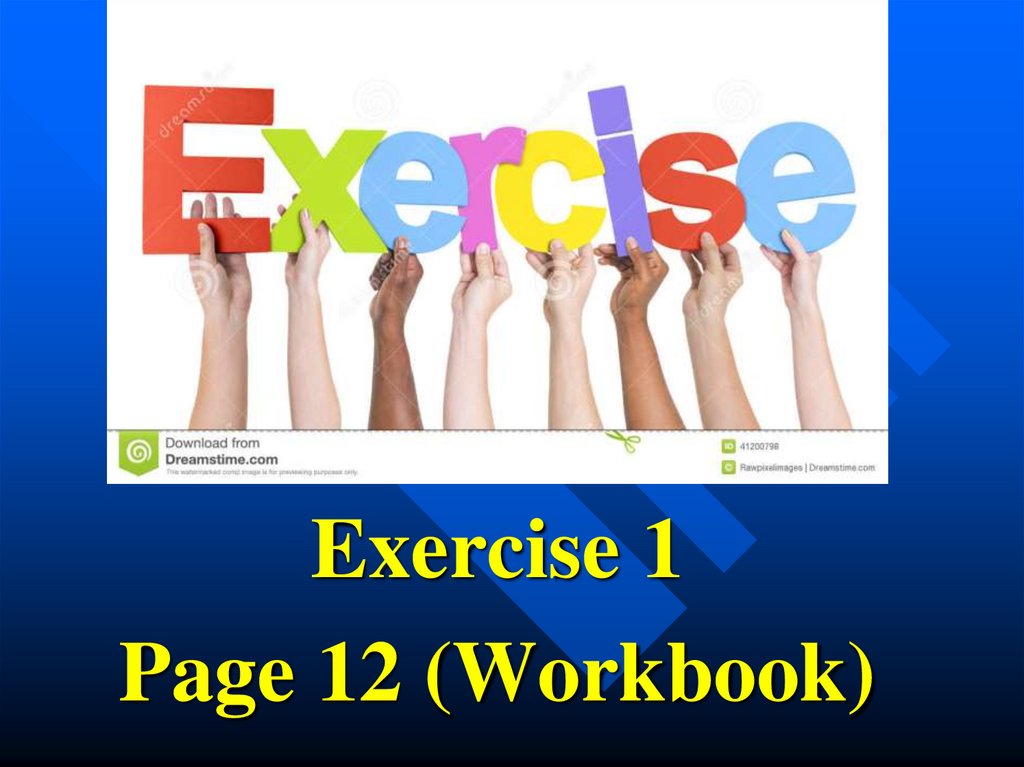
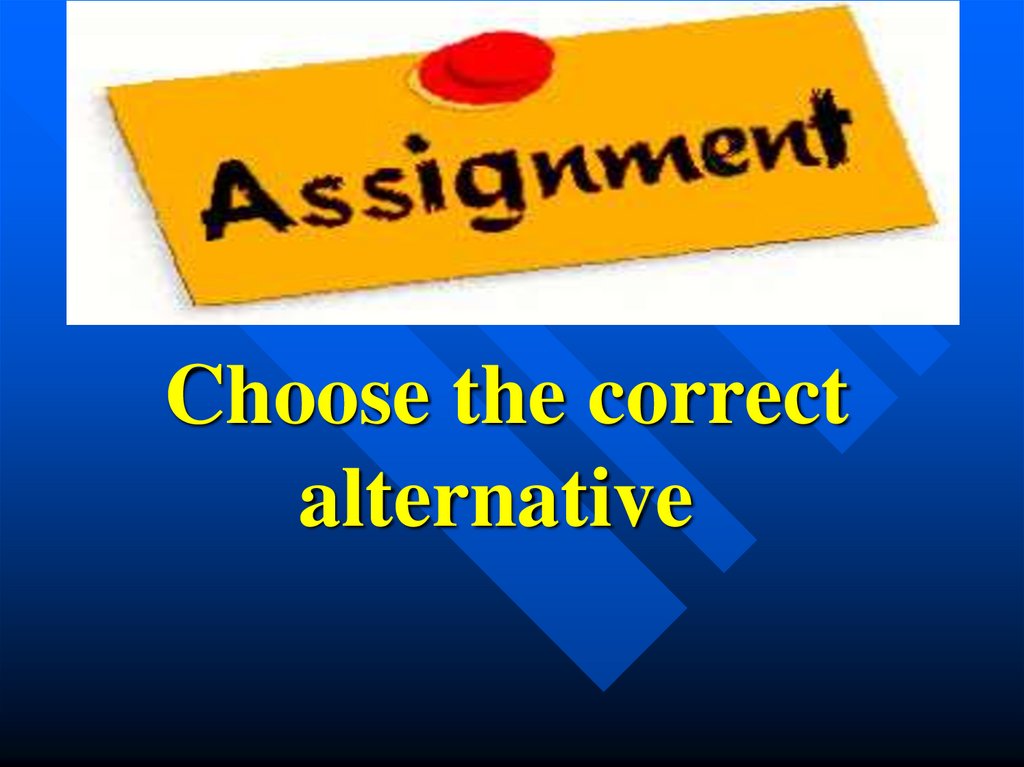
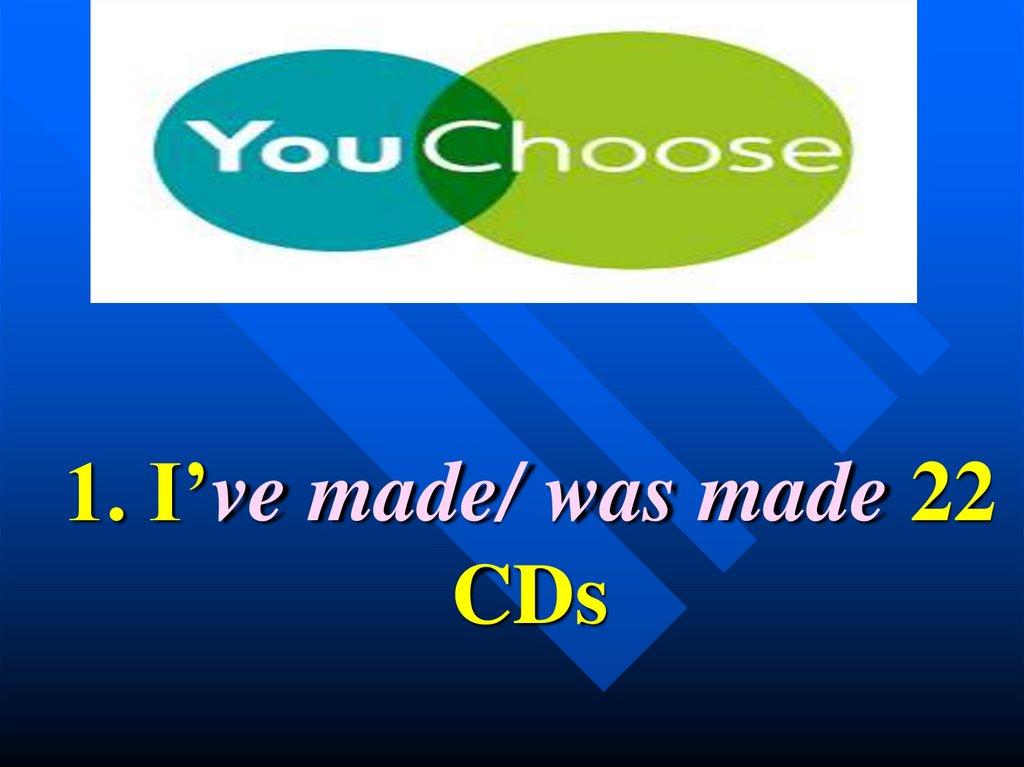
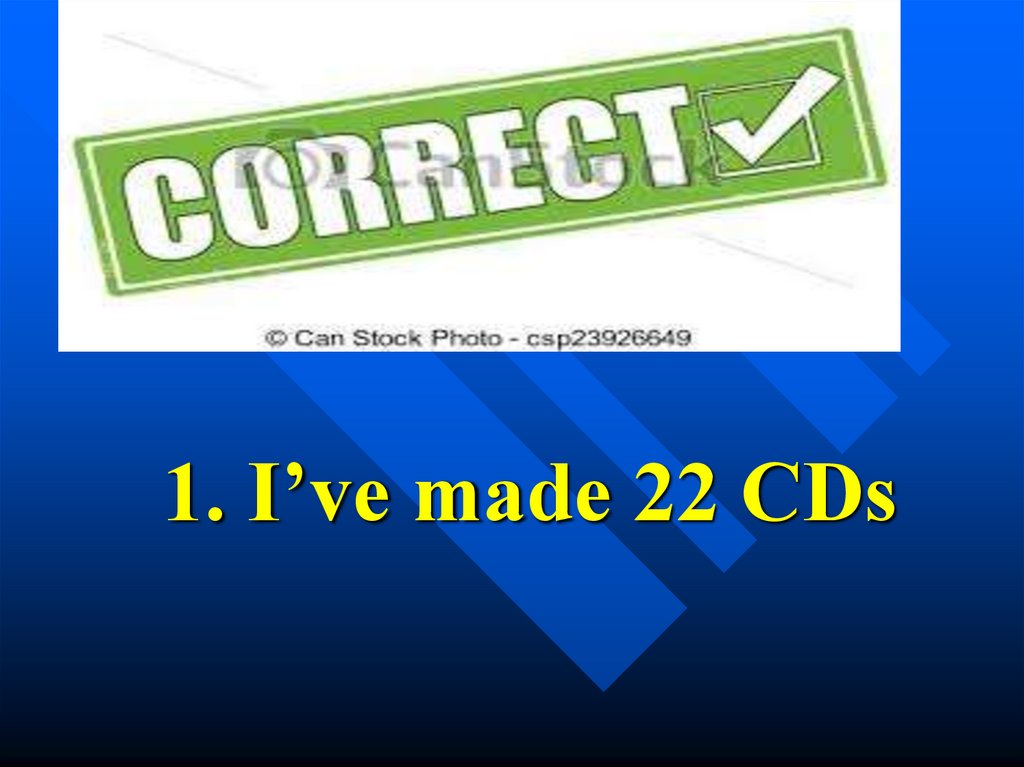
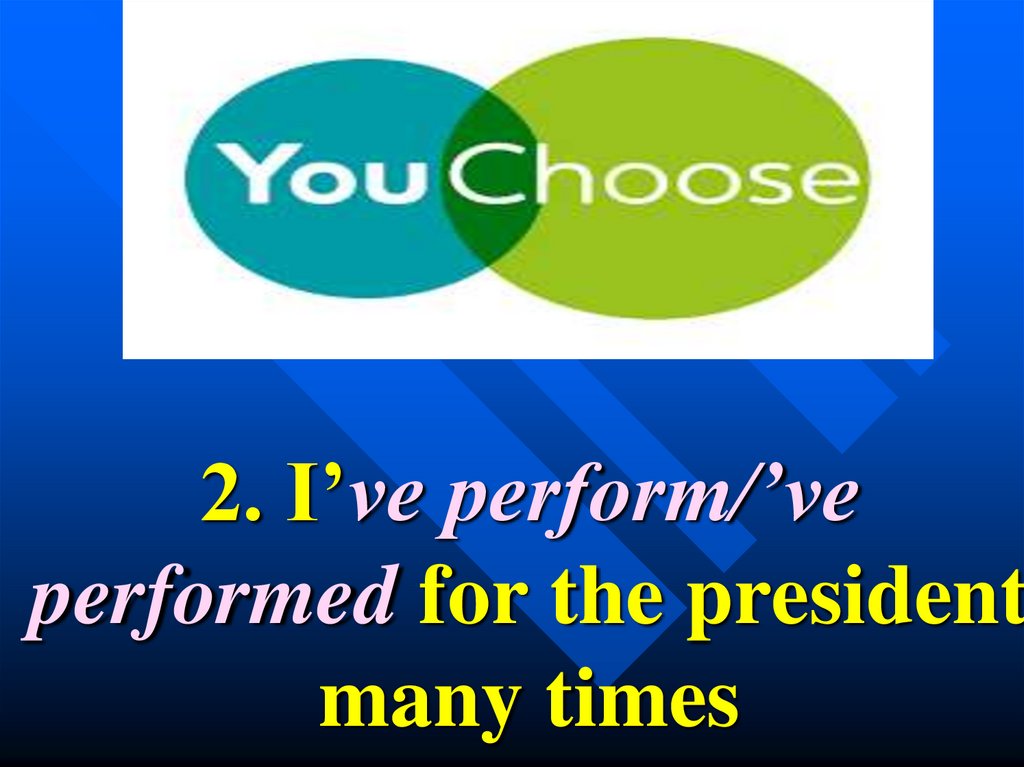

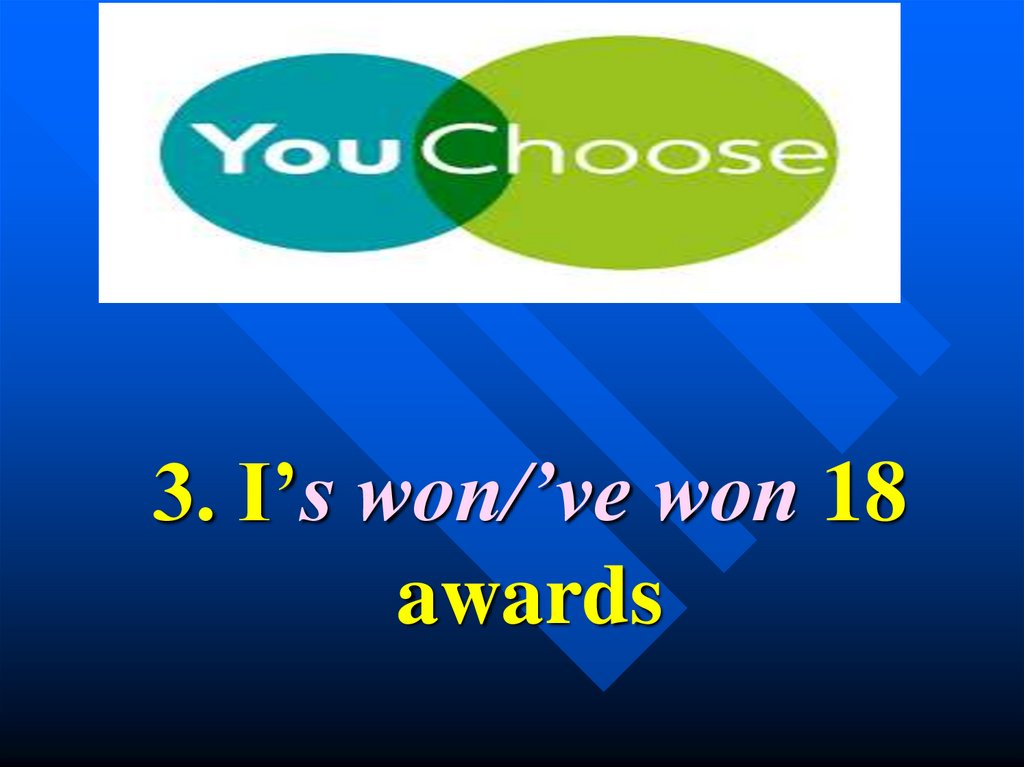
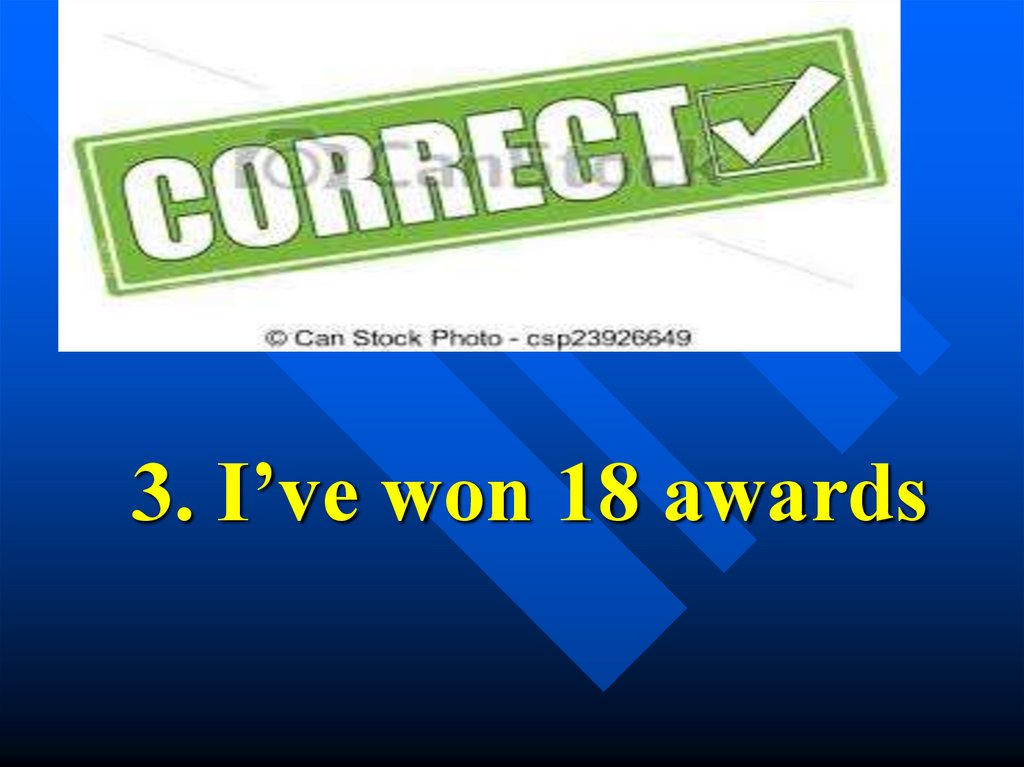






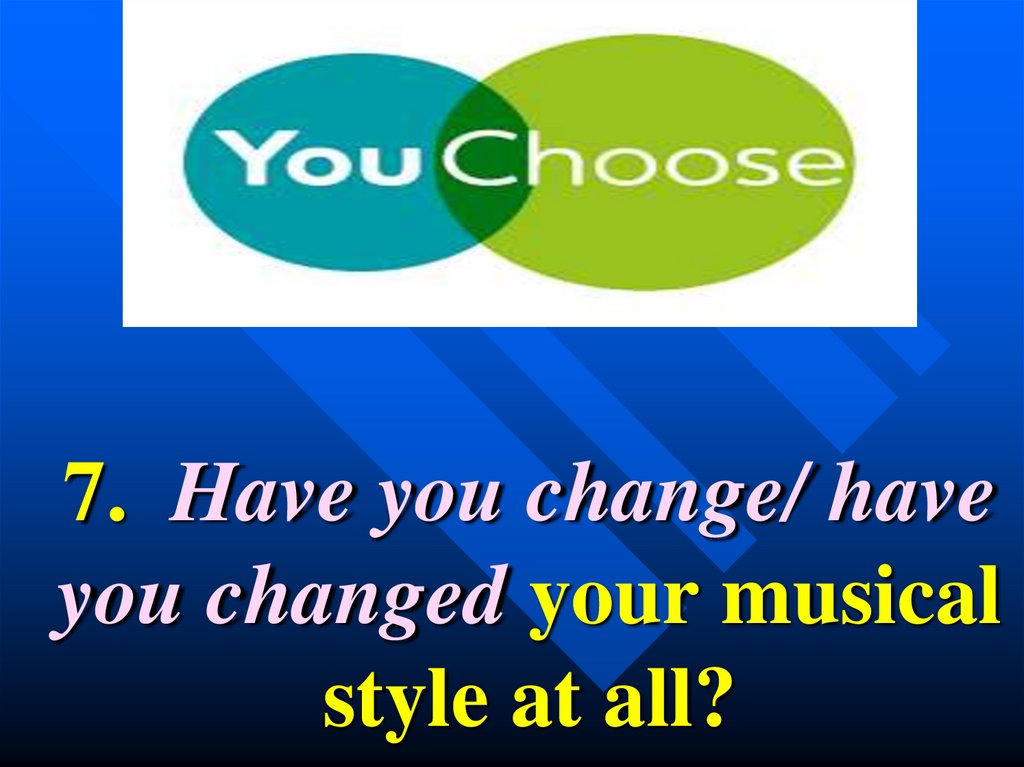

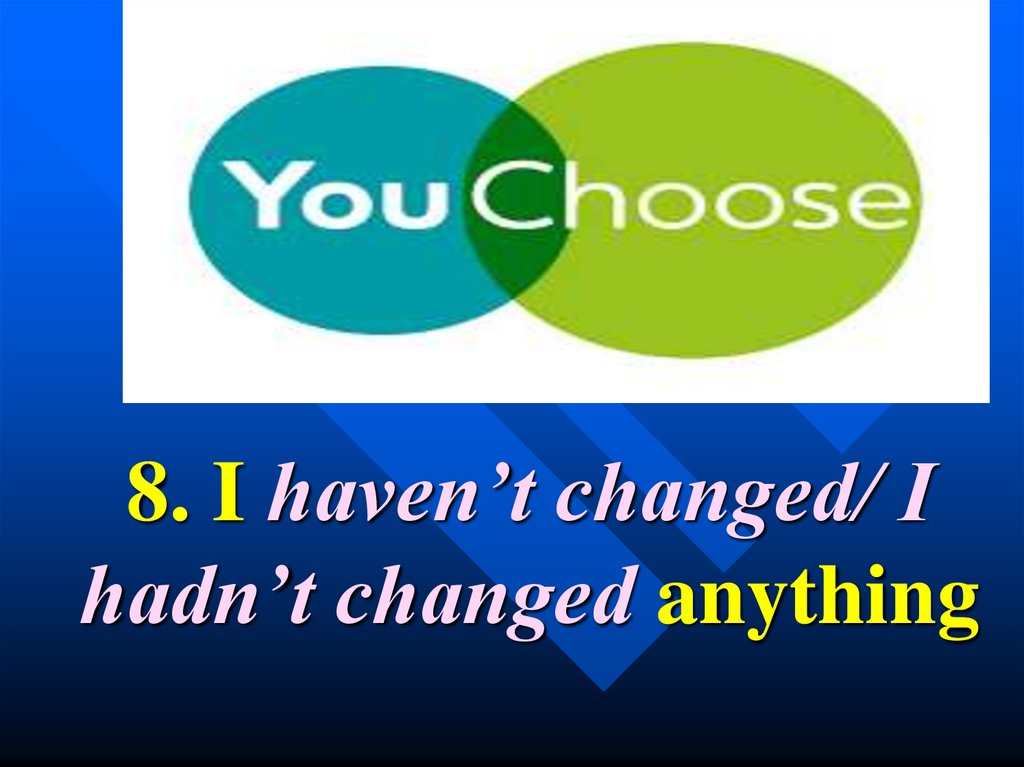

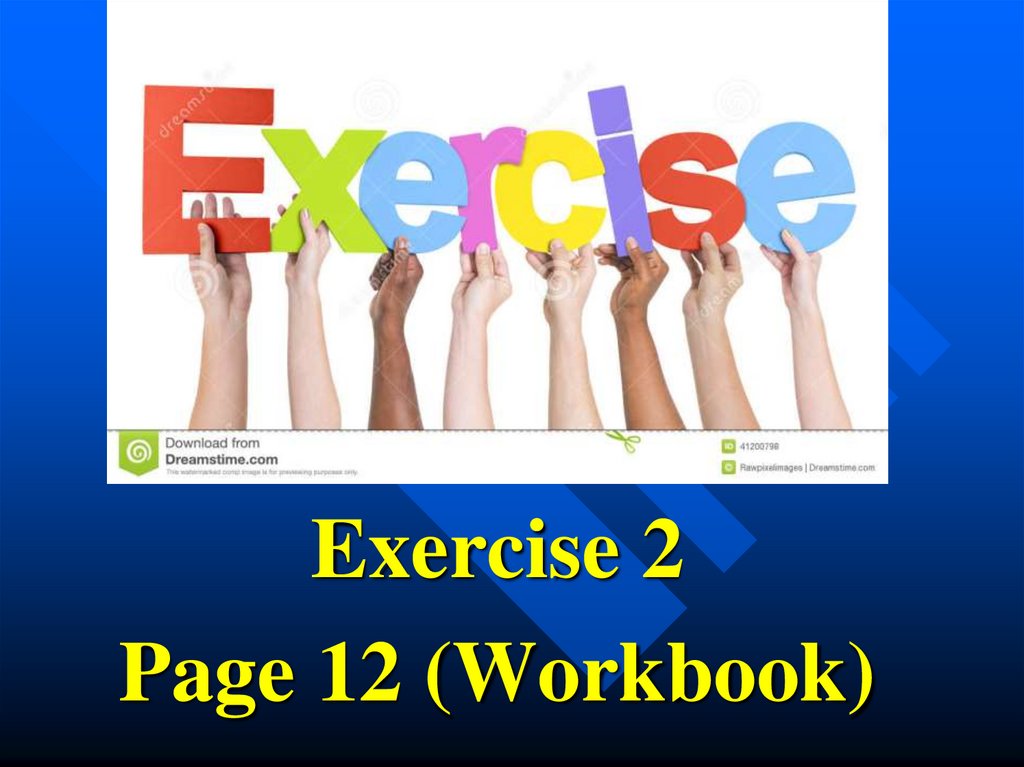
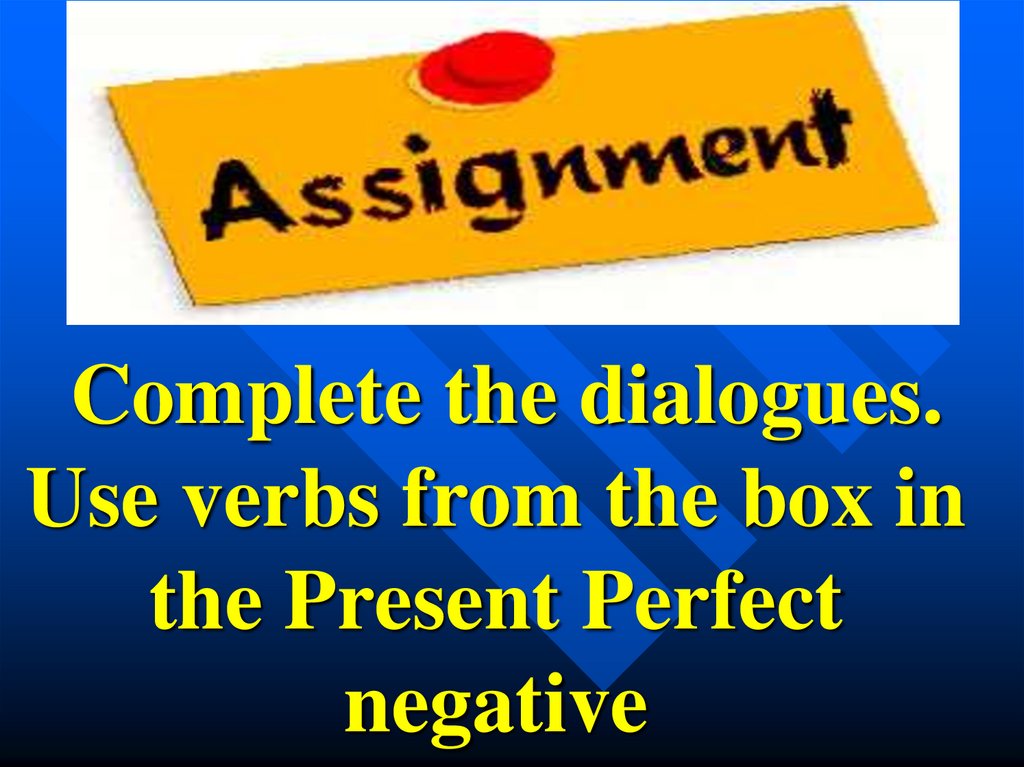
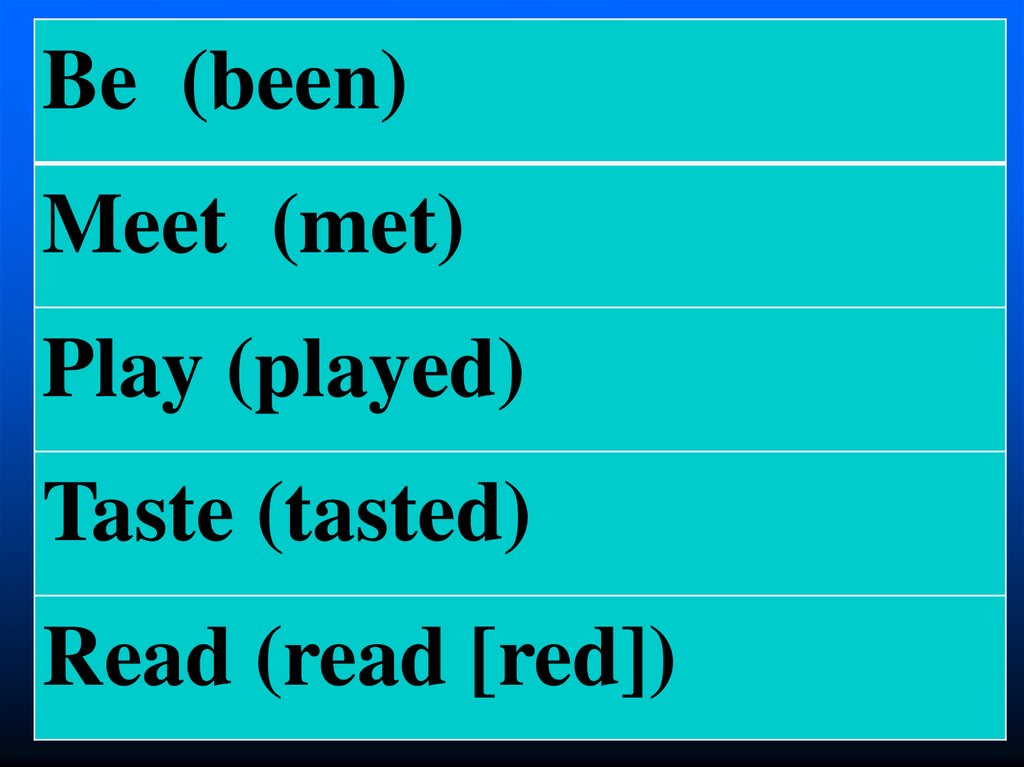


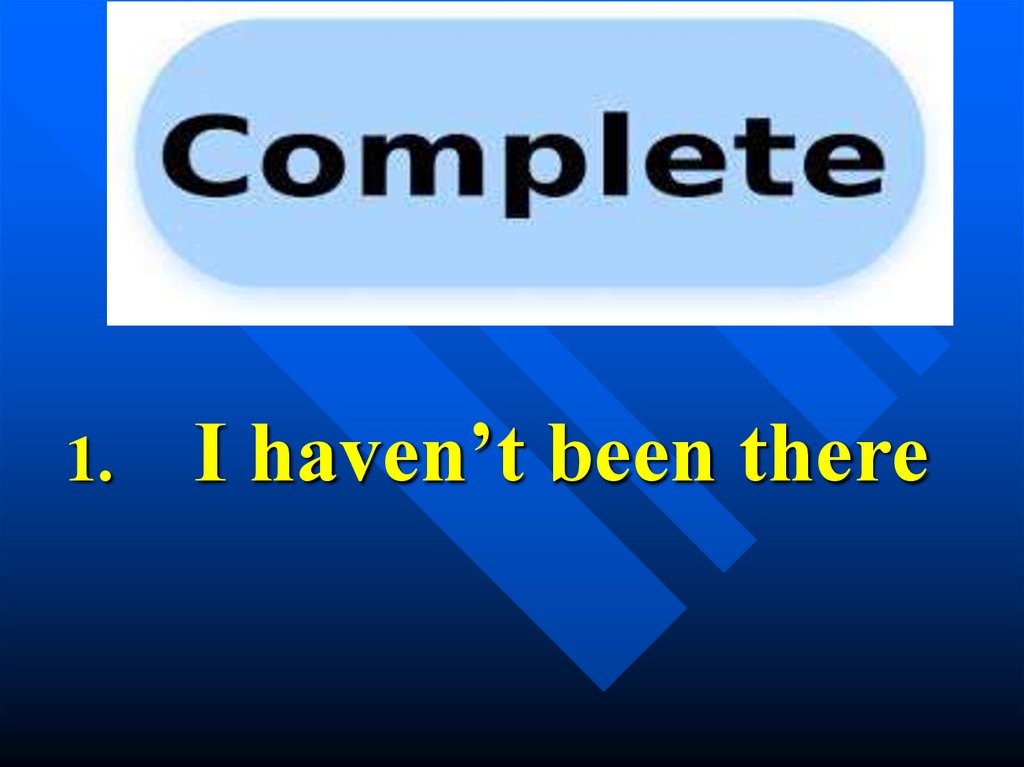


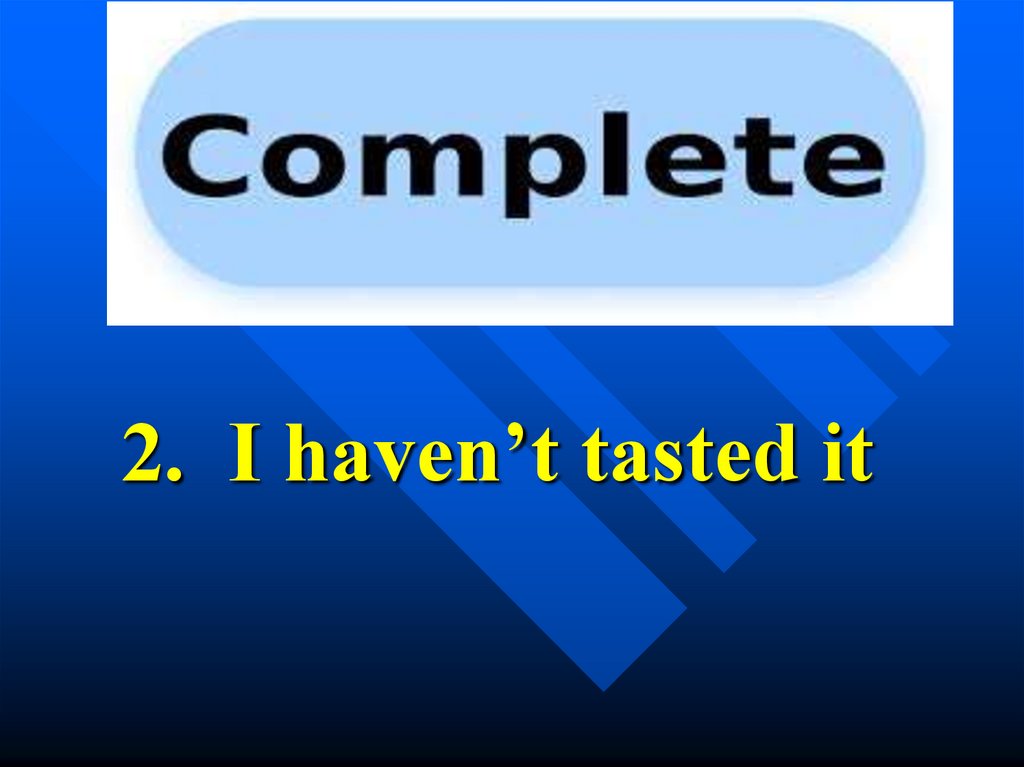
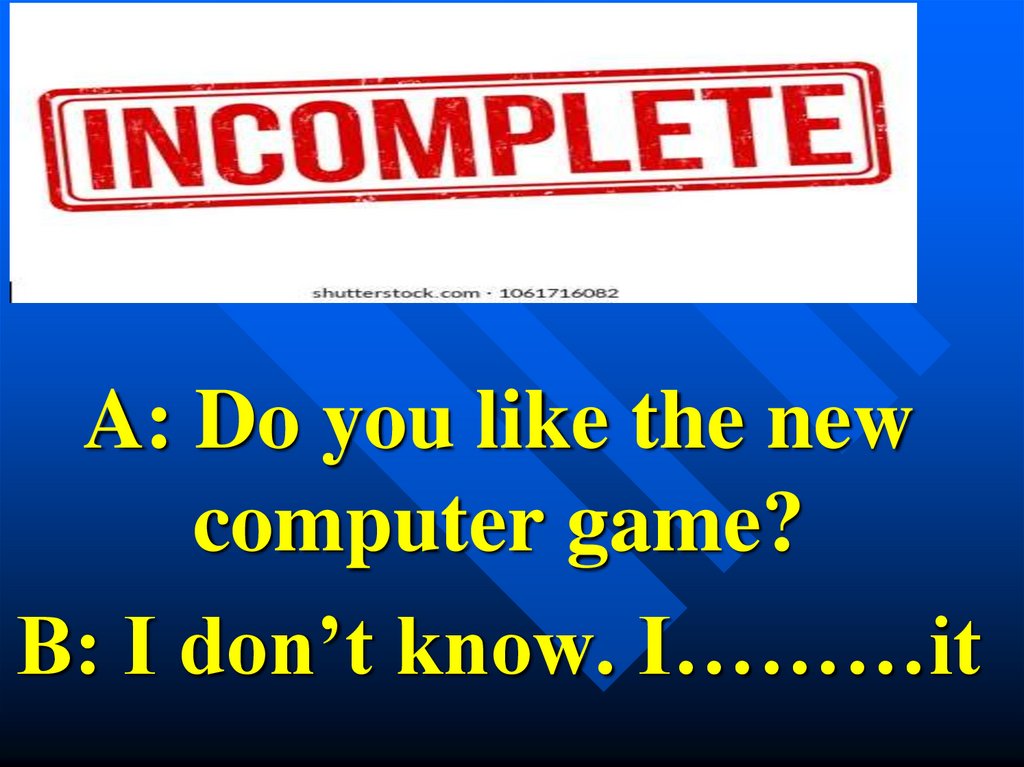
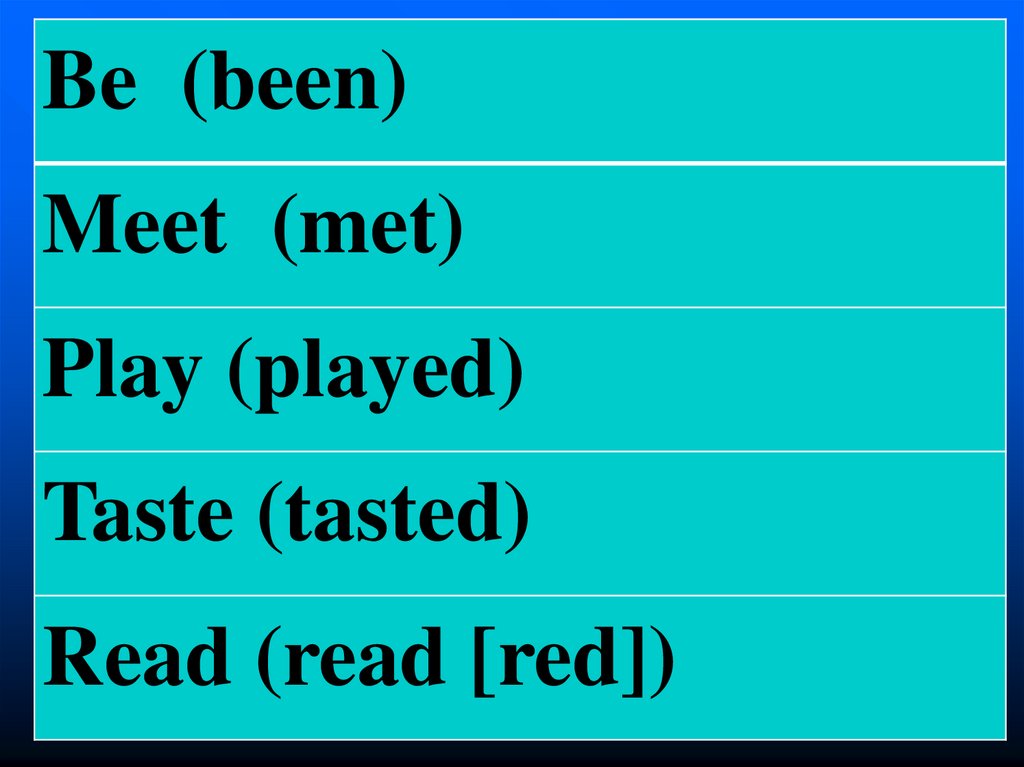

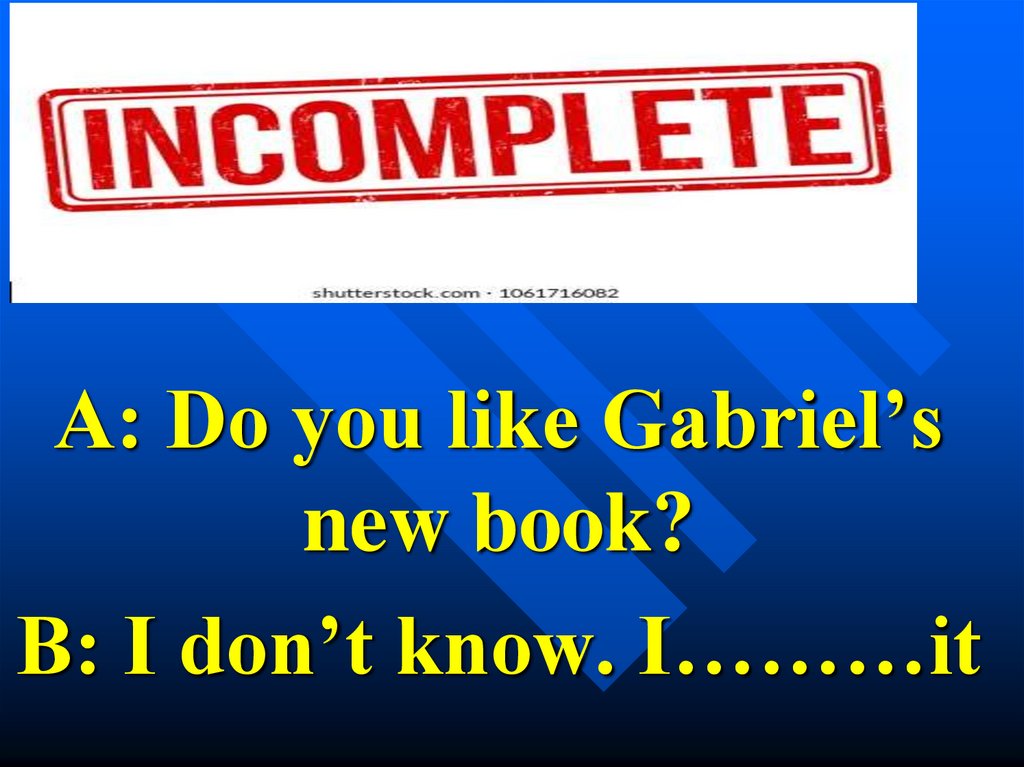

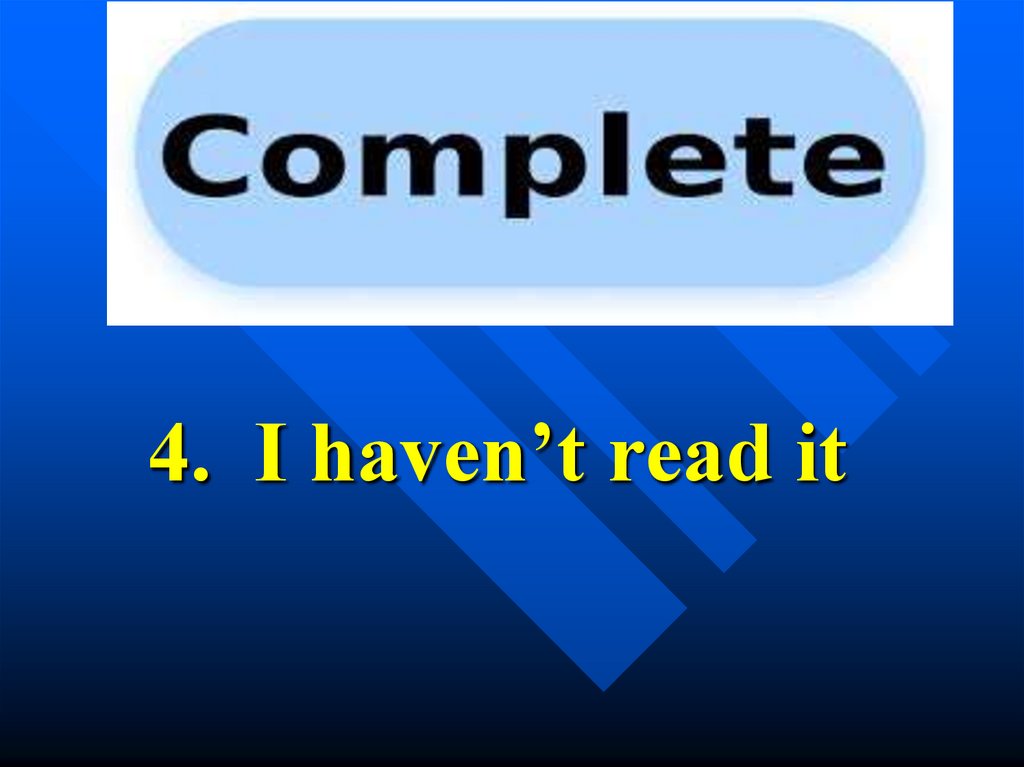
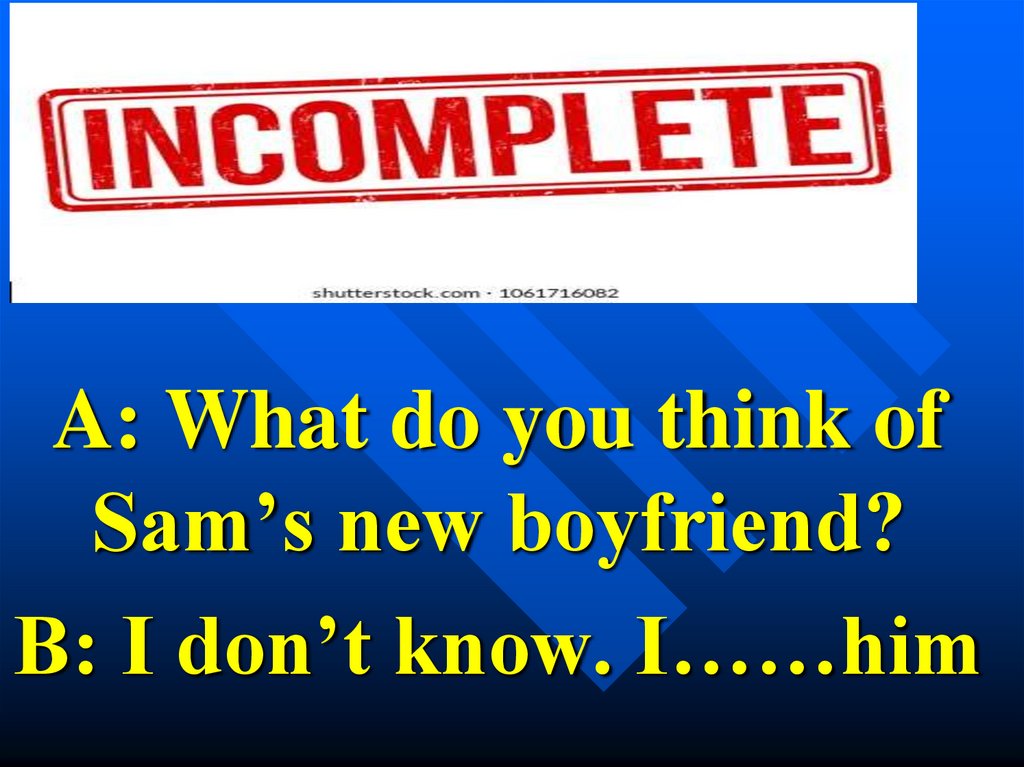
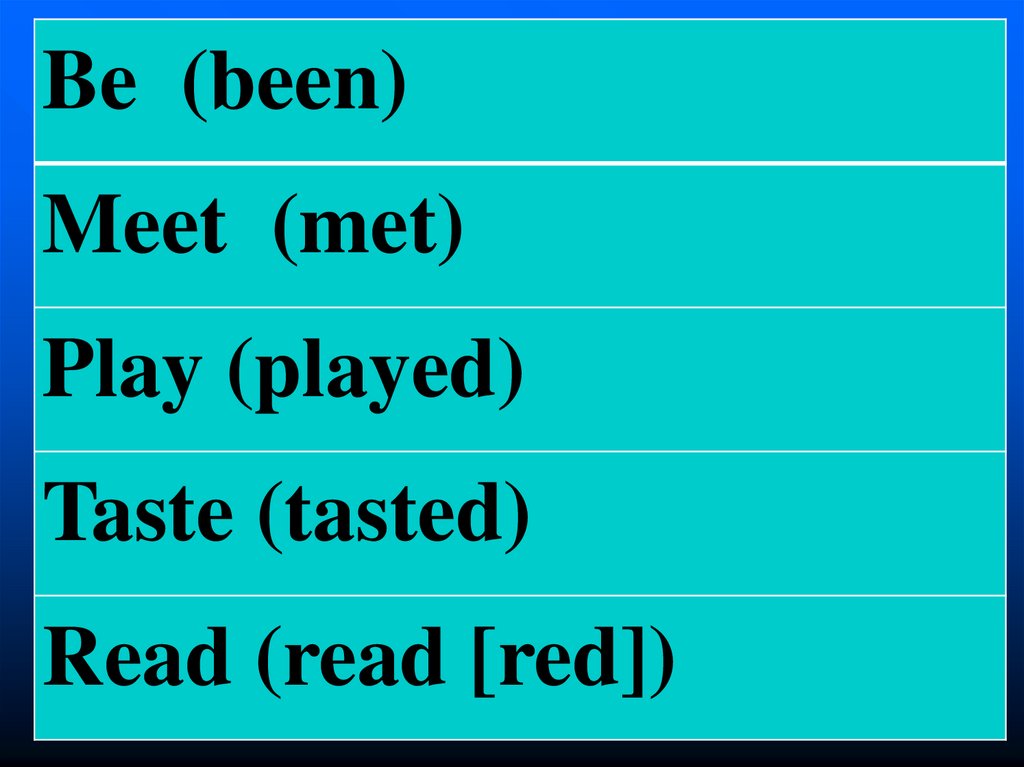
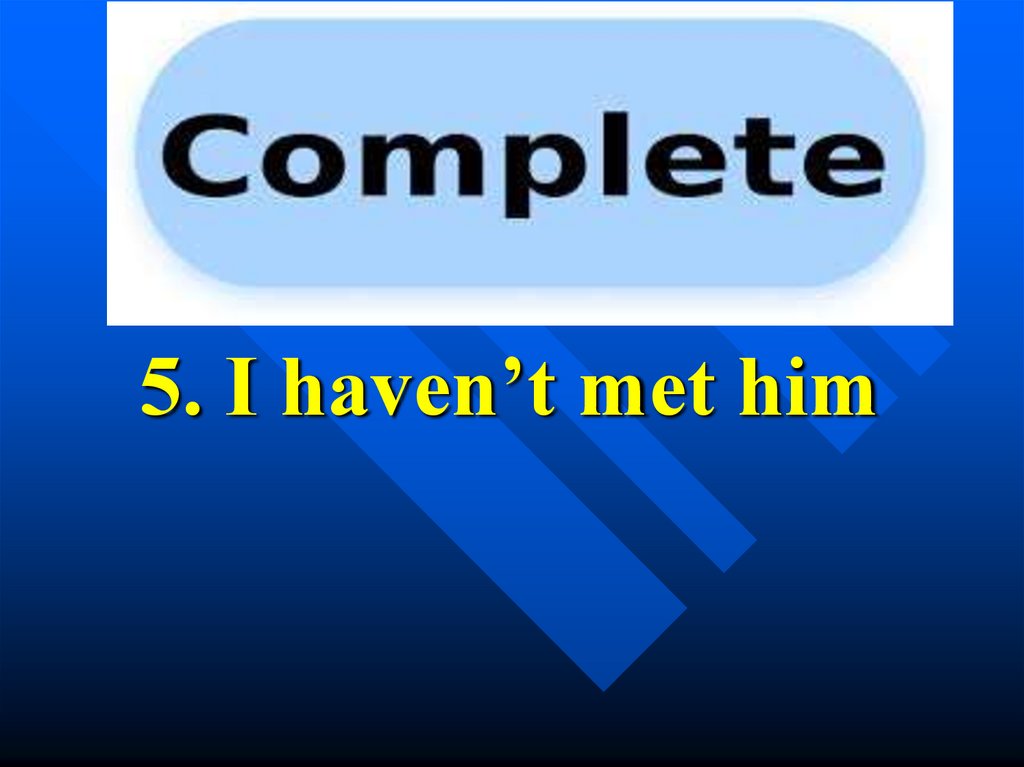
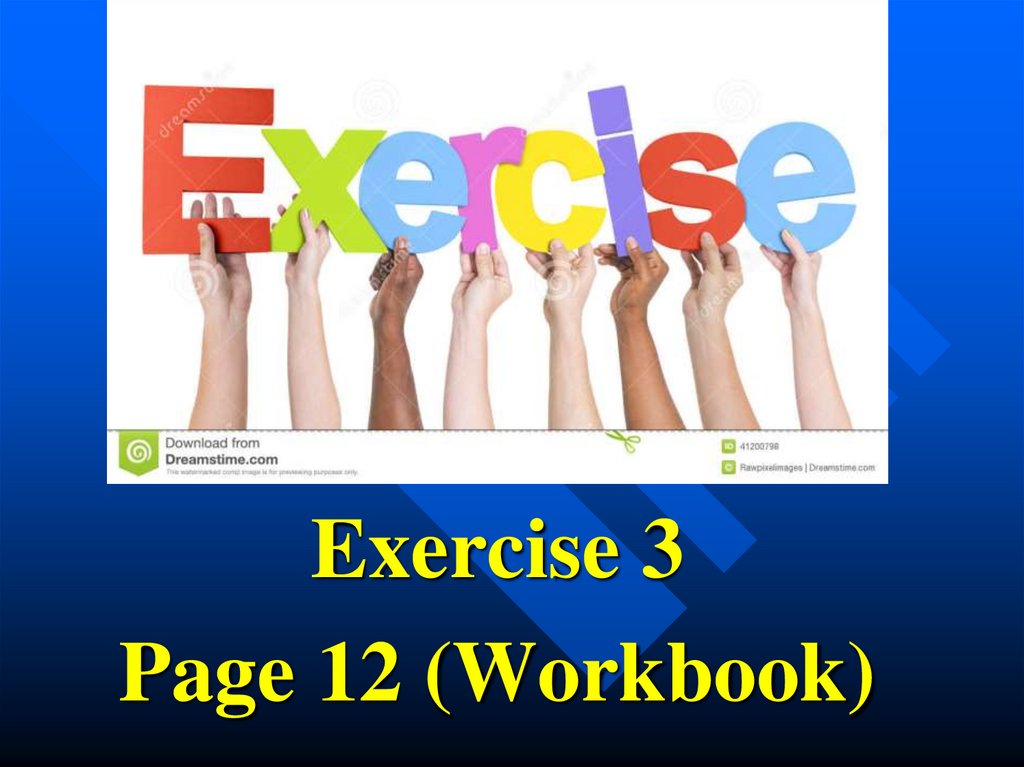

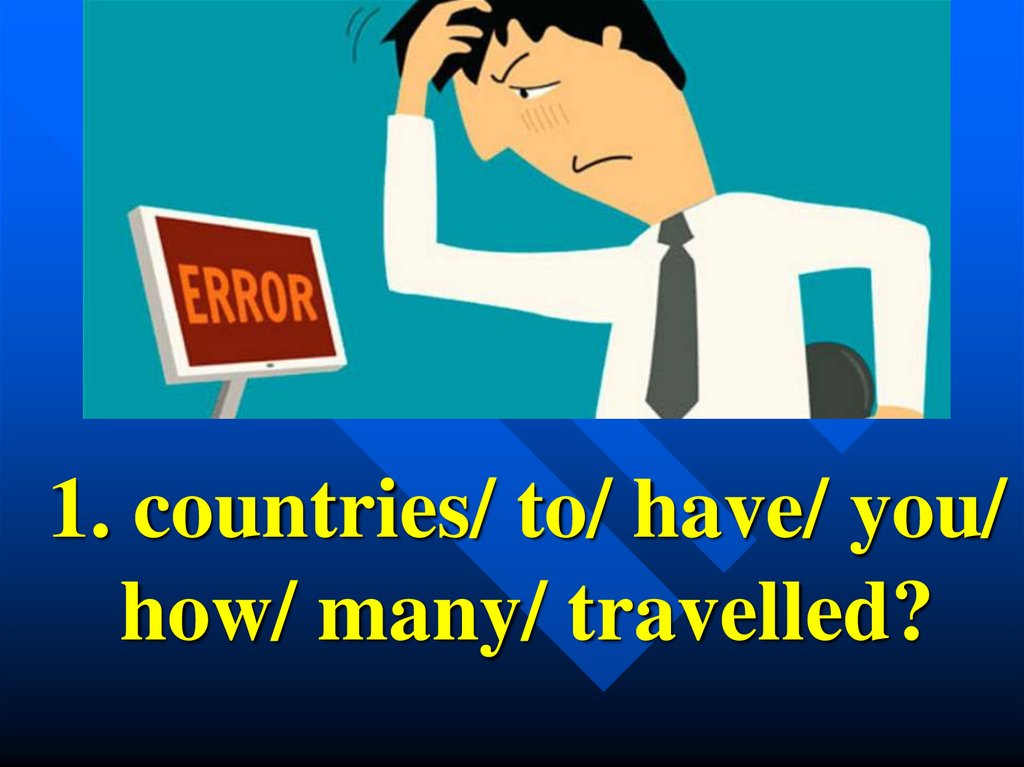

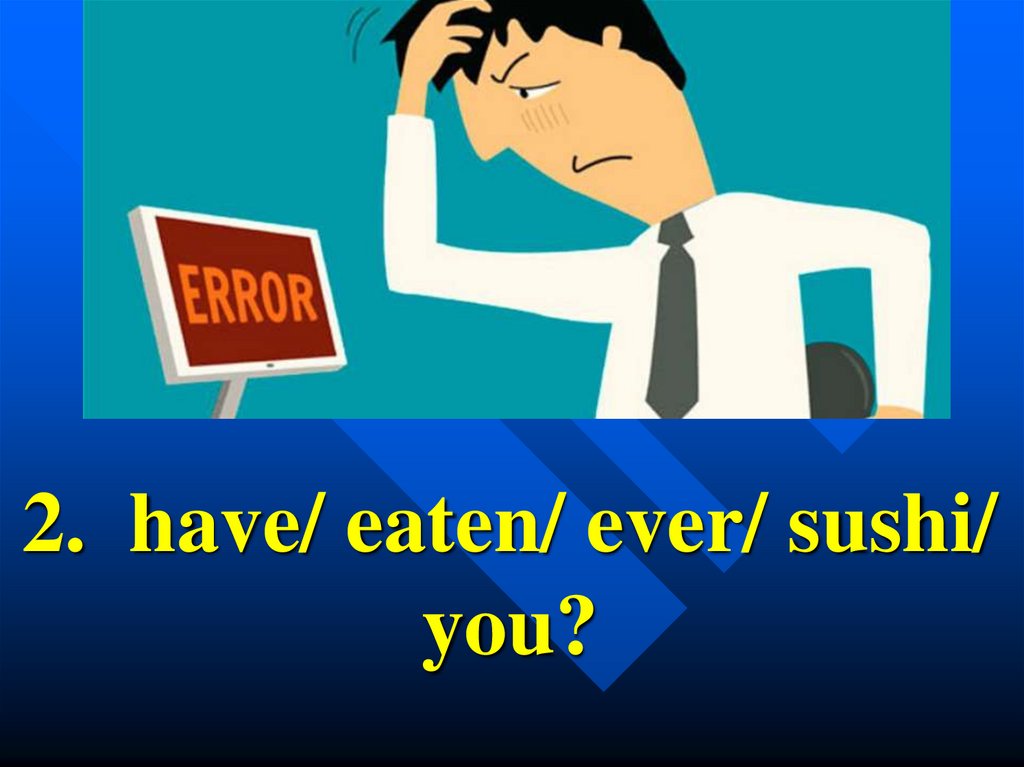


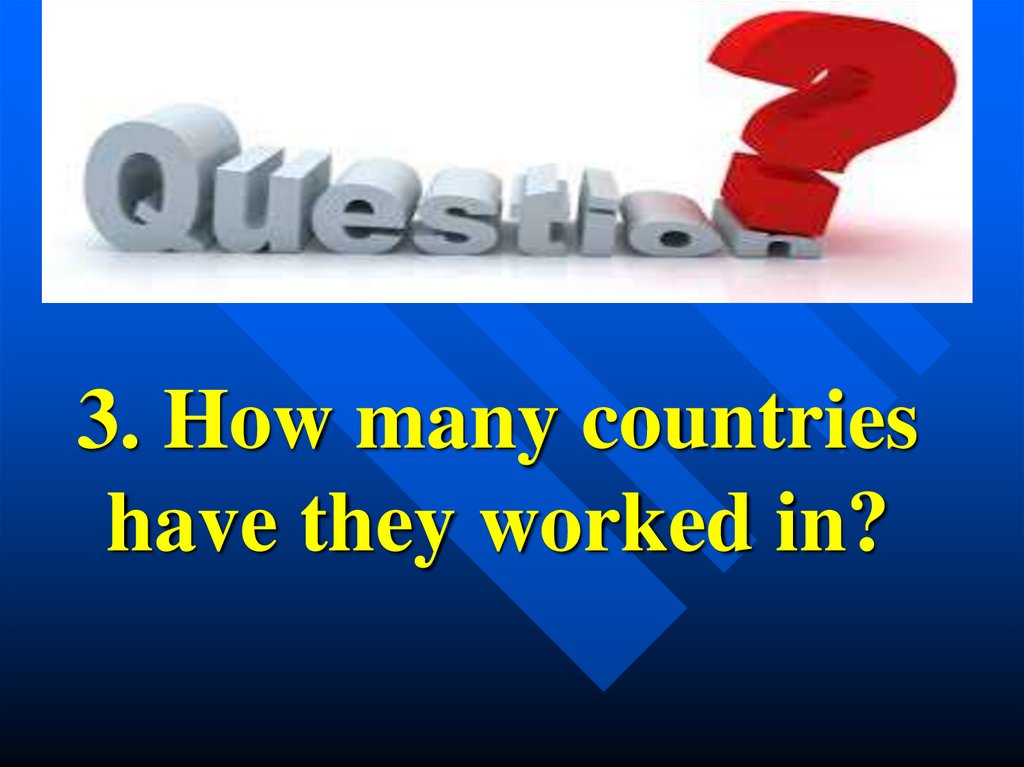
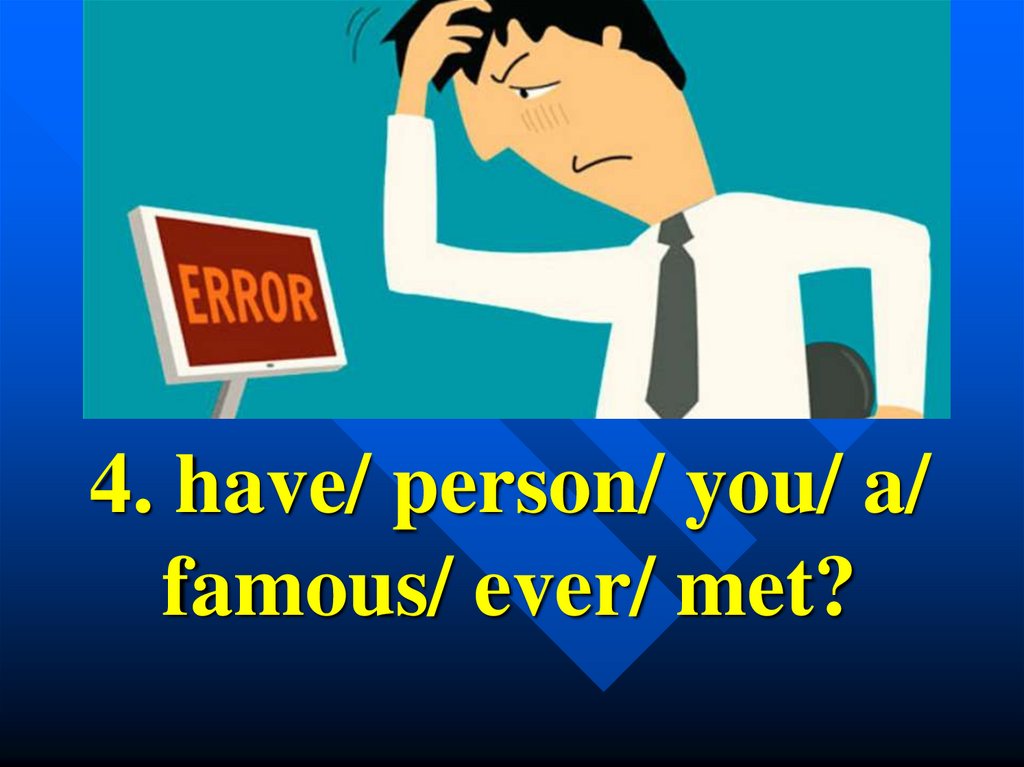

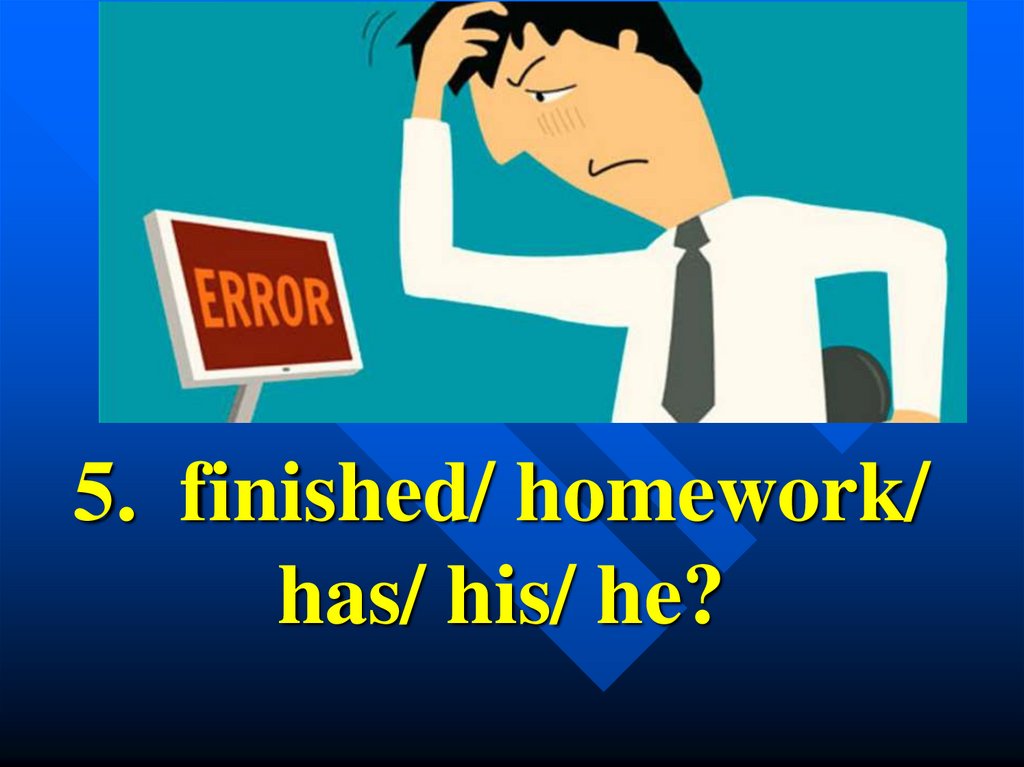

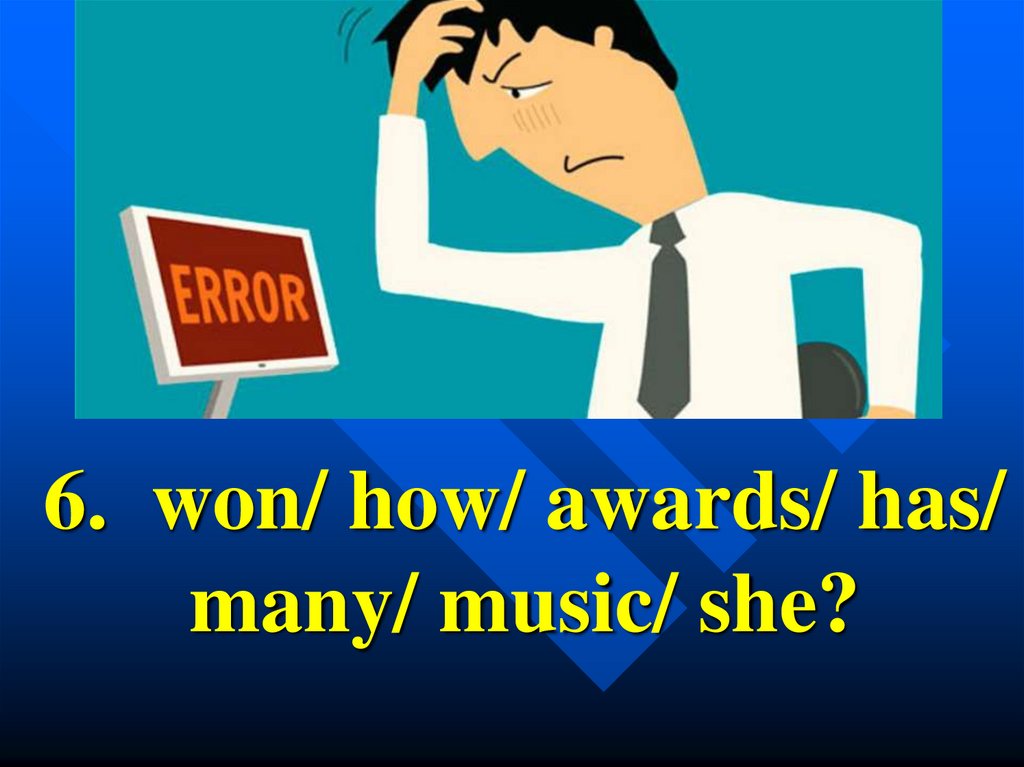

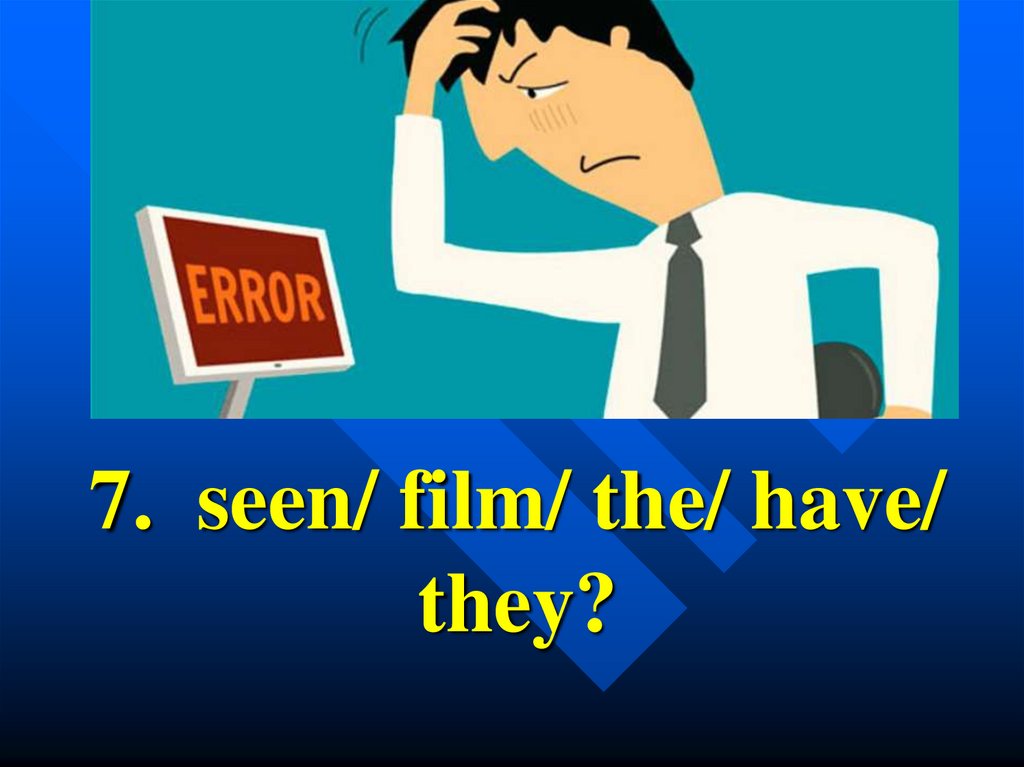

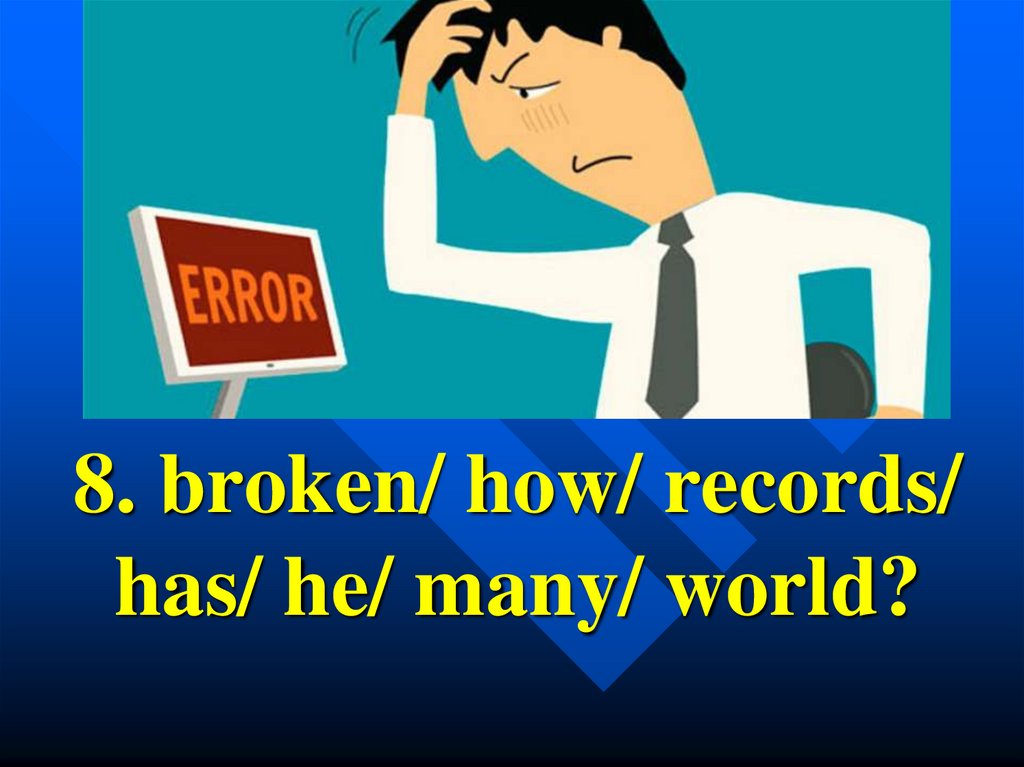
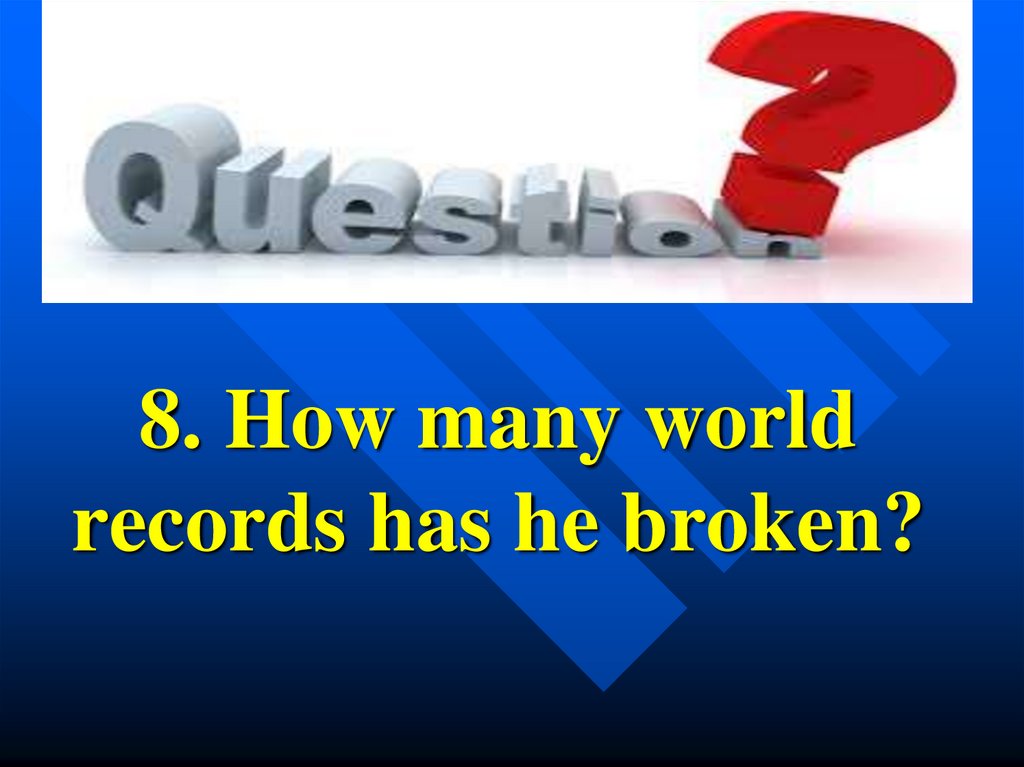
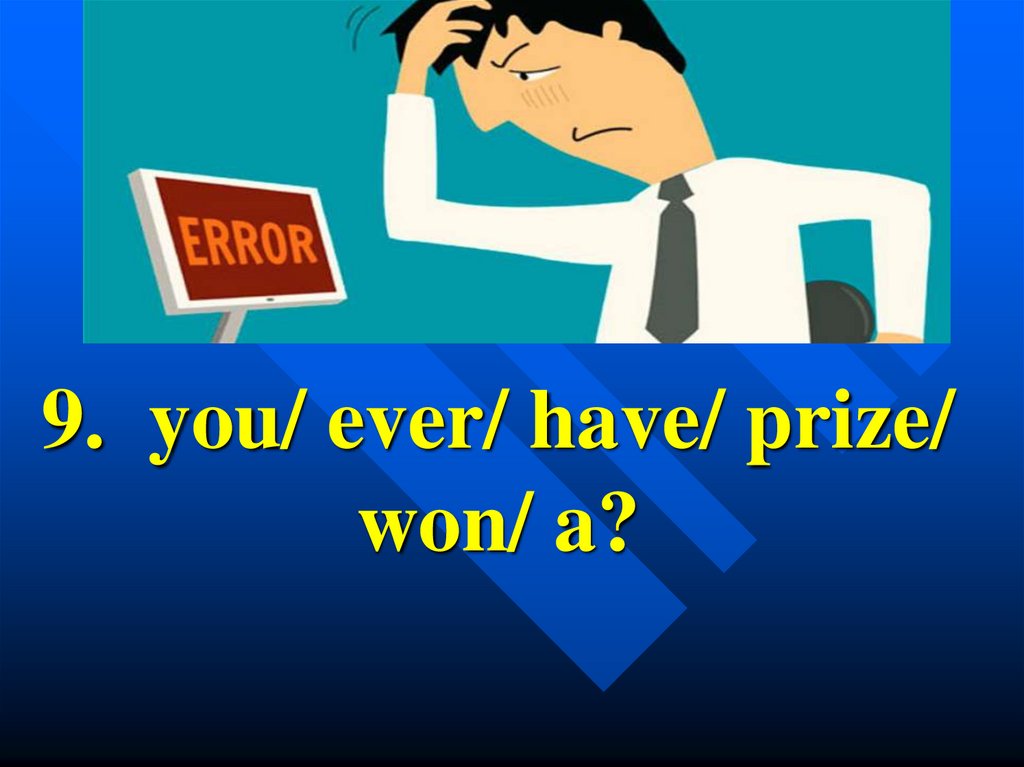
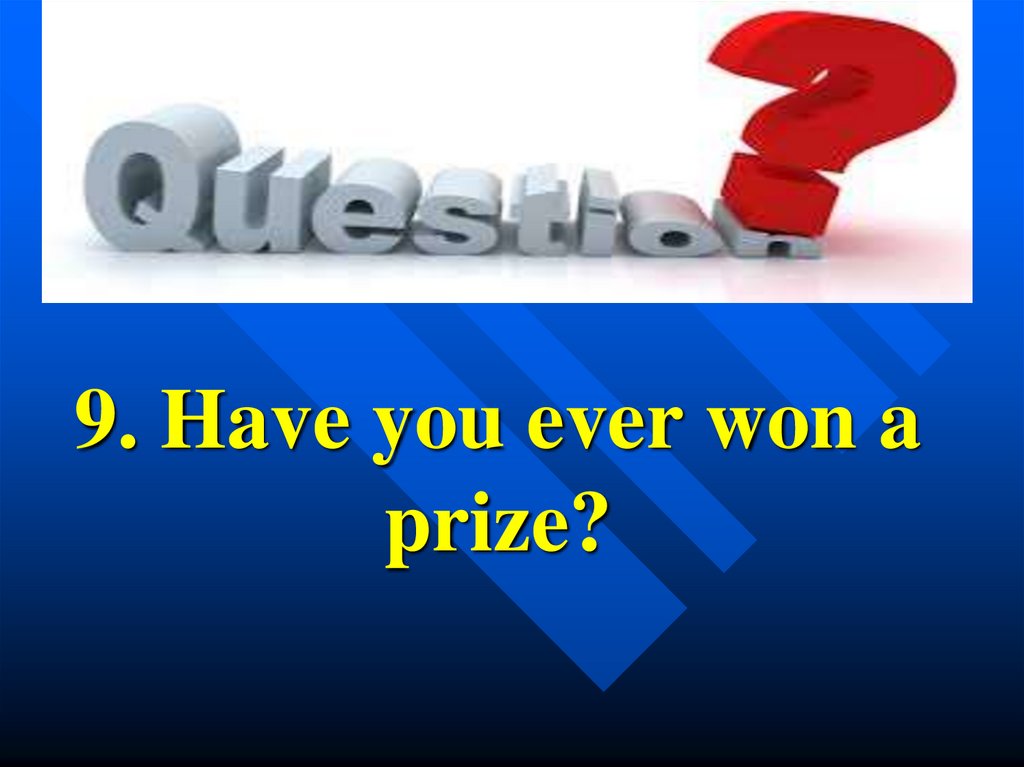
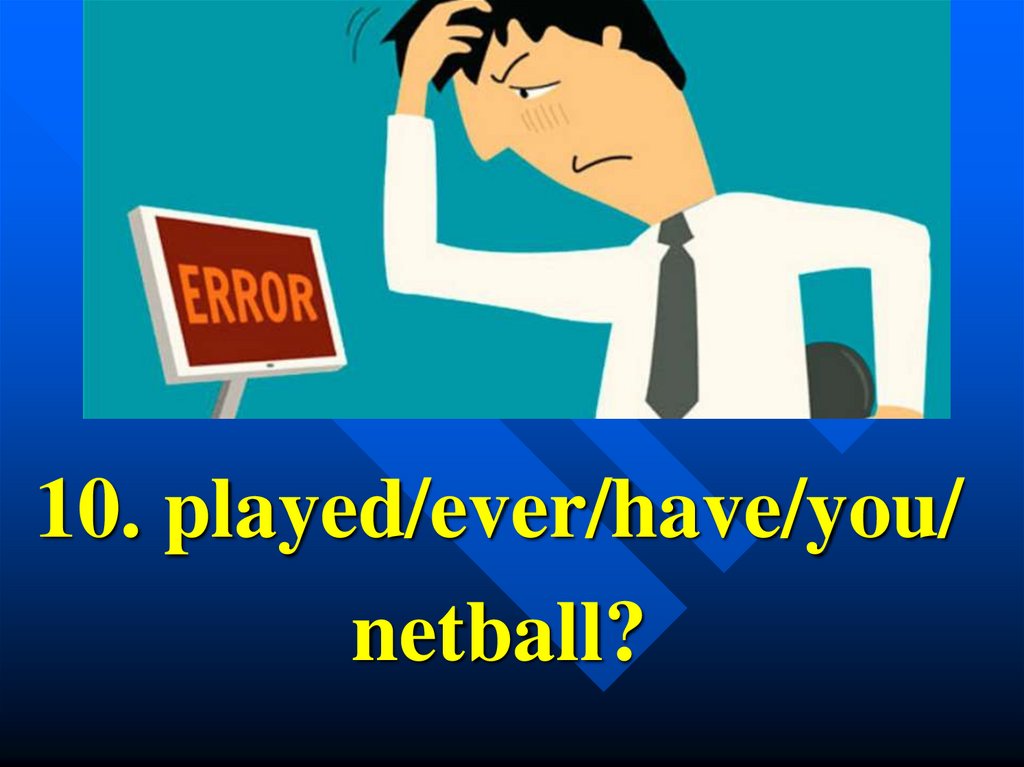
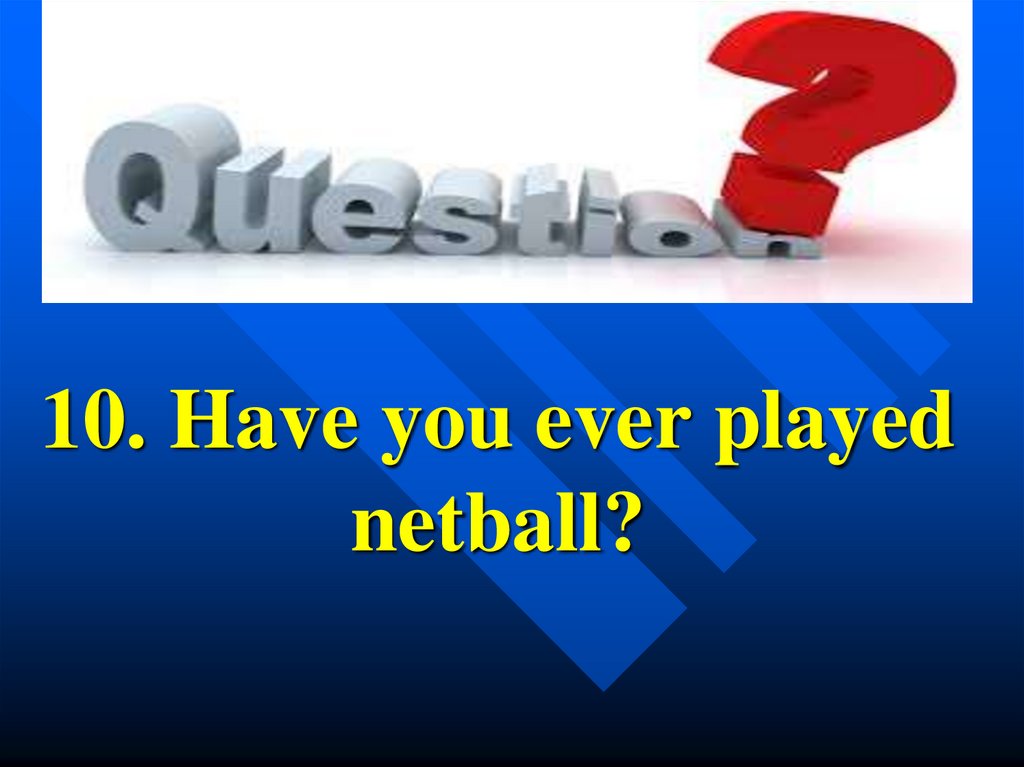
 english
english








